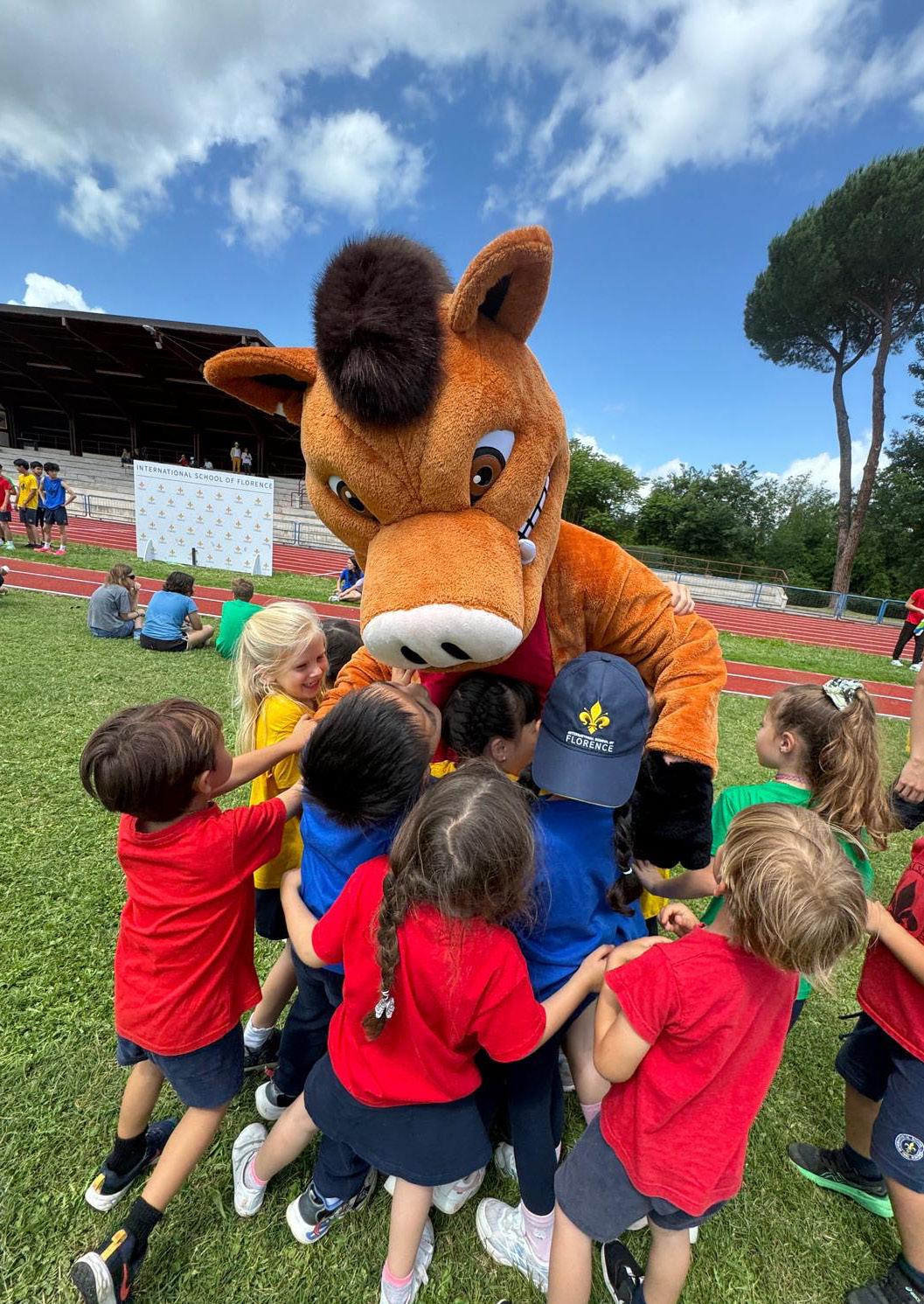
ISF NEWSLETTER JUNE 2024 | www.isfitaly.org
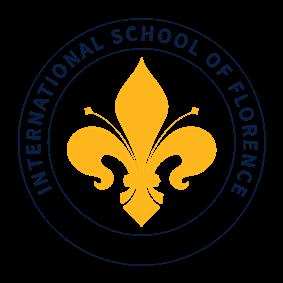
THE INTERNATIONAL SCHOOL OF FLORENCE NEWSLETTER , June 2024
Editor-in-Chief
Tanya Bruckner
Design and layout
Tess Hitchcock
Printer
Tipografia Color Print
ISF alumni, families, faculty, and friends are welcomed and encouraged to submit ideas and articles for consideration.
Inquiries may be addressed to: t.bruckner@isfitaly.org www.isfitaly.org
2
Octopus, Eric Iovan, Grade 6
3 From the Board Chair, Morgan Fiumi COMMUNITY ACADEMIC EVENTS CONGRATULATIONS! 4 6 ISF Amidst the Arts, Kristin Dick Departing Staff Cantabile
Vienna Back to the 80s
in
PYP Exhibition
Field Day
Teaching and Learning in Biology, Michael Landolfa Graduation JS Drama Productions PE Team School Spirit Prom ISF Gala Births and Weddings Interview with Jennifer Wang, Grade 6 School Development Fund From the Head of School, Sharyn Baddeley 8 10 16 24 20 26 21 27 22 28 30 32 29 33 34 12 14 IN THIS ISSUE...
Aztec and Greek Myths, Elizabeth Rodolico James
Innovative
FROM THE HEAD OF SCHOOL
SHARYN BADDELEY HEAD OF SCHOOL
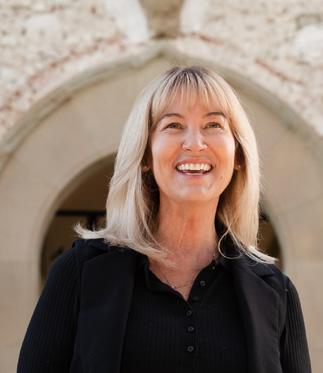
Welcome to the final newsletter of the year!
As we approach the end of the school year, it’s a time of reflection and transition for our ISF community. The closing of the academic year brings with it a range of emotions as some students bid farewell to friends, teachers, and familiar routines, while embarking on new adventures with their families.
June has been a month filled with significant milestones for our students, including examinations for many, marking their first steps into the world of academic assessments. Alongside the academic rigors, our calendar has been brimming with vibrant drama events, inspiring exhibitions, enriching parentteacher conferences, and exhilarating field trips.
As we wrap up this chapter and prepare for the new academic year ahead, both our dedicated teachers and eager students are ready for a well-deserved break. This time of rest and rejuvenation will provide the necessary energy and inspiration for another exciting and fulfilling year ahead.
Let’s celebrate the achievements of the past year, cherish the memories made, and eagerly anticipate the opportunities and challenges that await us in the future. Wishing everyone a restful and rejuvenating break as we look forward to another jam-packed year ahead at ISF.
Sharyn Baddeley Head of School

ISF JUNE 2024 NEWSLETTER 4
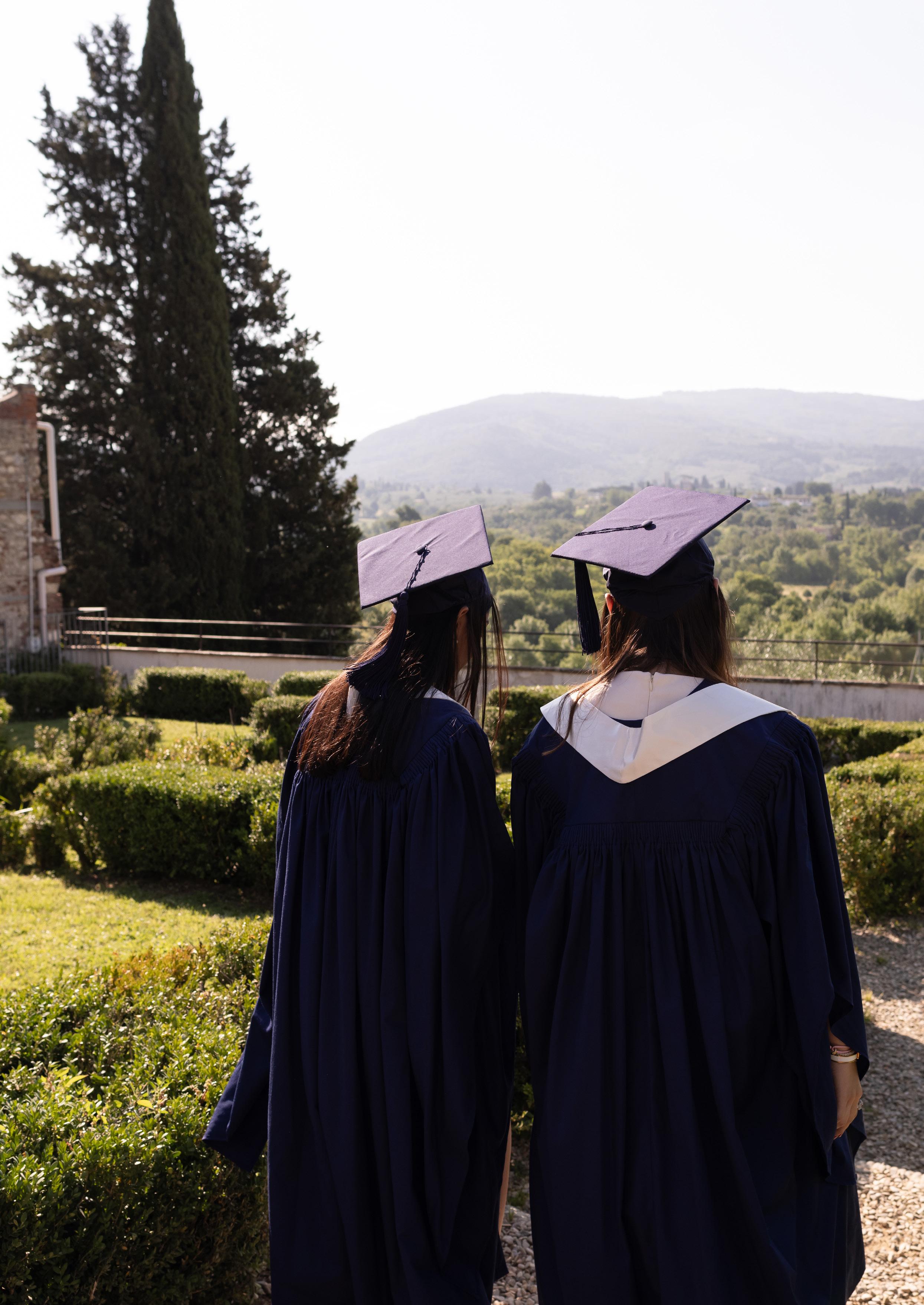
PURPOSE, DIRECTION, GRATITUDE
MORGAN FIUMI CHAIR OF THE BOARD OF DIRECTORS
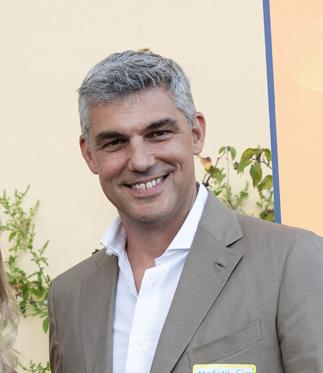
As we reach the end of the school year, I am proud to reflect on the enduring spirit of our school and the uniqueness of the ISF experience. This year has been filled with numerous highlights that have brought meaning and richness to our laboratory of learning. Our Upper School students organized FloMUN, one of Italy’s largest Model United Nations conferences, with more than 250 students from around the world in attendance. They learned diplomacy, negotiation, and public speaking while convening in Palazzo Vecchio, the heart of Florence’s government. Our young students in the Cantabile Choir had the incredible opportunity to sing with the Vienna Boys Choir and perform, immersing themselves in Vienna’s rich musical heritage. Our students also competed skillfully in numerous sports tournaments against some of the best international schools, learning valuable lessons in teamwork, discipline, and perseverance. In the “Back to the 80s” musical, our students showcased their talents in singing, acting, and stagecraft, promoting a message of empathy and kindness. The rigorous treks and overnight camping trips undertaken by our Duke of Edinburgh students tested their self-reliance and strengthened their self-confidence. These are just a few of the numerous and unique opportunities our students had to learn through hard work, laughter, friendships, and by fueling their curiosity and open-mindedness. These meaningful experiences, enriched by our distinctive environment and inclusive activities for all students from ages 3 to 18, will stay with them forever. We are deeply thankful to the school leadership, faculty, and staff who made these opportunities possible. Another highlight of the year was witnessing the commitment of parents to their children’s education. The Parents Association (PA) and the Gala Committee have set an admirable example. Giving back and volunteering aren’t always innate traits; they are often
learned by observing those around us. These groups have set a positive example for the community and our students.
The Gala was not just a fabulous evening but a wonderful moment to show appreciation for our community and our school, and to share the message that every one of us can make a difference in improving our school. There are many ways to help, and tuition alone cannot cover our ambitious goals. Support for the Development Fund is critical in helping our school grow. We are deeply appreciative of everyone who has contributed to the school this year, with particular thanks to the parents who have gone the extra mile. A culture of participation is a core value of ISF, benefiting everyone. This year has certainly brought its share of challenges. At ISF, we understand that our institution is made up of individuals with diverse perspectives and experiences, all working within the ever-changing field of education. We are committed to constructive communication, reflection, and taking action where improvements are needed. When challenges arise, we address them in the context of our goals: delivering on our mission, providing a meaningful learning experience, ensuring student well-being, and fostering global citizenship. By learning from our experiences and setting a positive example through our actions and responses, we can become a better school together. I often think of education at ISF as an impressionist painting. Up close, you see the myriad colors, varied brush strokes, and dynamic patterns and textures. The lack of rigid black-and-white boundaries can be unsettling, and the benefits of this educational journey may seem elusive at first. But as we step back, we can appreciate the totality and uniqueness of the experience. The blurred lines, seeming imperfections, segmented
ISF JUNE 2024 NEWSLETTER 6
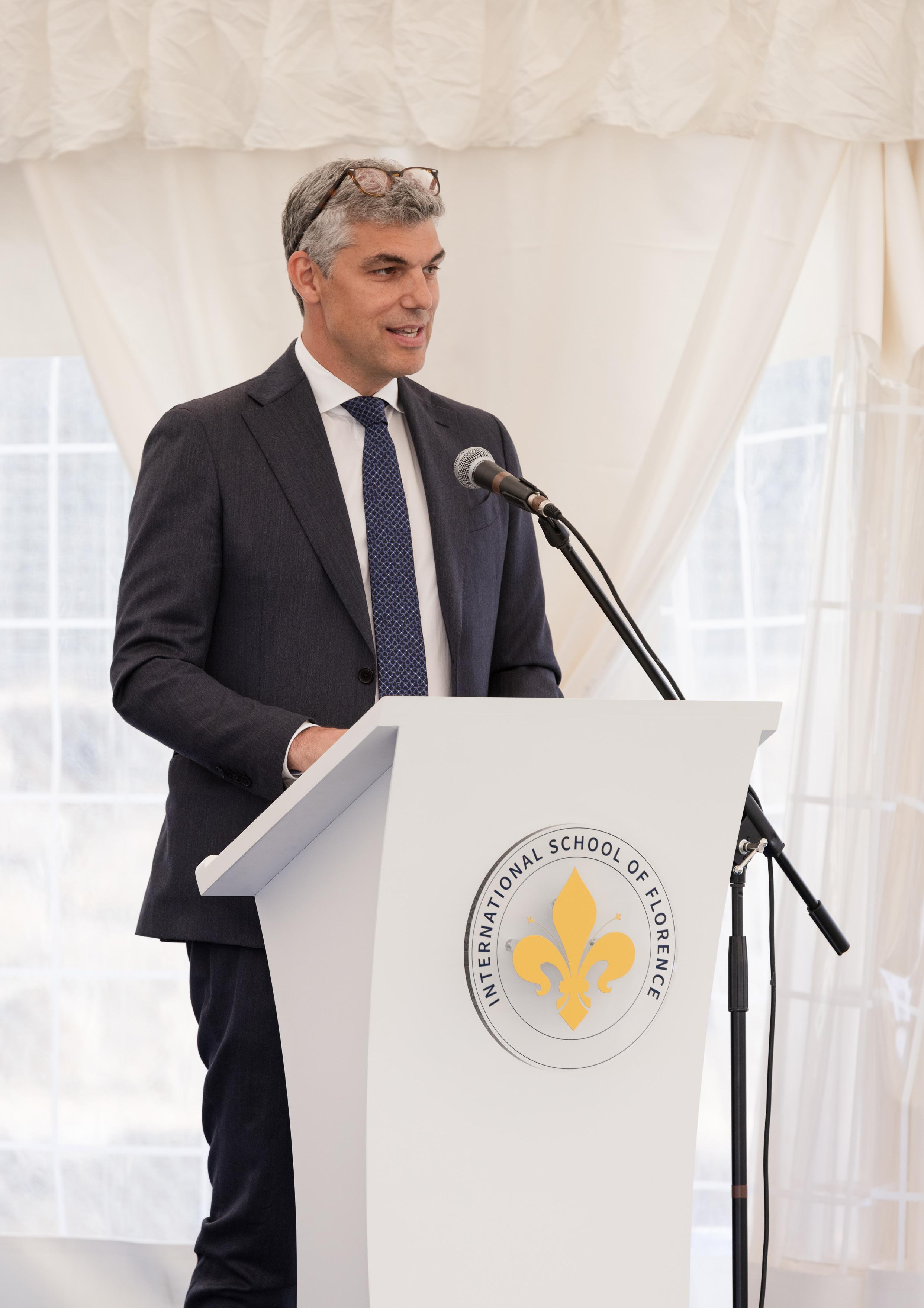
composition, and multitude of challenges add richness and depth to the journey, encouraging one to embrace uncertainty and adapt to new perspectives. This transformative, multi-year experience of growth, creative thinking, intellectual inquiry, and the development of lifelong friendships can be seen in our graduating seniors. They are embarking on exciting new paths as global citizens and ISF ambassadors. They will lead with inquiry and curiosity, empathy and kindness, and be wellprepared to bring an ISF-inspired light into everything they do.
We are proud of them, rooting for them, and most importantly, believing in them. We know we can count on them to inspire future ISF graduates. Thank you for your continued trust in ISF, and I wish you a wonderful summer.
ISF AMIDST THE ARTS
KRISTIN DICK
GRADE 7 + GRADE 11 PARENT
One of the benefits of living in Florence is access to incredible art, both historic and contemporary. In January, a group of ISF parents organized a weekday morning trip to the Uffizi Galleries to take advantage of the “emptiness” of the winter months and to join the Amici degli Uffizi family membership program. The upcoming opening of the famed Venice Biennale of Art, which will run until November, is another example of global resources that are just a short train-ride away.
The Art portion of the event will celebrate its 60th year in 2024. Opening April 20, it will run for almost seven months until November 24. Venice is a 2 hour 15 minute direct train ride from Florence, making this visit an easy day-trip or reason to spend the weekend exploring the city.
During the Biennale, there is a plethora of official and unofficial works of art available to see submitted by artists and nations from all over the world. Some works are centrally located on the Biennale grounds (Arsenale and Giardini) while others are dispersed throughout the city. While Venice can be notorious for being over crowded with tourists, unless you are going to the Biennale on opening or closing weekend, you will find it refreshingly manageable.
The Biennale di Venezia has roots dating back to 1895 and includes exhibitions divided into Art, Architecture, Cinema, Dance, Music, Theater and Historic Archives. Each runs at overlapping or different times throughout the two-year cycle.
In 2022, 213 artists from 58 different countries exhibited their work in the official portion of the Biennale. The 2024 Biennale promises a similar vast selection of art. Once you arrive, there are a multitude of areas to explore:
The Arsenale, a collection of former armories and shipyards that allows for works of art on a grand scale.
The Giardini which includes the Central Pavilion and 20+ National Pavilions containing works by artists who have been selected to represent their county. Visiting the National Pavilions gives you a fascinating opportunity, along with your kids, to compare and contrast, to talk about culture and countries, and to see how each artist approaches their work.
Other locations around Venice are situated within existing old or ancient structures. In 2022 we found a small church across from La Fenice Opera House that was used for an elaborate electric light installation. The past and current work of Anish Kapoor was shown at The Gallerie dell’Accademia di Venezia and at his recently purchased Palazzo Manfrin. Walking the streets you will find signs indicating where these are located and can often just pop in.
This year’s 60th edition of the Venice Biennale title and theme is “Foreigners Everywhere” and is curated by Brazilian Adriano Pedrosa. More information, including single and multi-day tickets that can be purchased online, can be found at the Venice Biennale website. If you plan to spend the night, it is advised to book your hotel in advance.
Finally, please do note that some of the art may have mature themes that could be disturbing to younger viewers, or to viewers of any age.
ISF JUNE 2024 NEWSLETTER 8

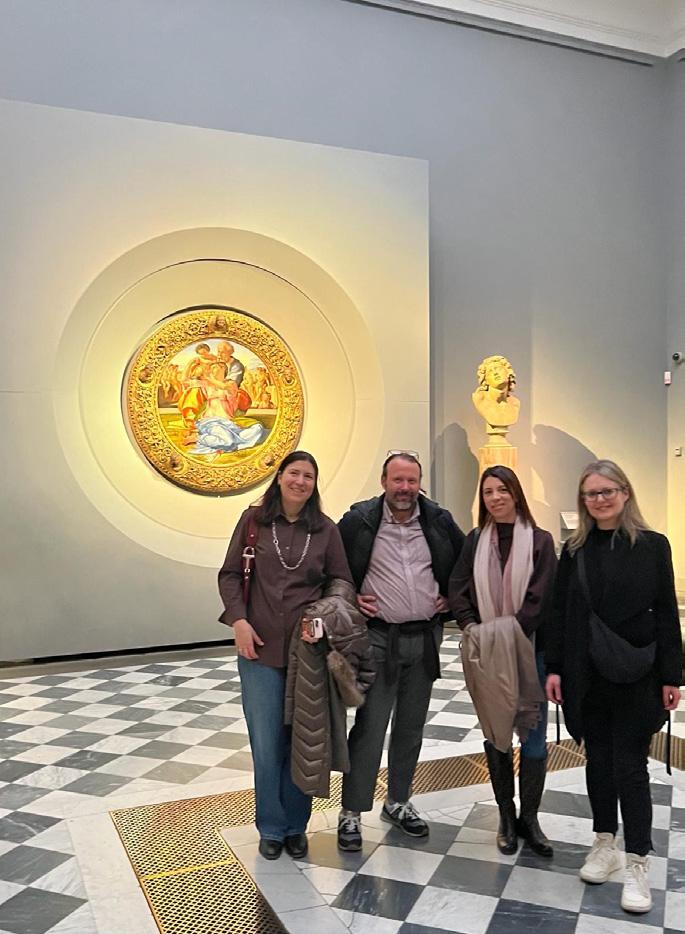
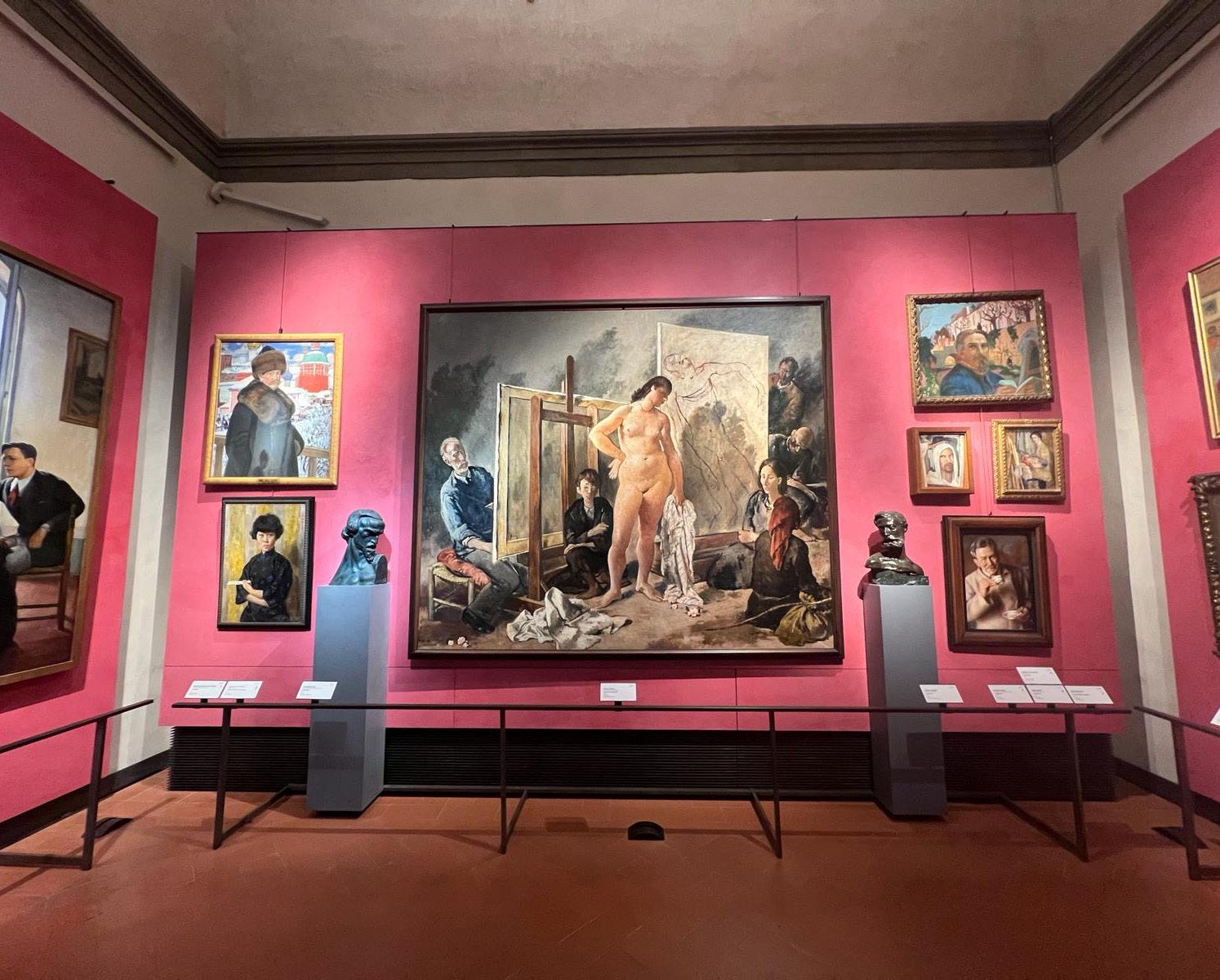
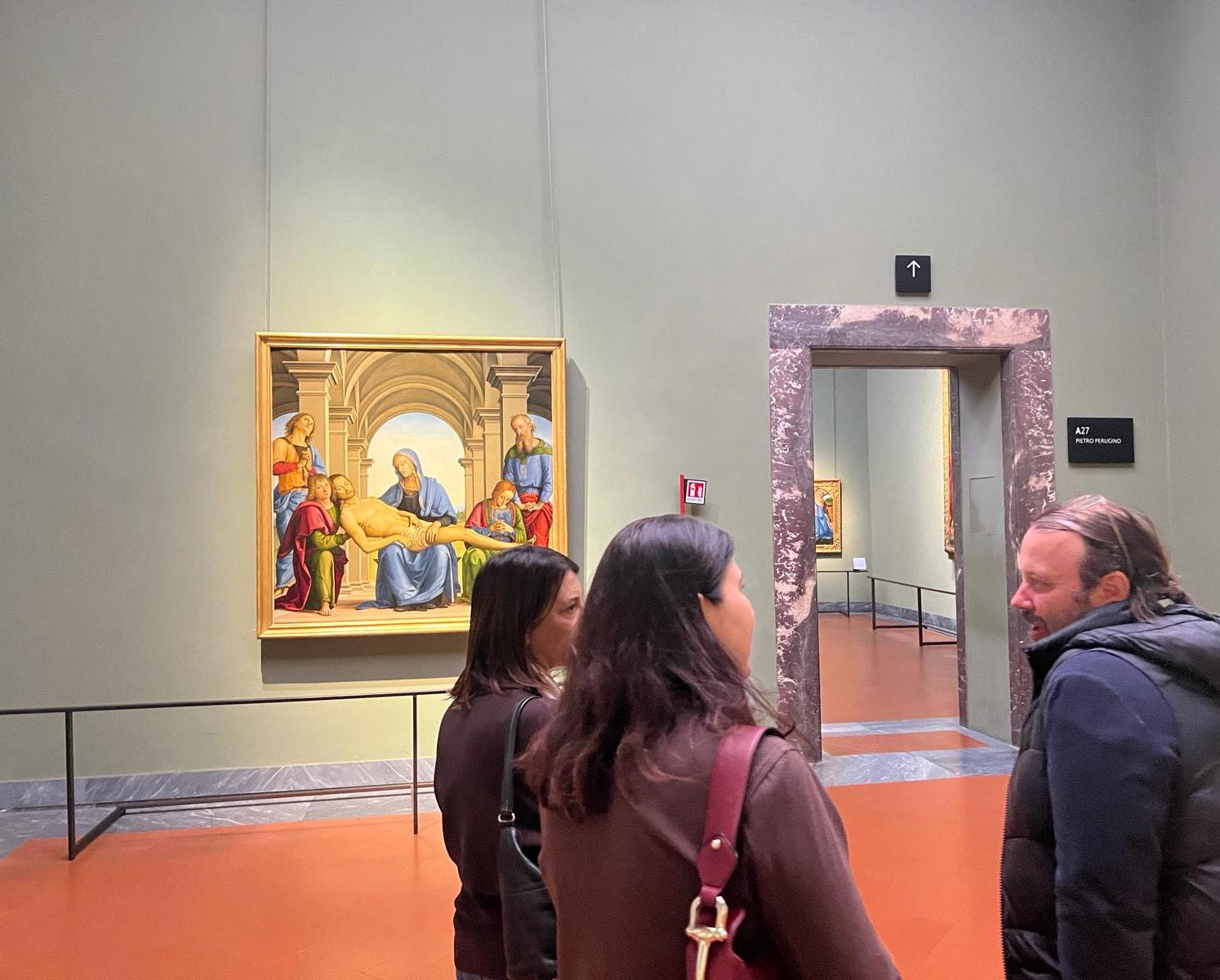
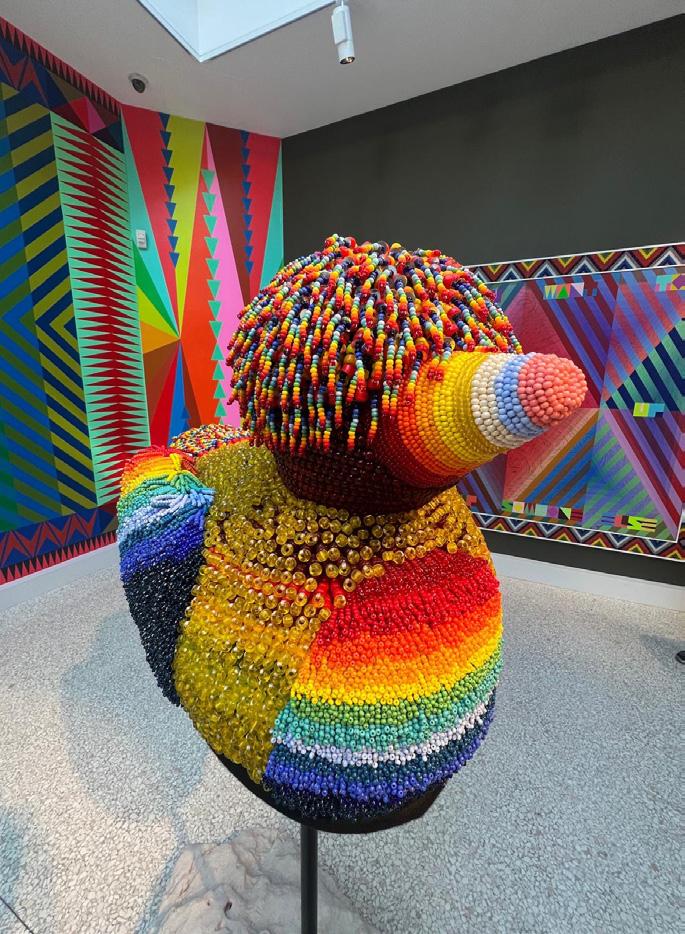
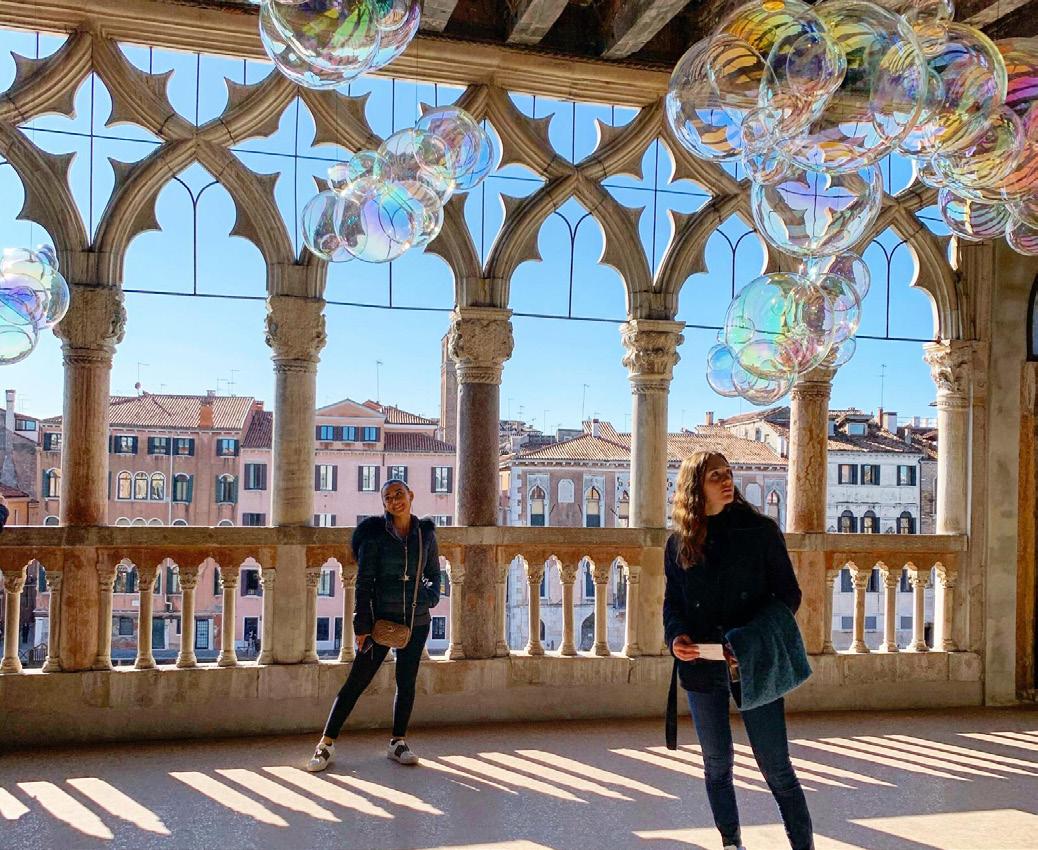
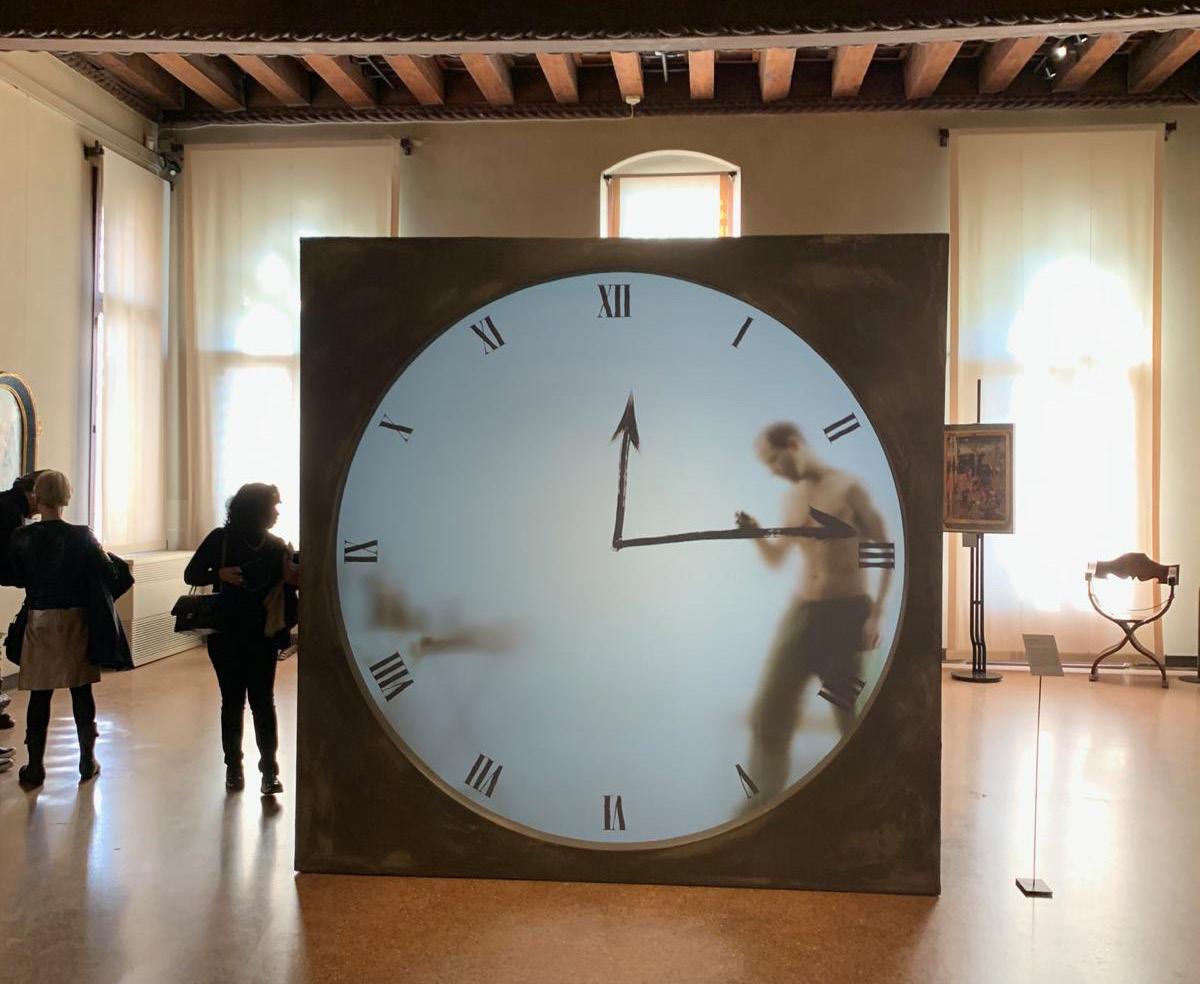
1The Uffizi opens at 8:15 in the morning Tuesday through Sunday, and you can find more information about their membership program (which also includes free entrance to the Palazzo Pitti, Boboli Garden, Bardini Garden) here.
2https://www.labiennale.org/en/art/2022/59th-exhibition#:~:text=The%20Exhibition%20takes%20place%20in,time%20in%20the%20International%20 Exhibition
3Past exhibitors included Albania, Argentina, Chile, People’s Republic of China, Croatia, Georgia, Indonesia, Ireland, Italy, Republic of Kosovo, Latvia, Luxembourg, Former Yugoslav Republic of Macedonia, Malta, Mexico, New Zealand, Peru, Philippines, Singapore, Republic of Slovenia, Republic of South Africa, Tunisia, Turkey, and United Arab Emirates.
ISF JUNE 2024 NEWSLETTER 9
DEPARTING STAFF
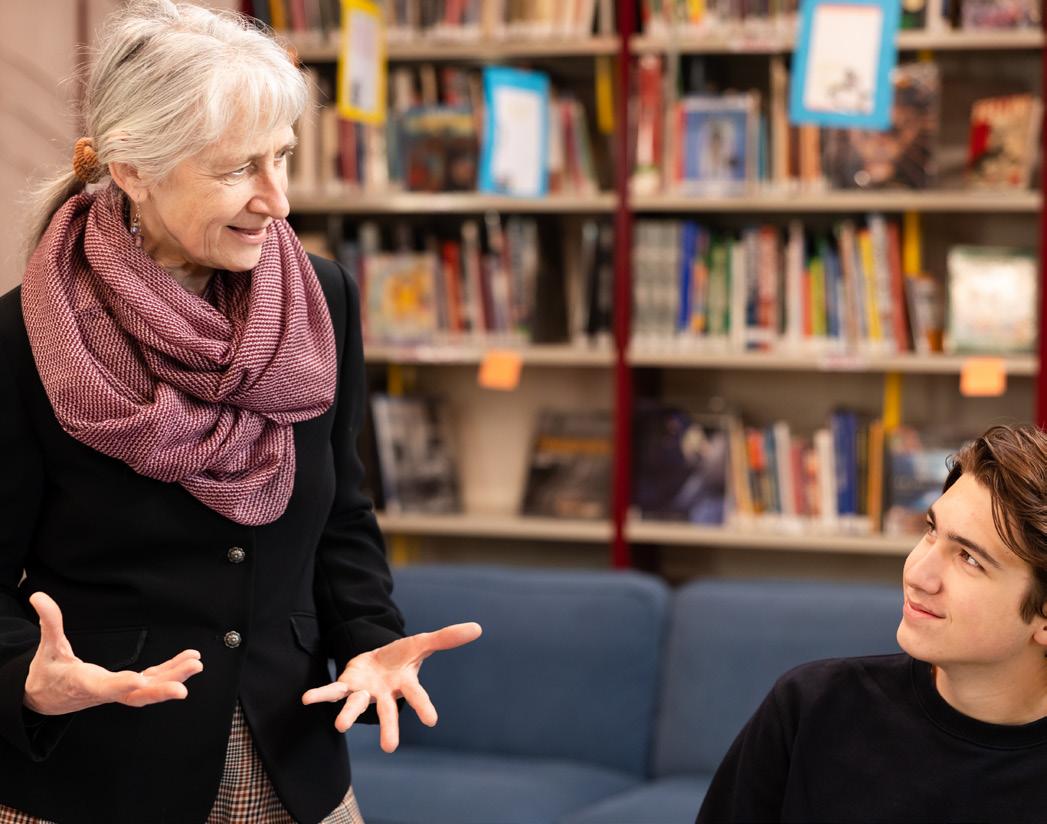
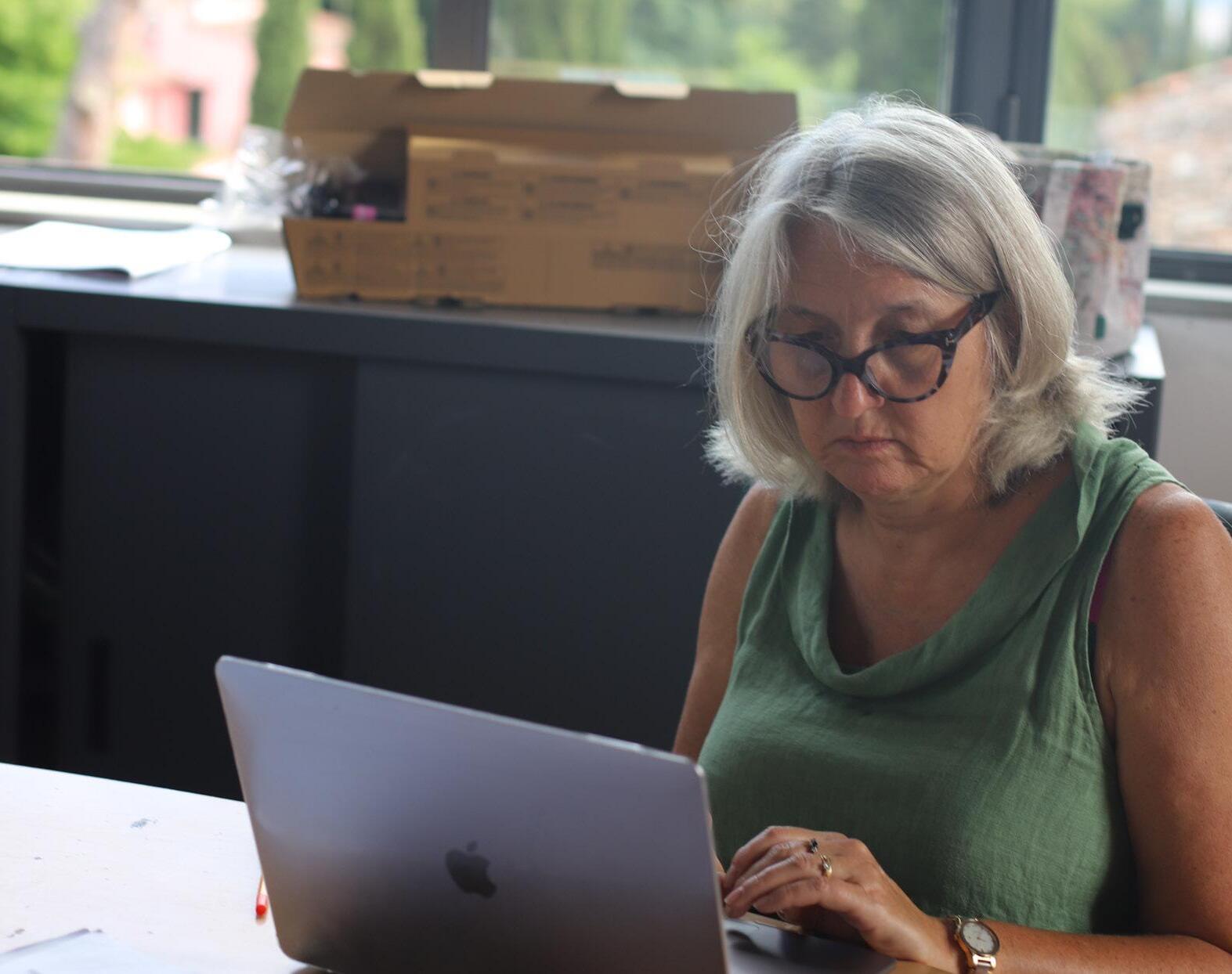
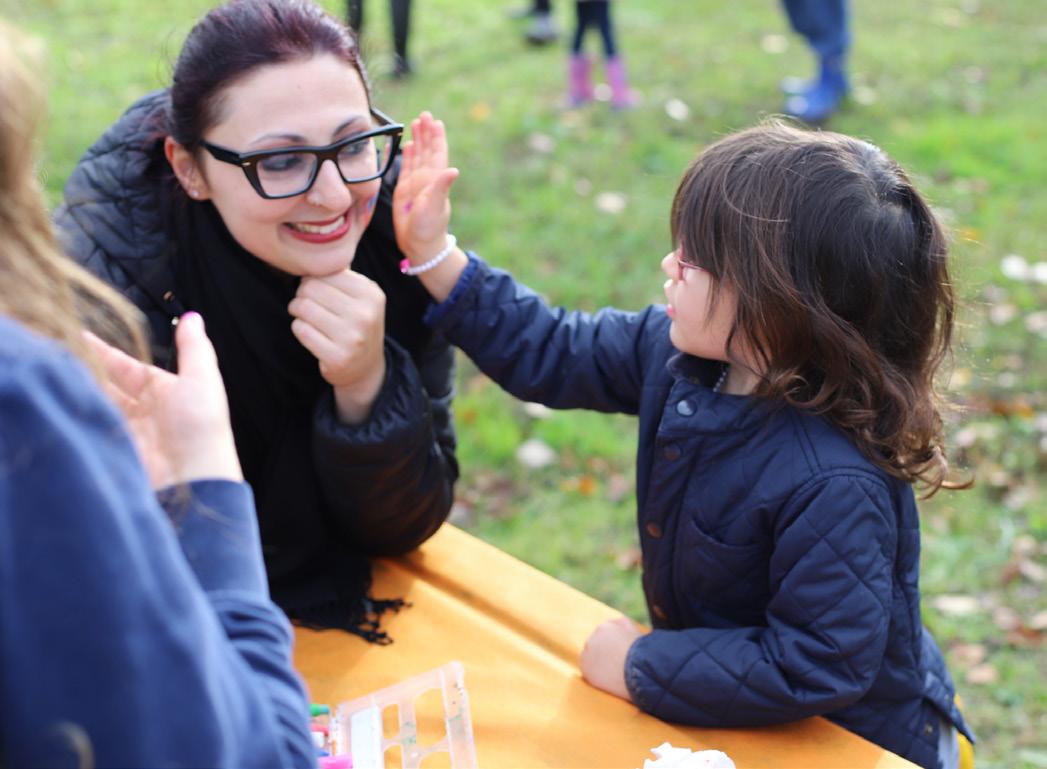
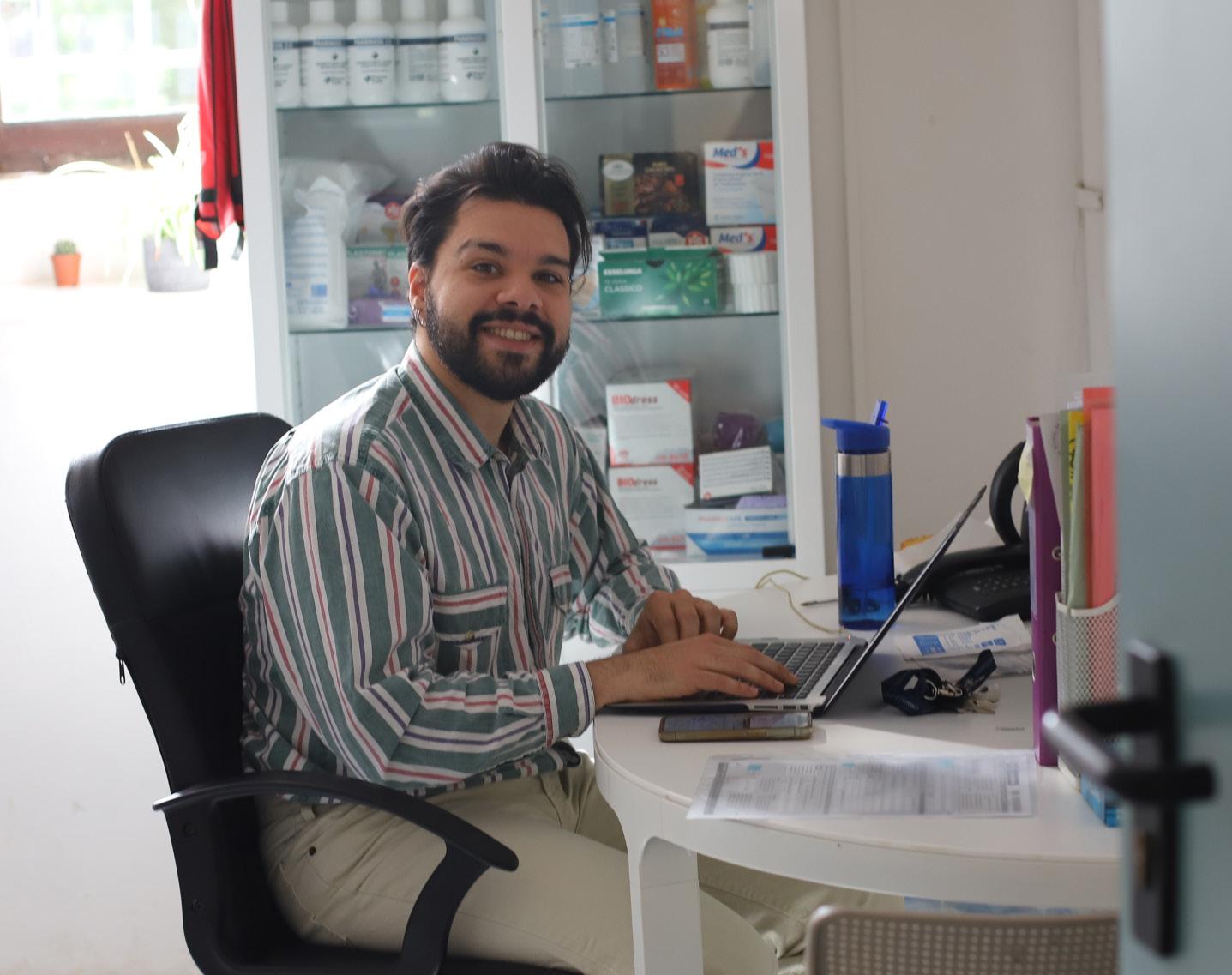
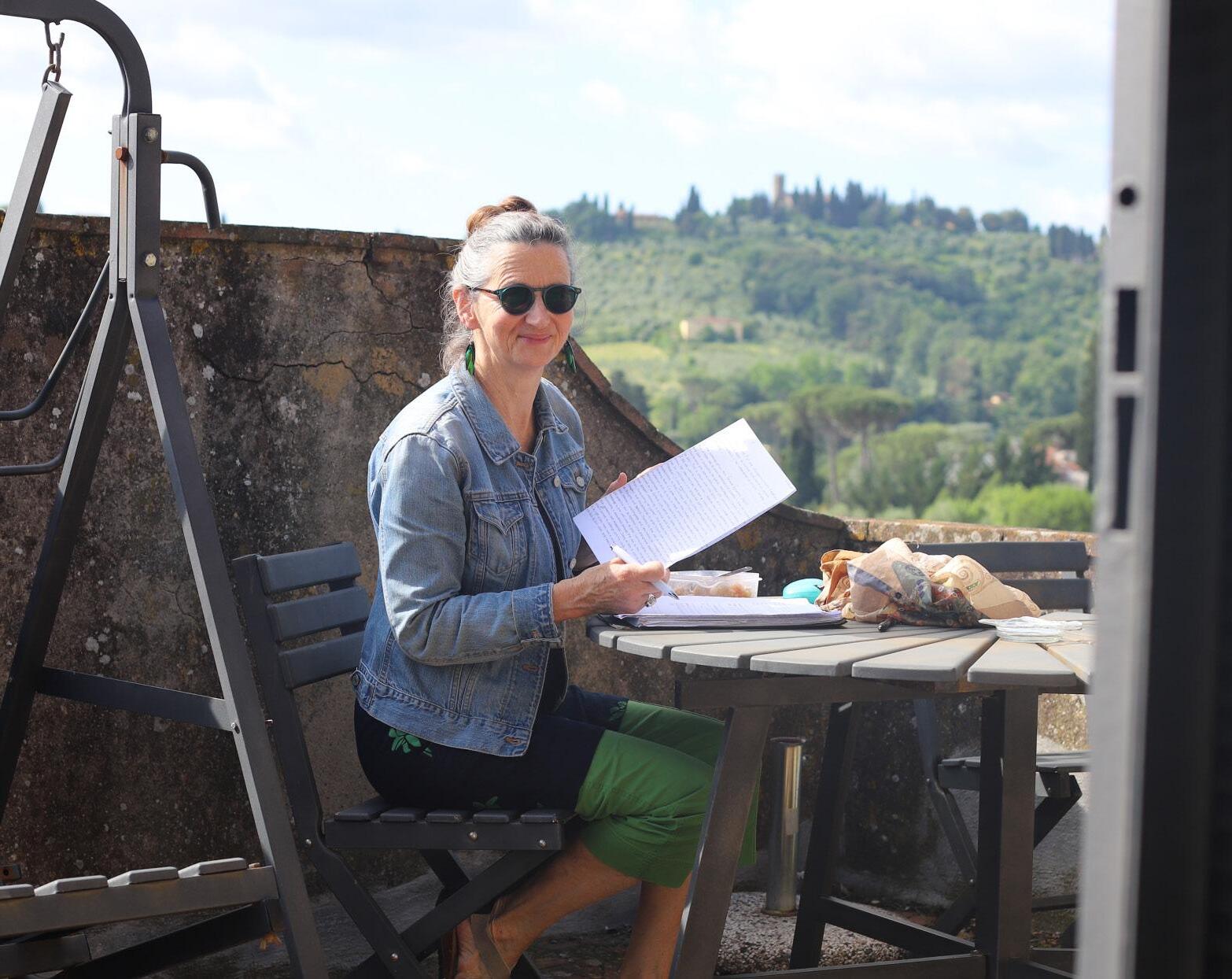
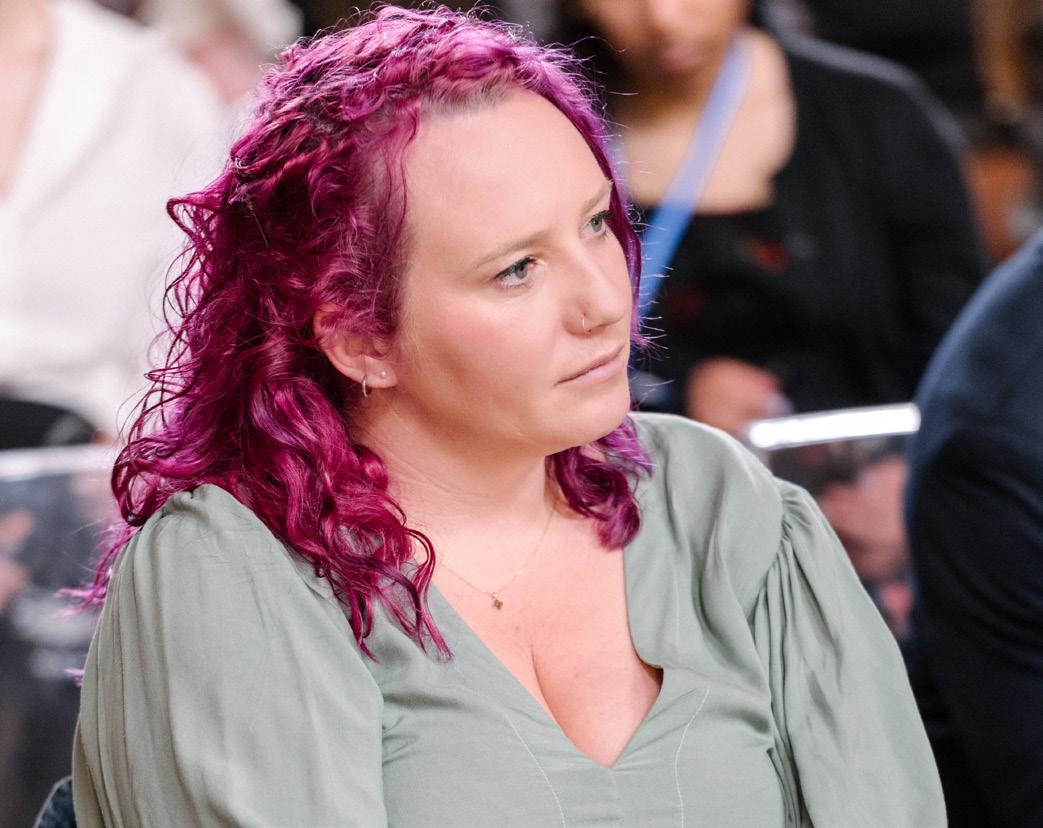
ISF JUNE 2024 NEWSLETTER 10
CLAIRE ANGELETTI
FILIPPO BOSCOLO
CHRISTINA HEAMES JILL HOLLAND
ROSA MATRICIANO
RACHEL MCCUE
DEPARTING STAFF
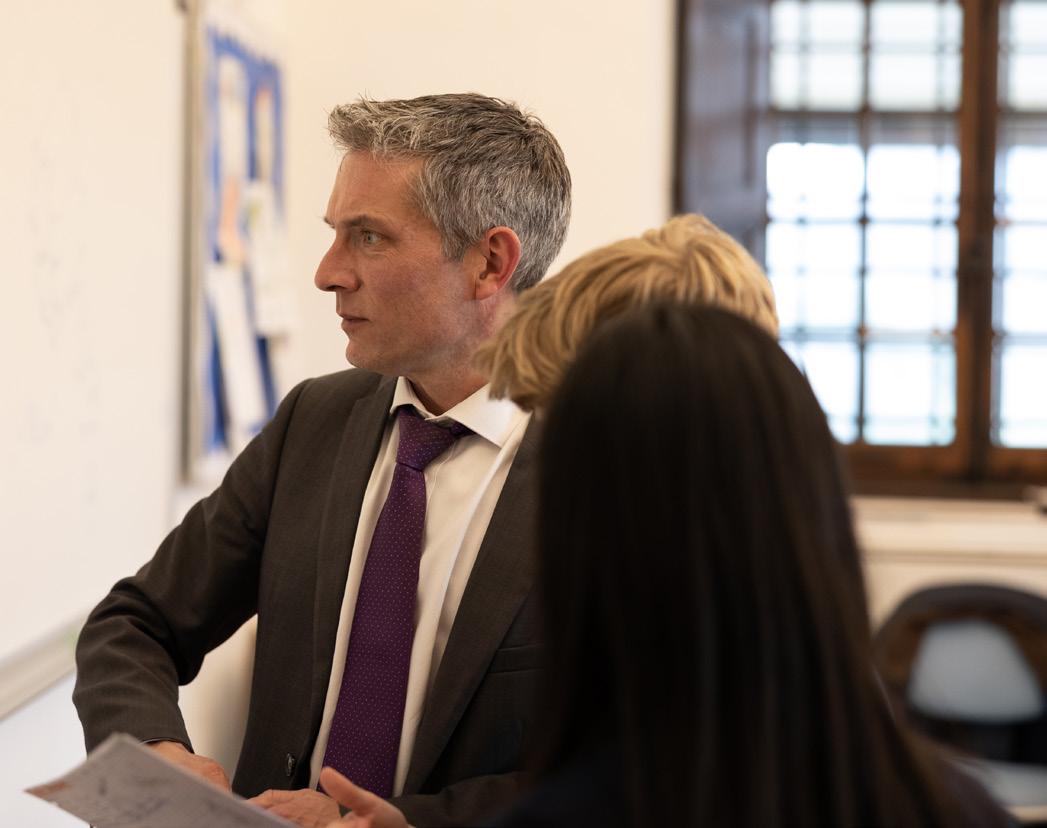
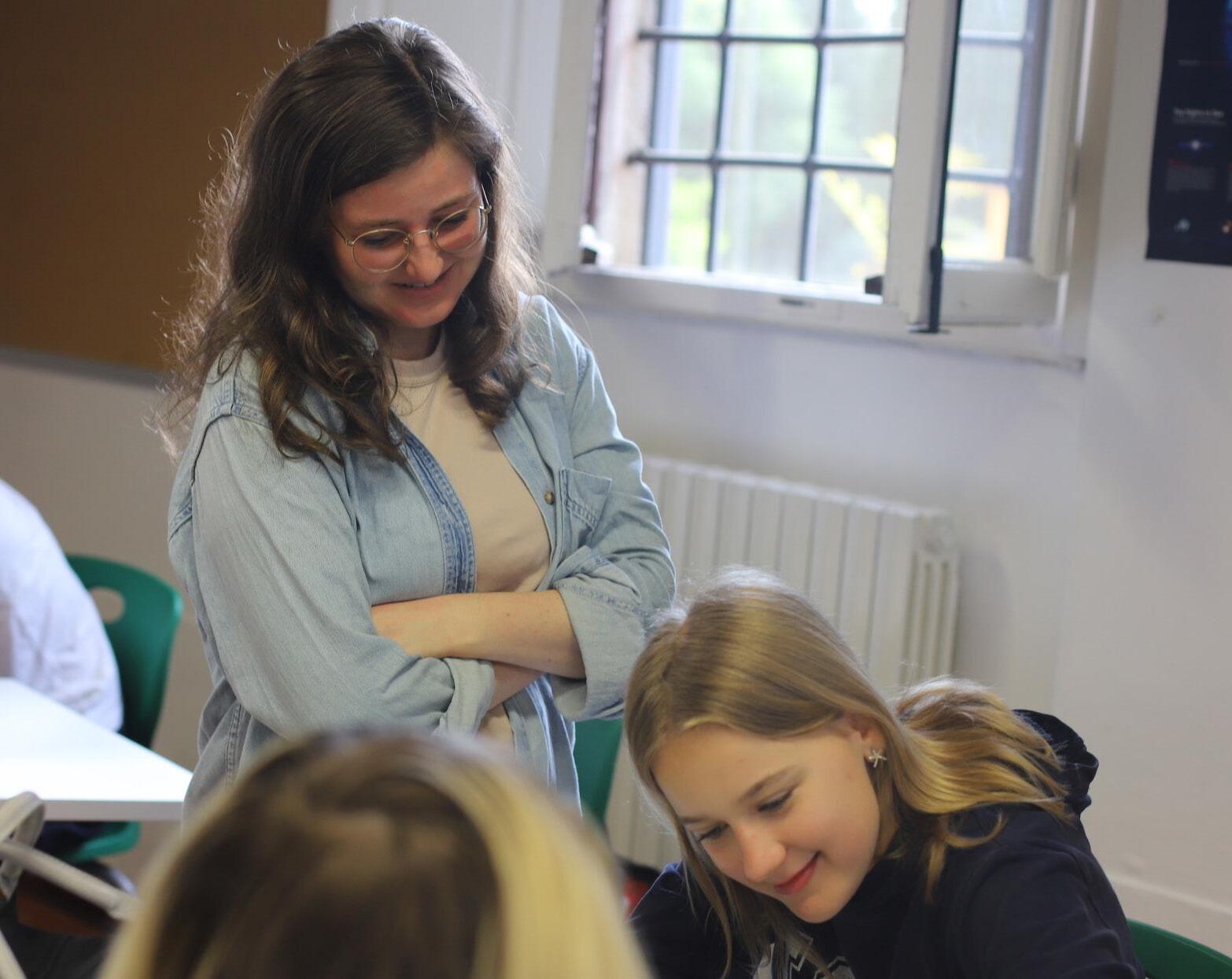
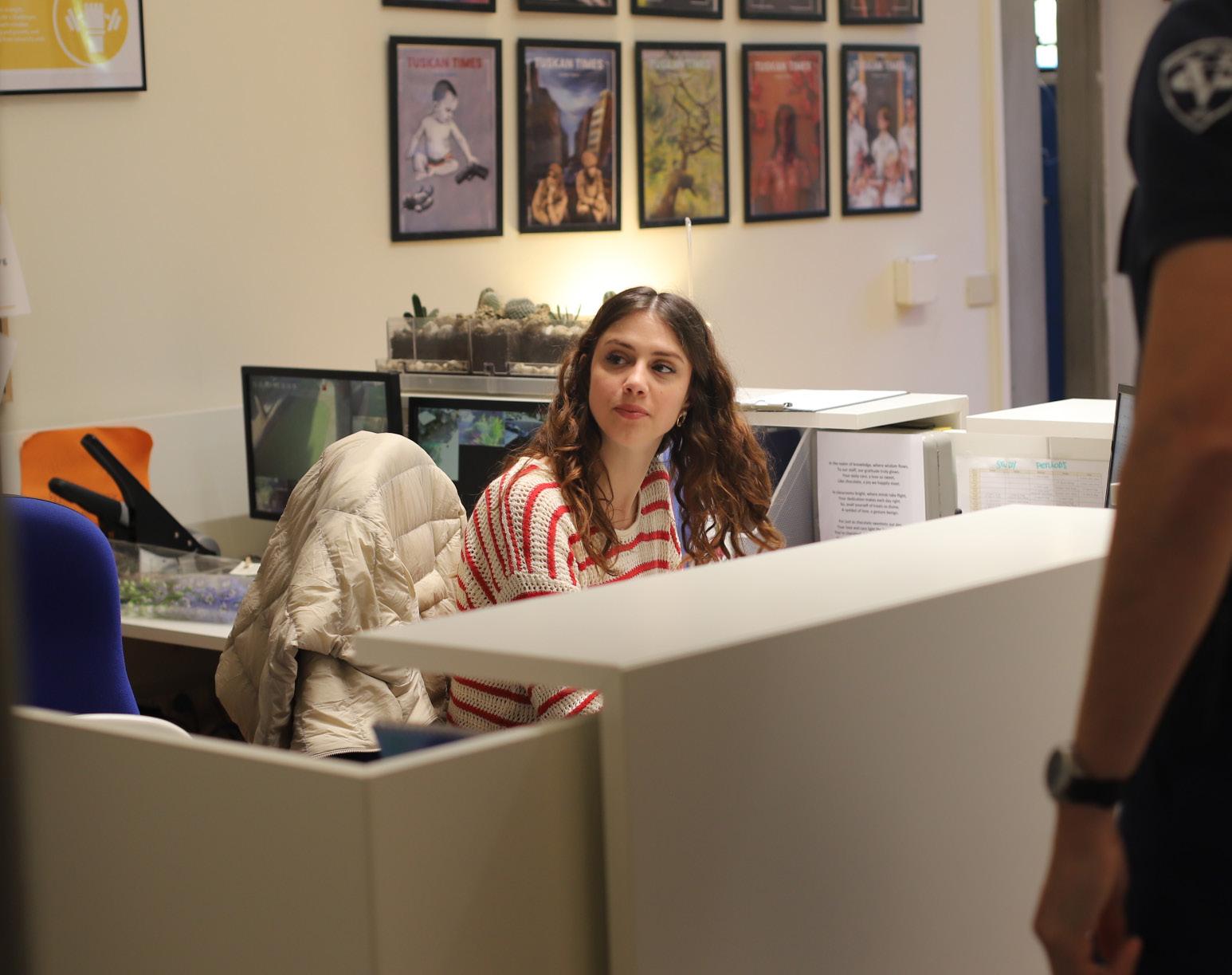
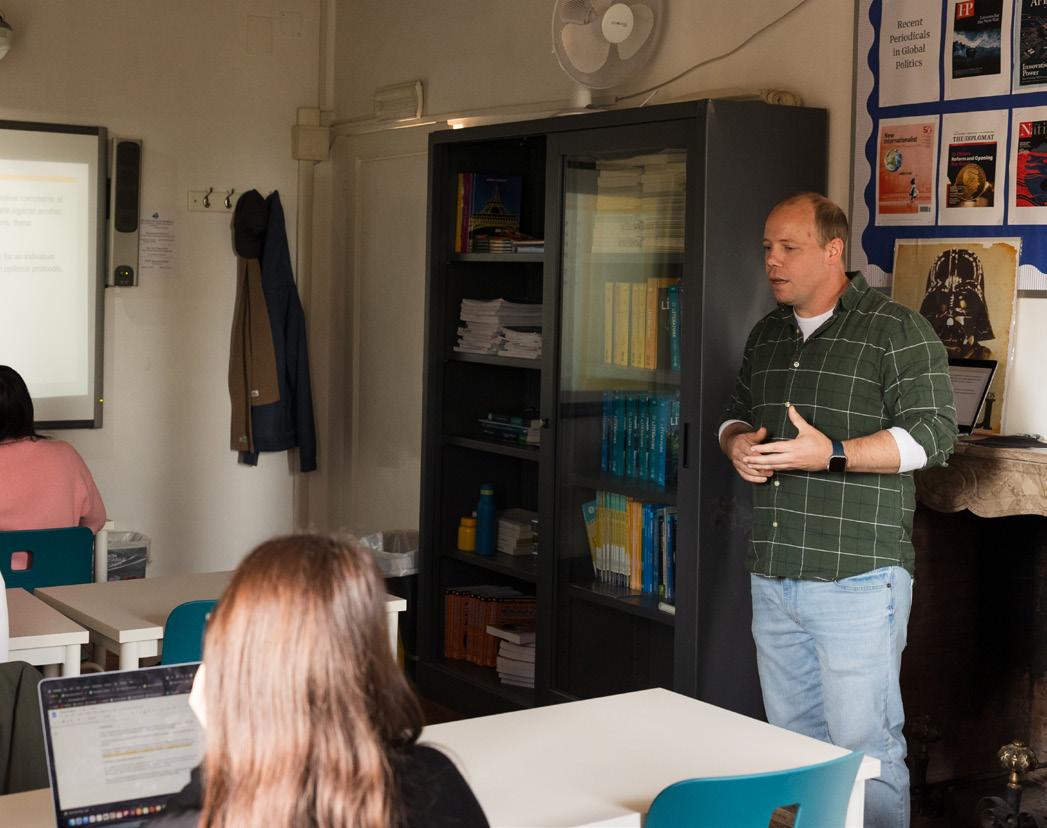

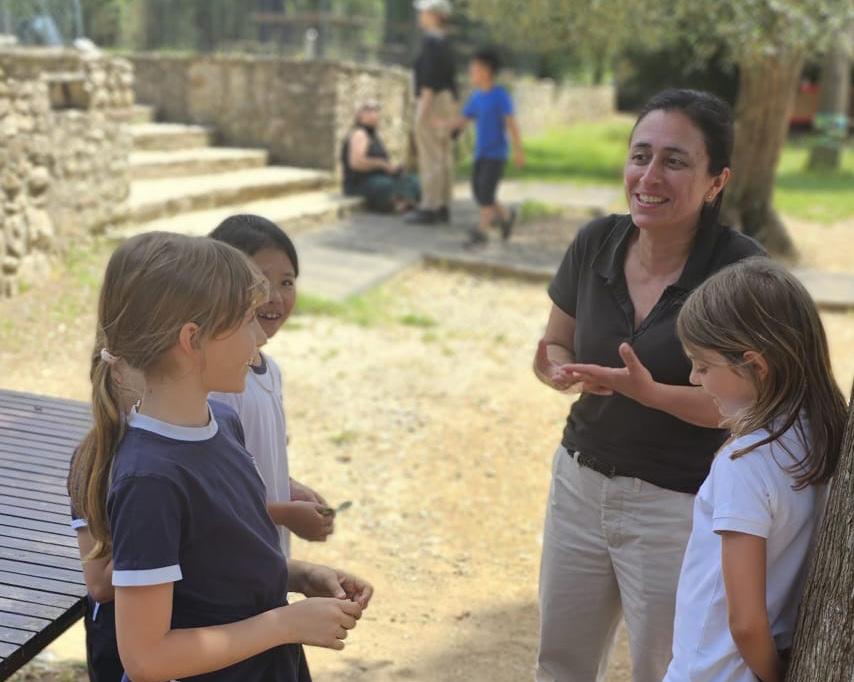
ISF JUNE 2024 NEWSLETTER 11
RICHARD POLES AARON SMITH
LILY SPEARMAN
ILARIA TOZZATO
MONICA ROMAN
CLAIRE VINCENTI
EQUESTRIAN CHAMPION!
AN INTERVIEW WITH JENNIFER WANG, GRADE 6
What was it like competing at Piazza di Siena, and how did it feel to perform in such a historic and beautiful setting?
It was a very nice experience. Since it was the first time competing in this race I felt really nervous but also competing with a team was a nervous experience since it was such an important competition.
What is it like being on an equestrian team?
It’s really fun and nice to be on a team. All the other people are really kind and fun to be with. I was definitely nervous at first because I didn’t really know some people. But then I got to know them better and from my experience being on a team is really fun.
What’s the name of your horse?
Gazelle des Chenaies
Can you share the awards you won at Piazza di Siena and what they mean to you personally?
The awards were really special to me since it was the first time going to this race and i was able to get top 3 in the individual and we got 1st in the team competition and it was the first time tuscany got first place at Piazza di Siena so it was a really special win for us.
How do you prepare for a competition like Piazza di Siena, both mentally and physically?
You definitely have to prepare your horse well but also have to prepare yourself, for me all that matters is that I get good rest and have my pony ready.
What challenges did you face during the competitions at Piazza di Siena, and how did you overcome them?
A challenge i have faced is the pressure I had on the last day of the race, because i had to finish the race with 0 penalties if not I would let my team down.
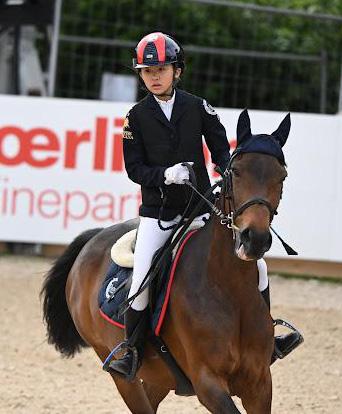
How has your experience at Piazza di Siena influenced your goals and aspirations as a student-athlete?
It has changed how i see my future with my pony, since i haven’t had my pony Gazelle for a long time so i didn’t know what i would expect and what would be our future like how much she would jump, If we would do any important race etc…
But now slowly slowly we are getting to know eachother better and i’m able to see that Gazelle is able to jump tall and bring me to lots of places.
ISF JUNE 2024 NEWSLETTER 12

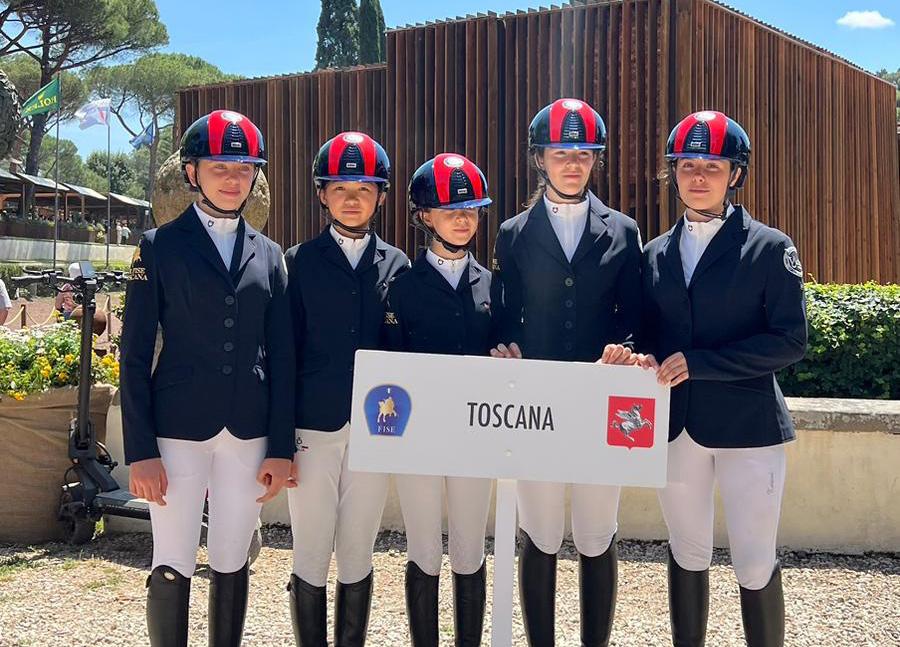
ISF JUNE 2024 NEWSLETTER 13
SCHOOL DEVELOPMENT FUND
The International School of Florence is the school it is today thanks to generations of families who believe in the power of an international education and the strength of community. When we join together to donate our time, talent and financial resources, we not only model for our children what working together as a community looks like, but we ensure that ISF will remain an inclusive, student-centred learning environment for generations to come.
Contributions to the School Development Fund allow program expansion beyond our planned operations and facility improvements on our campuses. These contributions are significantly improving the ISF educational experience and we are deeply grateful for the generosity of our donors. There are three major areas where the School Development Fund has the most impact;
• Academic excellence and innovation
• Student experience
• Campus development
From Early Years through High School we are constantly striving to be the best school possible. Students in Early Years are enjoying their new outdoor play area and plans for resurfacing the Foundation play area are underway. There will soon be new smartboards for the Junior School and Upper School, new science equipment, furniture and equipment for the school libraries and support for exceptional field trips. The School Development Fund gives us the opportunity to invest in initiatives that will deepen our students ethical engagement with the world. These additional resources will magnify student educational impact and guarantee it for future generations. With our newly renewed values at heart, we are preparing a new generation of students with the Relationships, Resilience, Respect and Responibility to create the changes our world needs.
EARLY YEARS
We have made some exciting enhancements to our Early Years playground, thanks to Gala funds and our amazing maintenance team. Our new sensory pathway allows students to experience walking on different textures. This area will be further enriched with herbs and fragrant flowers in the spring.
We’ve also built a mud kitchen and shop where students can use their imagination to create delicious dishes for their teachers and friends to try. Additionally, we have a brandnew sand pit equipped with an array of digging tools and an improved gross motor area where students can build with new giant bricks and blocks on a flat surface.
In the fall, we will further enhance the playground by adding a water feature that will provide flexible and dynamic play opportunities with water.
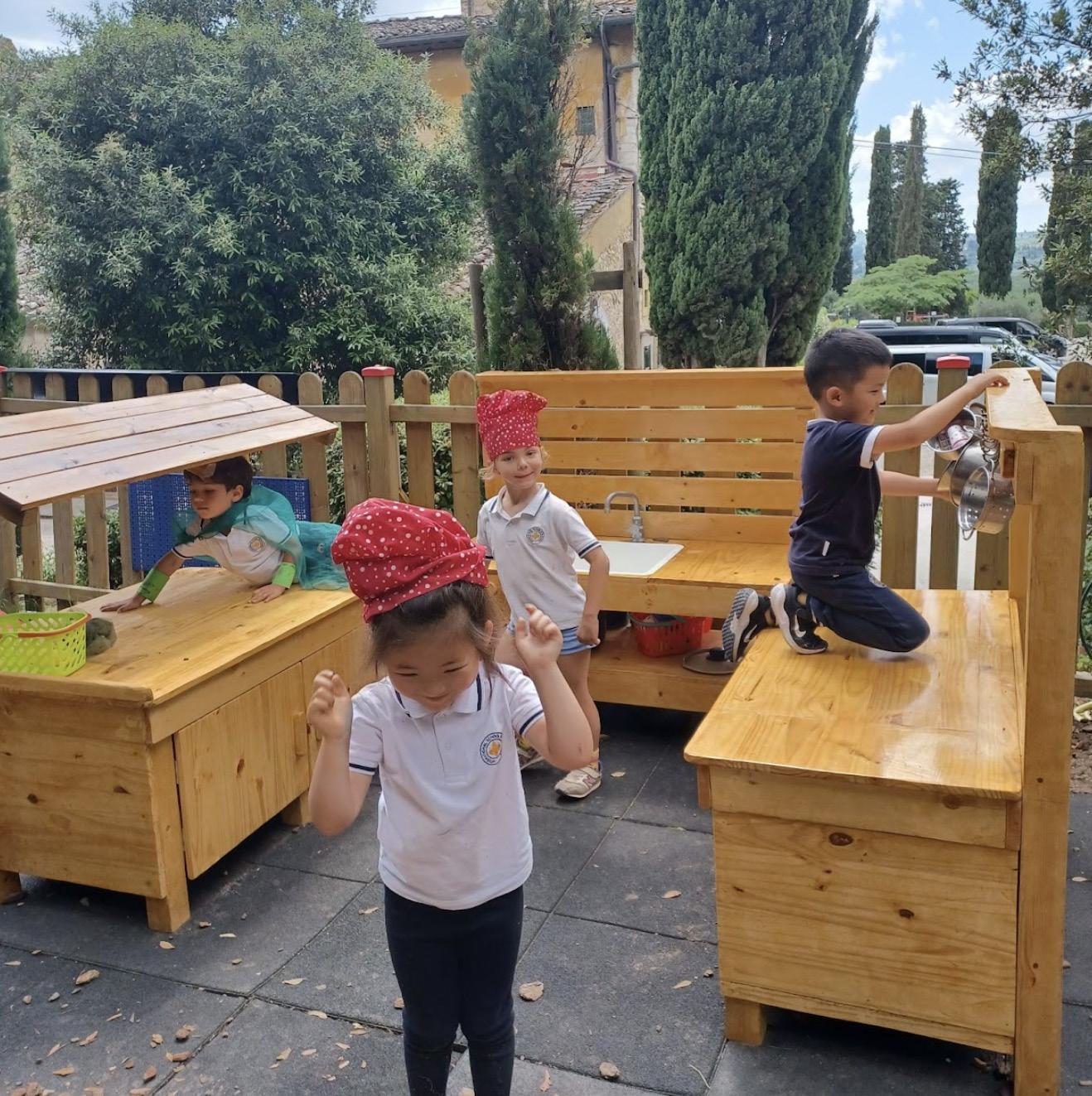
ISF JUNE 2024 NEWSLETTER 14
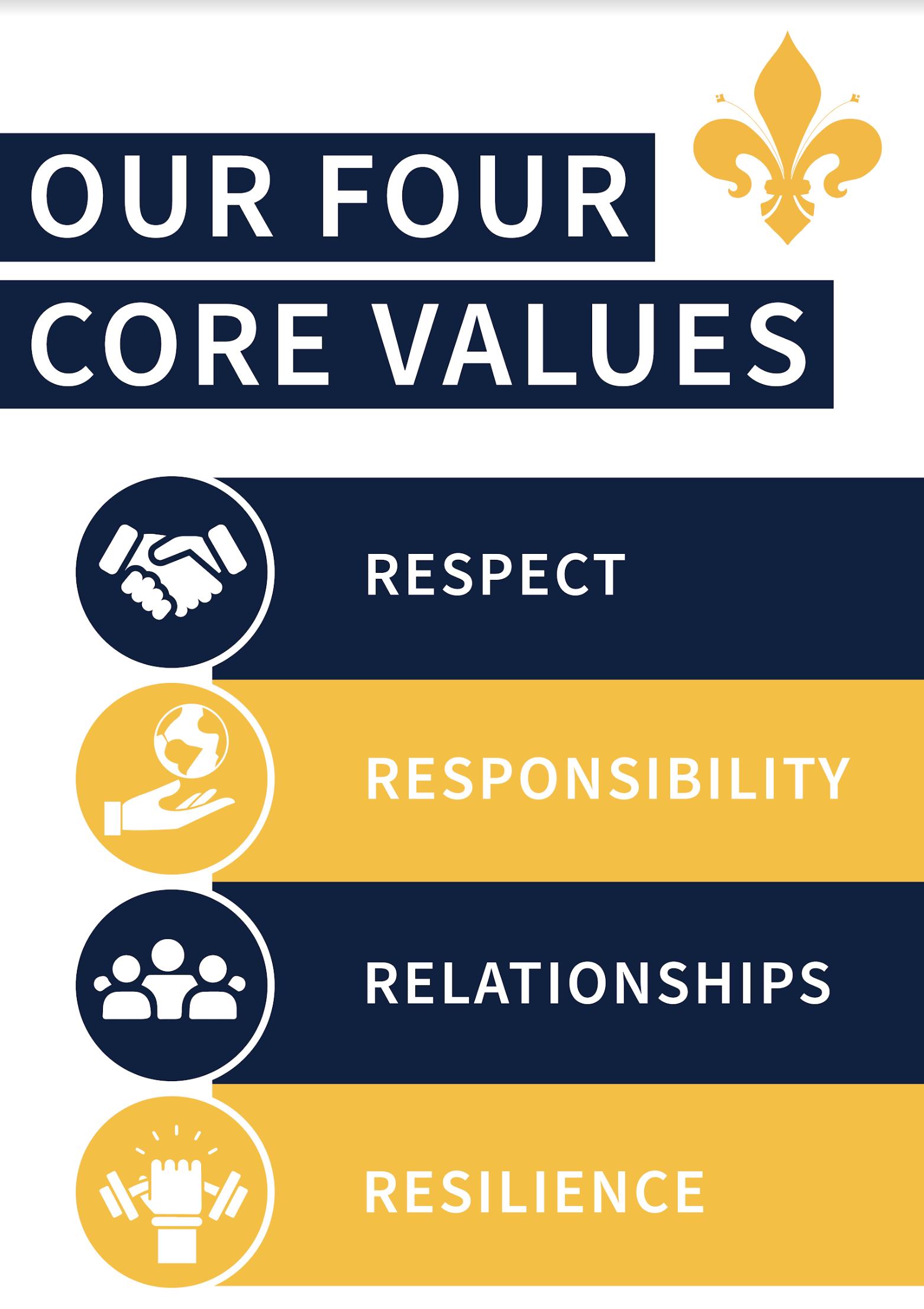
VIENNA
FAMIGLIA SABATINI, PROFUMERIA LE VANIT À TRANSLATED FROM ITALIAN BY REBECCA OLIVER
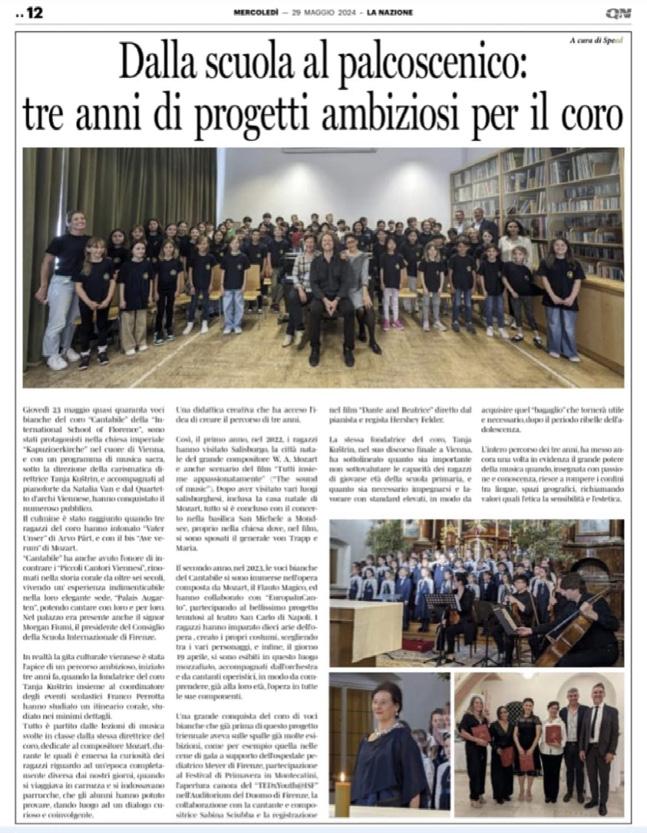
FROM SCHOOL TO STAGE: AMBITIOUS THREE-YEAR PROJECT FOR SCHOOL CHOIR
On Thursday, May 23 nearly forty ‘voci bianche’ from the International School of Florence’s Cantabile children’s choir took center stage in the imperial church ‘Kapuzinerkirche’ in the heart of Vienna. Directed by the charismatic music teacher Tanja Kuśtrin of the Junior School and accompanied by pianist Natalia Van and the Viennese String Quartet, they captivated the audience with their rich program of sacred music. A moving highlight of the performance was when three children from the choir performed a stunning rendition of ‘Vater Unser’ by Arvo Pãrt, and an encore of “Ave Verum” by Mozart.
The Cantabile choir had the honour of meeting the Vienna Boy’s Choir, one of the oldest and best-known boy’s choirs in the entire world, at their elegant headquarters in “Palais Augarten”, where they performed for and with the Vienna Boy’s Choir. Morgan Fiumi, Chairman of the Board at the International School of Florence, was among those attending the performance.
The Vienna music project was the culmination of an ambitious and visionary project that started three years ago when the founder of the Cantabile choir Tanja Kuśtrin and the school’s Events Coordinator Franco Perotta crafted a long-term choral itinerary and educational experience.
It all began during the music lessons taught by the choir director herself, focused on the music of the great composer Mozart. The children were curious about Mozart’s era when people travelled in carriages and wore elaborate wigs. They tried on costumes and wigs from those times and this full immersion resulted in a vibrant and engaging dialogue. These captivating and creative lessons sparked the idea of a three-year itinerant educational experience.
In the first year, in 2022, the children visited Salzburg, the birthplace of the great composer W.A. Mozart and the setting
for the film “The Sound of Music.” After visiting various places in Salzburg, including Mozart’s birthplace, the trip concluded with a concert in the Basilica of St. Michael in Mondsee. In the same church, General von Trapp and Maria were married in the film.
In the second year, in 2023, the Cantabile choir immersed themselves in Mozart’s opera “The Magic Flute” and collaborated with the cultural Association EuropaInCanto. They were participants in the amazing project held at the San Carlo Theater in Naples. The children learned ten Arias from the opera, created their own costumes based on the various characters, and finally, on April 19, they performed in this breathtaking venue. Despite their young age they were accompanied by the orchestra and opera singers and were exposed to the complexities of an opera production.
This was a great achievement for the children’s choir, which already had a rich repertoire even before this three-year project. Previous events include a Gala dinner in support of the Meyer Children’s Hospital in Florence, participation in the Spring Festival in Montecatini, the opening of the “TEDxYouth@ ISF” in the Duomo Auditorium in Florence, collaboration with singer and composer Sabina Sciubba and recording in the film “Dante and Beatrice” directed by pianist and director Hershey Felder.
The choir’s founder, Tanja Kuśtrin, in her final speech in Vienna, emphasized how important it is not to underestimate the abilities of young primary school children, and how necessary it is to engage and work to high standards, so as to acquire the fundamentals of music that will stay with them beyond adolescence.
The entire three-year course once again highlighted the great power of music. When taught with passion and knowledge it succeeds in breaking the boundaries between languages and geographical distances, invoking values such as ethics, sensitivity to the performing arts, and aesthetics.
ISF JUNE 2024 NEWSLETTER 16
STUDENT REFLECTION: ELIZABETH
The Cantabile trip to Vienna was one of the most extraordinary trips of my life. We went to museums of art and history, we sung to the public which was an incredible experience and we even sung to one of the most famous choirs in the whole of Europe – the Vienna boys choir (who it is almost impossible to even to do a quick rehearsal with).
The Kapuzinerkirche is such an incredible church and singing in it in front of our families and citizens of Vienna felt exhilarating and overwhelming but at the same time incredible. I am truly appreciative to have had this opportunity
It was amazing, there were so many things to interact with - we even went on the biggest tourist attraction - the Ferris Wheel and saw the whole of Vienna from the outskirts, to the city to the countryside. We visited some amazing museums which were fun and exciting, I really enjoyed the Sisi Museum and especially dressing up as if we were from the 1800s!
I think this was the most amazing trip from Cantabile that has ever been held. Our teachers were so patient and supportive –they were always alert and helped keep us organised and on track so we could make the most out of this experience.
I am so grateful that Ms Kustrin, Mr Perota, Ms Natalia, Ms Gemma and Ms Salema could organise this.
I don’t know how Ms Kustrin is going to top it for next year but I am sure she will because as we all know, she is a master at work!
This once in a lifetime experience was truly magical!
Elizabeth Rodolico Jeanes

VIENNA

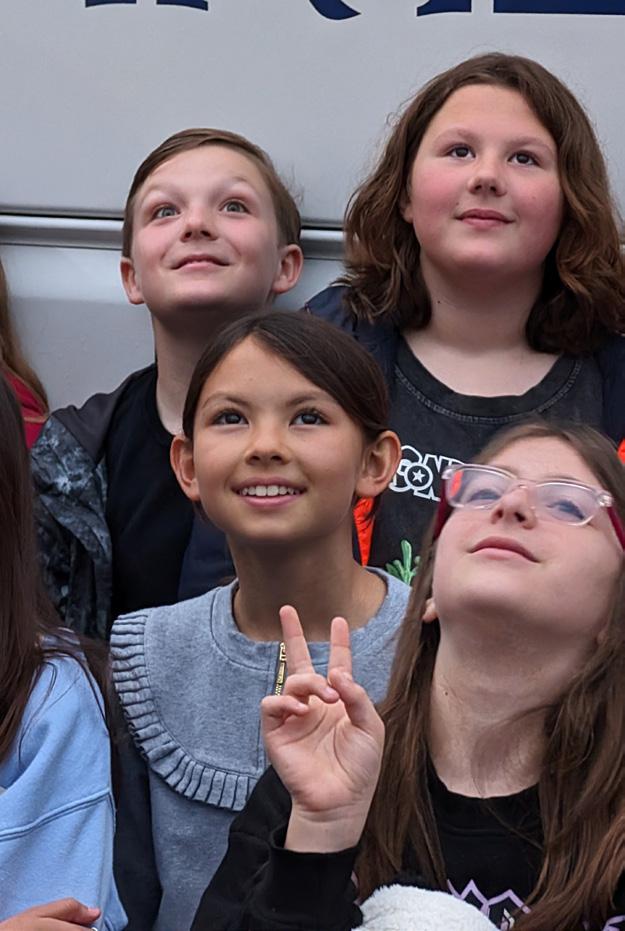

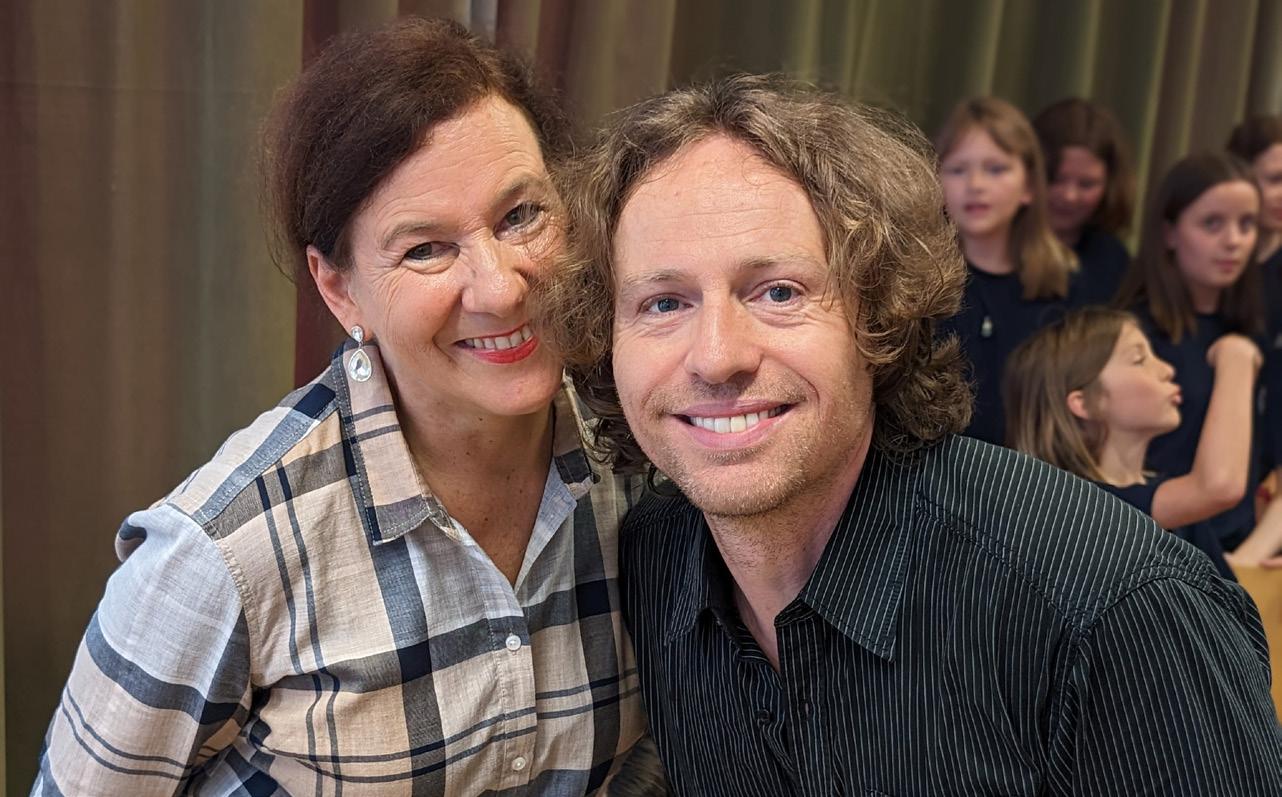
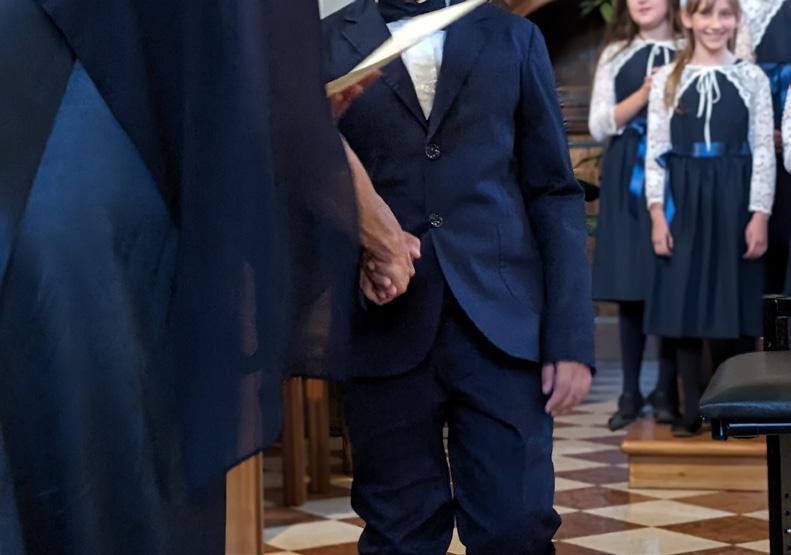
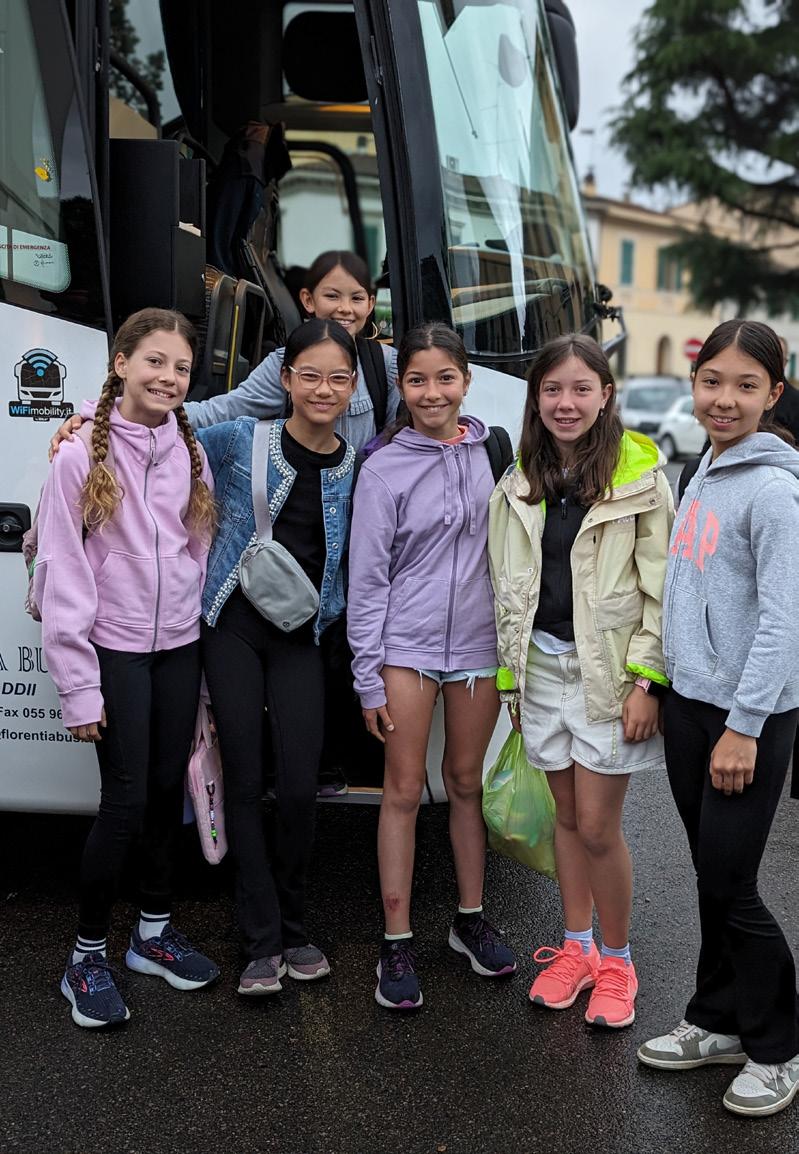
ISF JUNE 2024 NEWSLETTER 18
CANTABILE


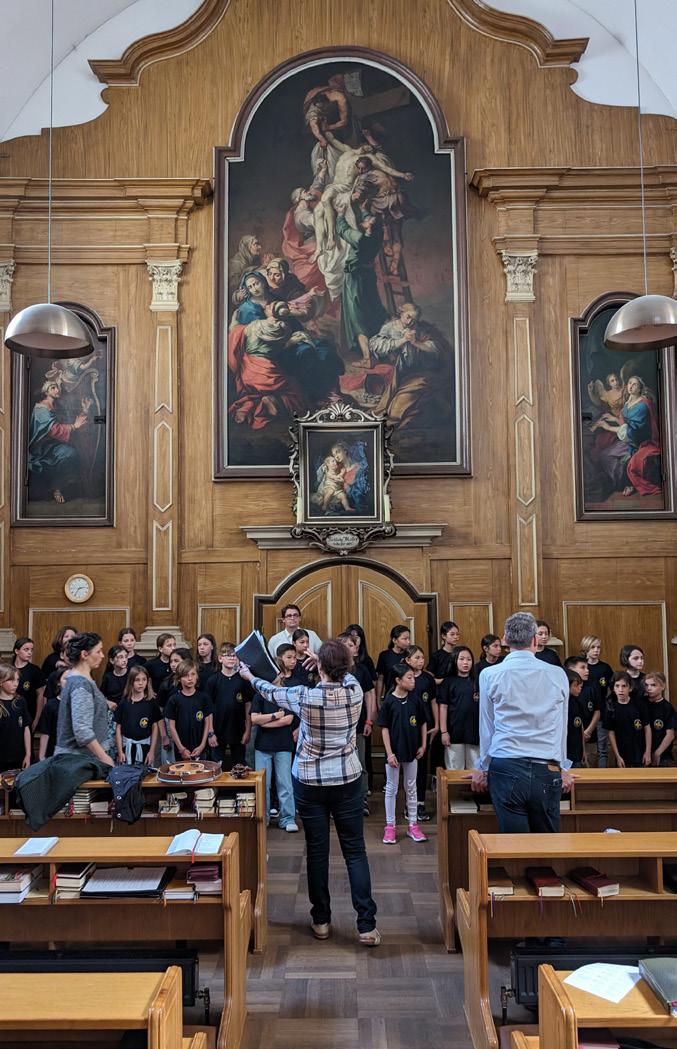
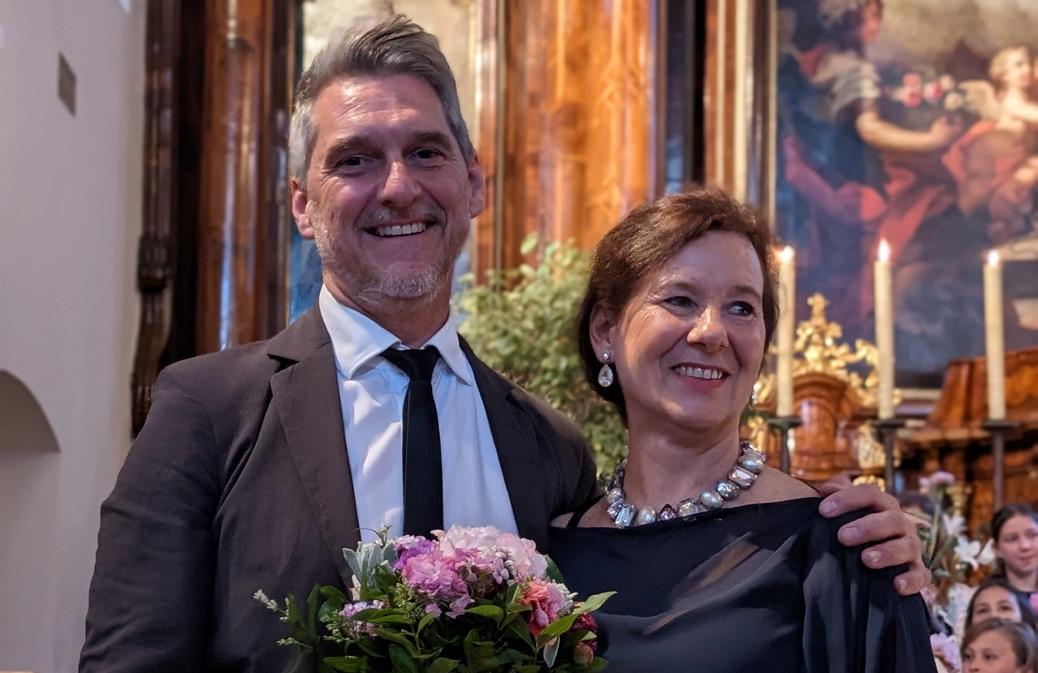
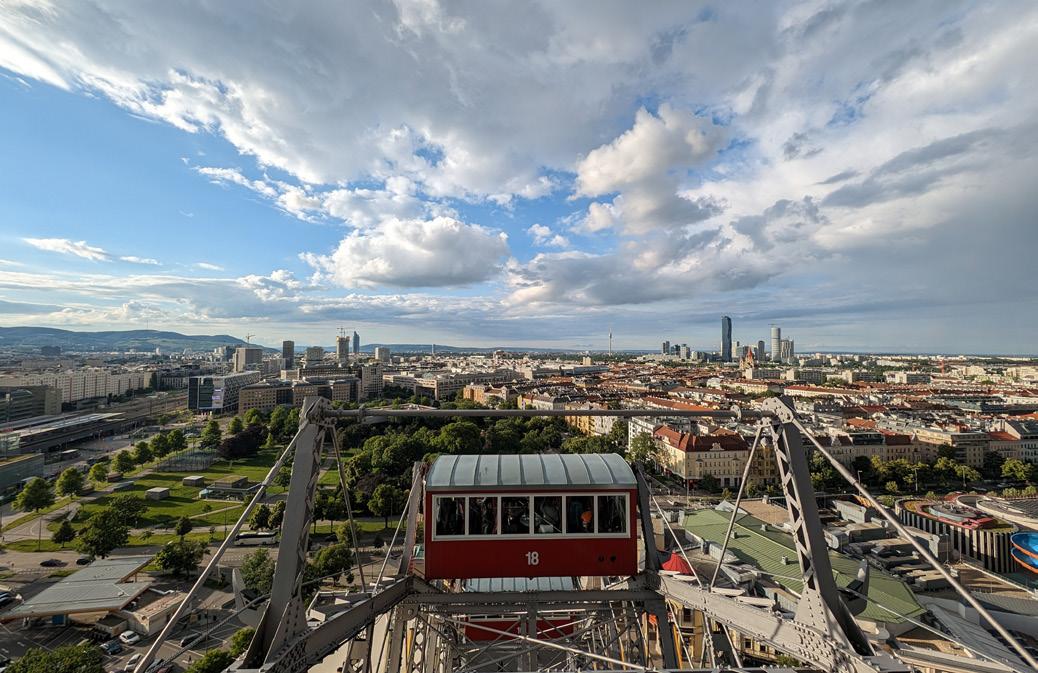
ISF JUNE 2024 NEWSLETTER 19
 ERIC IOVAN GRADE 6 SCIENCE (SALVADORI)
ERIC IOVAN GRADE 6 SCIENCE (SALVADORI)
Scientifically known as Octopoda, Octopuses are mollusks that belongs to the Cephalopoda class. They are native to all the oceans and are incredibly intelligent, they are known for their skill to do incredible things and also that they have eight legs! Eight! Octopuses stem from a creature called Vampyropod and also their really old ancestors are mollusks such as snails and slugs. The Octopus is an invertebrate and are ectotherms with blue blood. They also have a Hydrostatic skeleton: a cavity filled with water the organism can use to apply force and change shape.
Octopuses live in all the oceans and seas that this planet has, but octopuses prefer to live in the warmer and tropical seas such as the Red Sea which is located in the Indian Ocean as a sea inlet between Africa and Asia. Most octopuses can be found on the shallow sea bed, but some can be found at the depth of 200m and not really any deeper.
I think that this species evolved to live in this habitat because the rocky shallow areas have many small fish and also juicy crabs for the octopus to eat and survive. In addition, rocky shallow areas contain lots of corals and holes to hide and camouflage in.
Octopuses have a lot of special superpowers that distinguish them from other animals. For example, Octopuses have special color changing cells known as pigments that help them camouflage perfectly with their environment. In addition, their muscles can reflect the exact same texture as their surroundings by stretching and extending those muscles to match corals or rocky surfaces,as well as algae covered surfaces. They are also very intelligent animals! Experiments have been conducted on octopuses demonstrating that they can opening jars, untying knots, finding the
exit in a maze, and solve puzzles. They can also communicate with other species through their color changing skin. They also point and touch things to indicate where prey or predators are, exactly how humans do! So, if you are defeated by an octopus in a chess game, don’t be surprised!
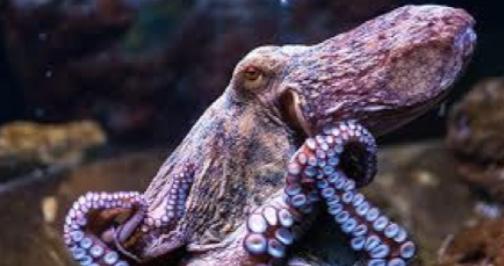
ISF JUNE 2024 NEWSLETTER 20
AZTEC AND GREEK MYTHS
ELIZABETH RODOLICO JAMES GRADE 4 STUDENT
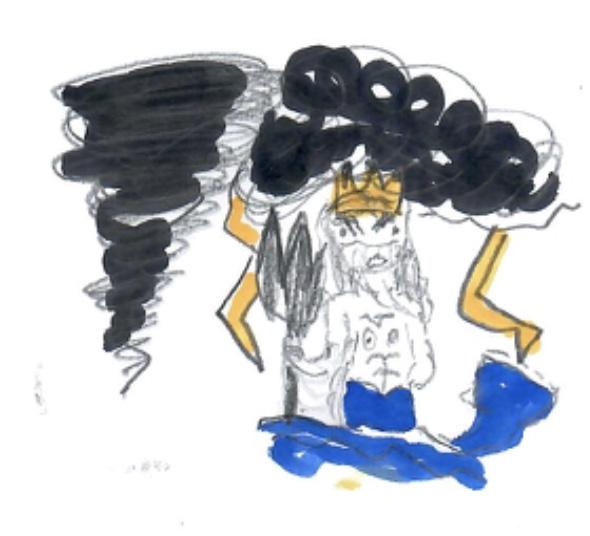
Have you ever heard of the Aztecs?
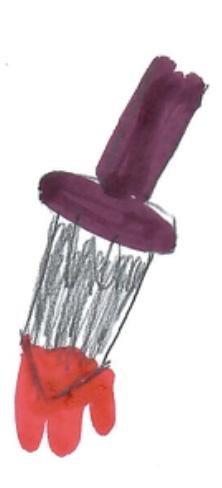
Well, they were an ancient civilization who lived in Mexico in Central America 500-700 years ago from 1300 AD to 1500 AD. The Aztecs were a very advanced civilization for the time and were well known for their agriculture and architecture like their temples and pyramids.
The capital city of the Aztecs was called Tenochtitlan which is where Mexico City, the capital of Mexico, is today. The Aztecs are also famous for their belief system – they believed in many gods and in the afterlife. Even today, Aztec beliefs alongside Catholic influences form an important part of the famous Day of the Dead (Dia de los Muertos) celebrations.
Or an even older civilization before that?
2,000 years before the Aztecs in 800 BC-400 BC on the other side of the Earth, in a land East to the Ionian Sea was Ancient Greece where the first Olympic Games took place in a city called Olympia.
The Ancient Greeks were also an advanced civilization who had a complex belief system, believing in many gods. The first Ancient Greek gods were known as the Titans who were defeated and overthrown by the Olympian gods led by Zeus (king of the gods). The Olympians ruled from Mount Olympus, where a famous temple built by the Ancient Greeks called the Parthenon can still be seen today in Athens, the capital of Greece. The Ancient Greeks told famous stories which are still told today about the adventures of heroes like Odysseus, Perseus, Achille and Hercules.
Discover the gods they believed in and how their gods affected everyday life.
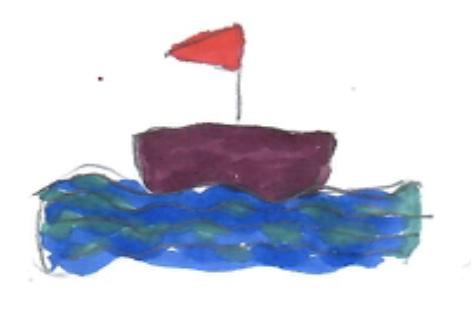
You may have some questions like why did the Aztecs make human sacrifices, who was Odysseus? Who gave birth to the Olympians and why did the Atecs become extinct? We will be covering them all.
Travel back in time with me to learn more about the Aztecs’ and the Ancient Greeks’ way of living.

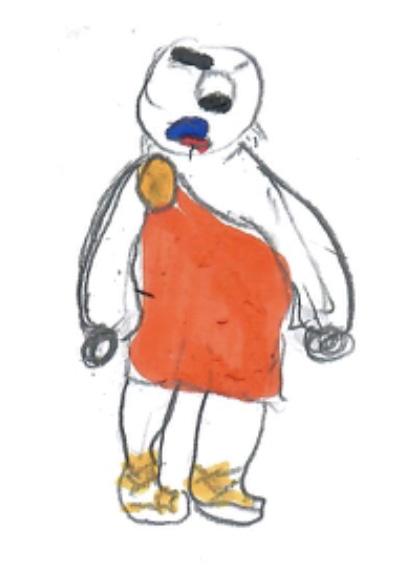
ISF JUNE 2024 NEWSLETTER 21
INNOVATIVE TEACHING AND LEARNING IN BIOLOGY CLASS
MICHAEL LANDOLFA
At the close of every quarter rotation of grade 9 and 10 Science we ask our students to reflect on their learning in the class just completed – physics, chemistry, environmental science, or biology. What did they find most challenging? Do they feel that they learned a lot? Then during the Covid period I became curious what students thought about the minimal use of computers in my biology classes, and the consequences of this on their learning. Had my methods become antiquated and obsolete? Did I need to modernize my approach to teaching? Should I be considering retirement?
Weighed down by these doubts, I decided to add a new question to my students’ reflection sheet: “Do you believe that the instructor’s use of ICT (information and communication technologies) in this class was appropriate?” Here are some student responses.
We used almost no ICT in this class, but I didn’t find myself needing or wanting more.
I thought it was the right amount. I wouldn’t have preferred more.
I enjoy that this class isn’t all on the computer and that we have opportunities to hand-write things.
I think it’s better to take notes on paper and use the Smartboard for videos instead of studying on our computers – it motivates me less, as the lesson is not as interactive.
The videos given and the use of the Smartboard are enough in this class.
I think that in Science in general, the use of a computer is not very important and does not engage or stimulate the brain and definitely does not help to understand as much as by writing things down.
I think that the amount of ICT was right, and this helped the learning a lot.
In my opinion we need more classes that enable us to take notes on paper, or even on a computer is fine, but more notes on the board to learn about topics more.
I think that learning on a computer is distracting.
I don’t enjoy when technology is used too much because as a student, having concrete explanations and paper sheets help a lot. I want to be able to take notes and highlight it
This selection of comments does not cover the full range of student impressions and opinions – some were more favorable towards teacher and student use of ICT – but requests for more ICT in my classes are rare. What does this tell me?
Use of computers and devices in the classroom has been hailed as a necessary modernizing tool for “21st century learning” –without unambiguous evidence that the hype was justified. This is not to claim that computers and the internet (and now AI) have no place in education. Of course they do. At ISF, as at most school’s around the world, every day you can observe teachers and students using computers productively to present information, take notes, show and watch educational videos, perform simulations, conduct research, analyze data, develop projects, write programs, and much more.
On the other hand, which teacher has not had to contend with students using their devices to play video games or watch YouTube videos – or worse – in class? “I think that learning on a computer is distracting” indicates that at least one student is fully aware of the potential pitfalls associated with the use of ICT in the classroom. All classroom teachers know that, with respect to education, a computer is a dual-use technology:
ISF JUNE 2024 NEWSLETTER 22
put to well-considered purposes it can aid learning, but if used carelessly it can distract from and inhibit learning.
Teaching and learning are interpersonal, human activities conducted among sentient beings: teacher and students. The deliberate cultivation of an interactive and constructive learning environment – ambitious, engaging, challenging, relevant – is indispensable in stimulating and sustaining the learning process. Students understand this as well as teachers do, as the reflections printed above clearly show.
I interpret my students’ comments as their conscious and subconscious realization that, in some situations, the presence of a computer screen may throw up a barrier between teacher and students. The working relationship between teacher and student requires a degree of openness and transparency that is easily disturbed by the arrival of a third party. On the other hand, the teacher writing on the board together with students writing in their notebooks reinforces that relationship and generates a sense of collaboration and community in the learning process. At least this in my impression.
A good school will offer a diversity of teaching and learning styles across grade levels and subject areas. A single approach is unlikely to generate the best outcome in all situations – from Grade 7 Theater to Grade 11 IB Biology. Even within a single class session we try to mix things up to keep our students engaged. But I thank my students for confirming that the necessary ingredients for successful learning need not include whiz-bang tricks, cute games, or technical wizardry, and that sincerity, trust, care, and enthusiasm – together with pen-earseyes-hand-and-brain – are the innovations that work today in education, just as they did 20 and 40 years ago.

BACK TO THE 80S
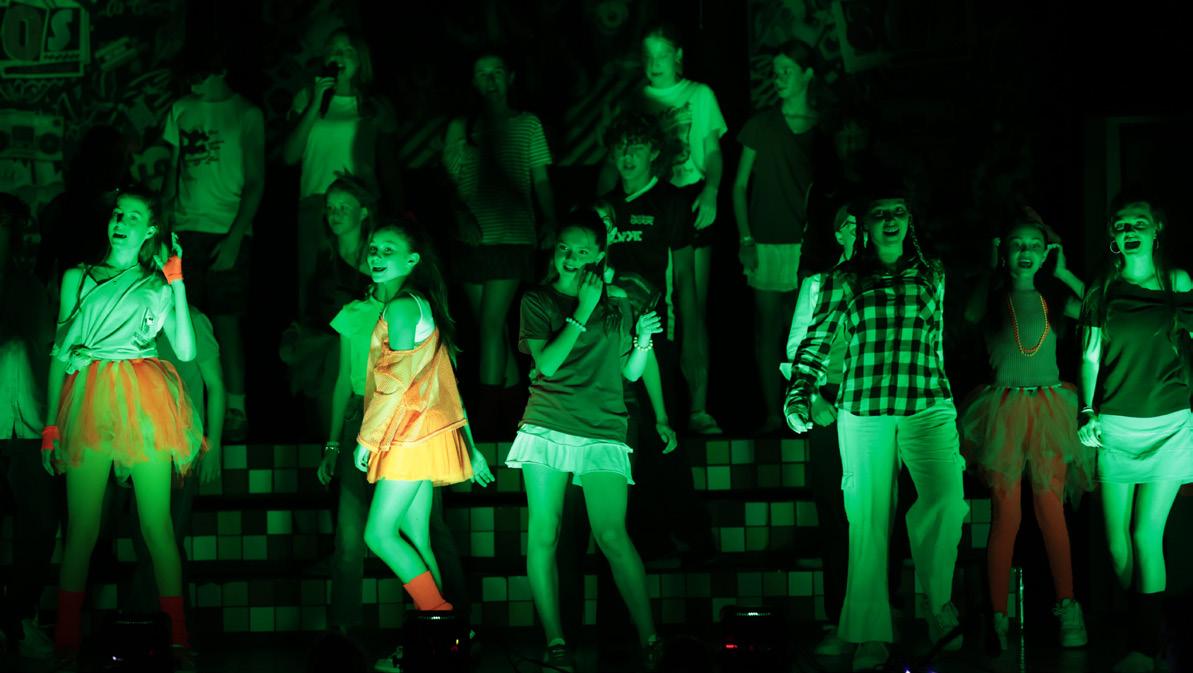

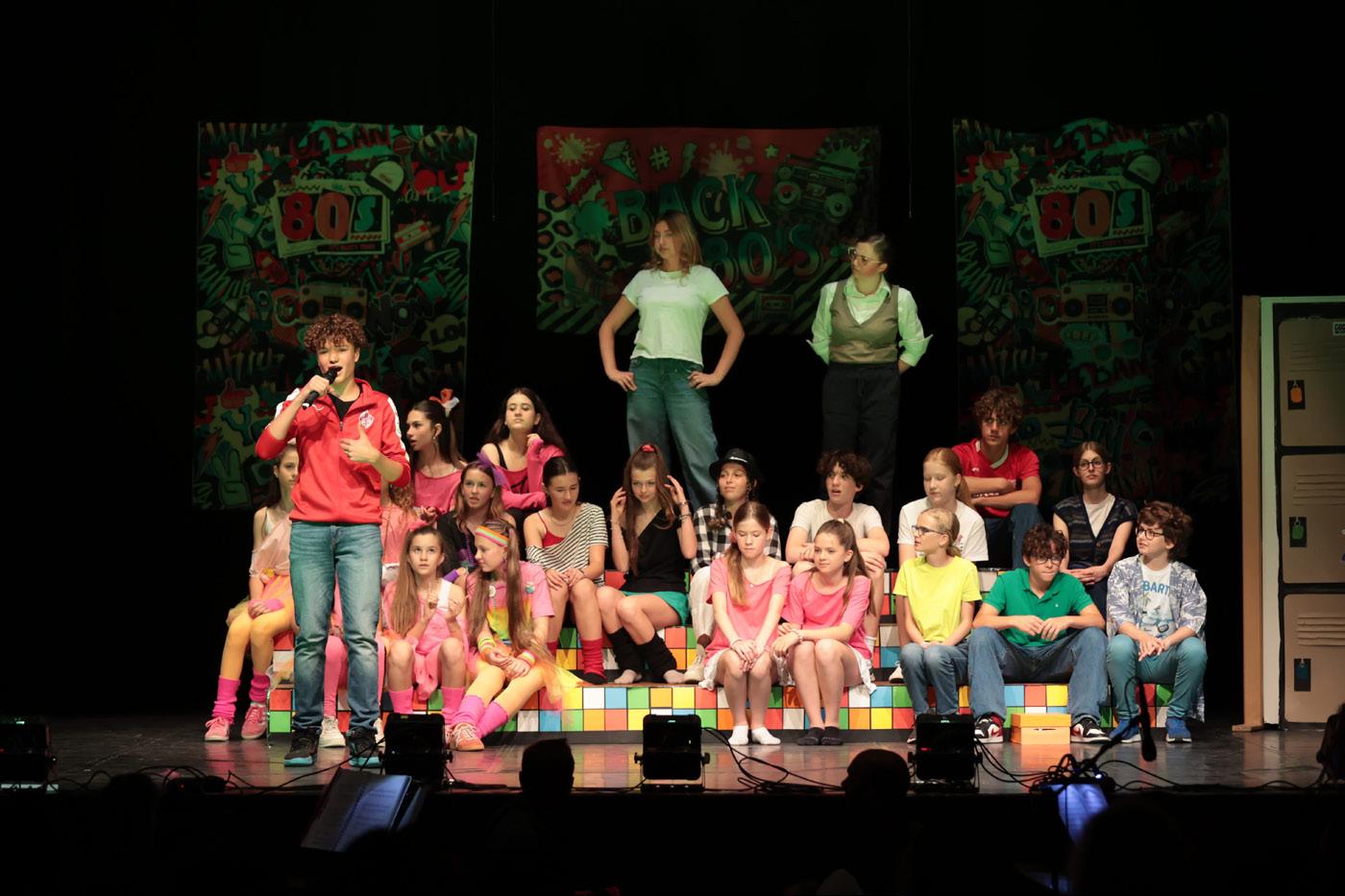
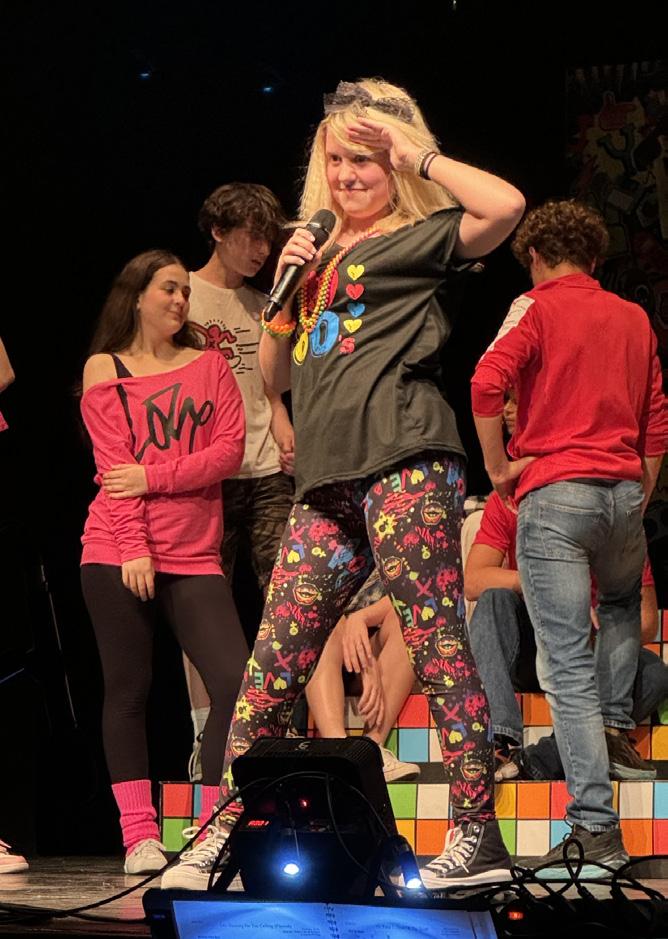
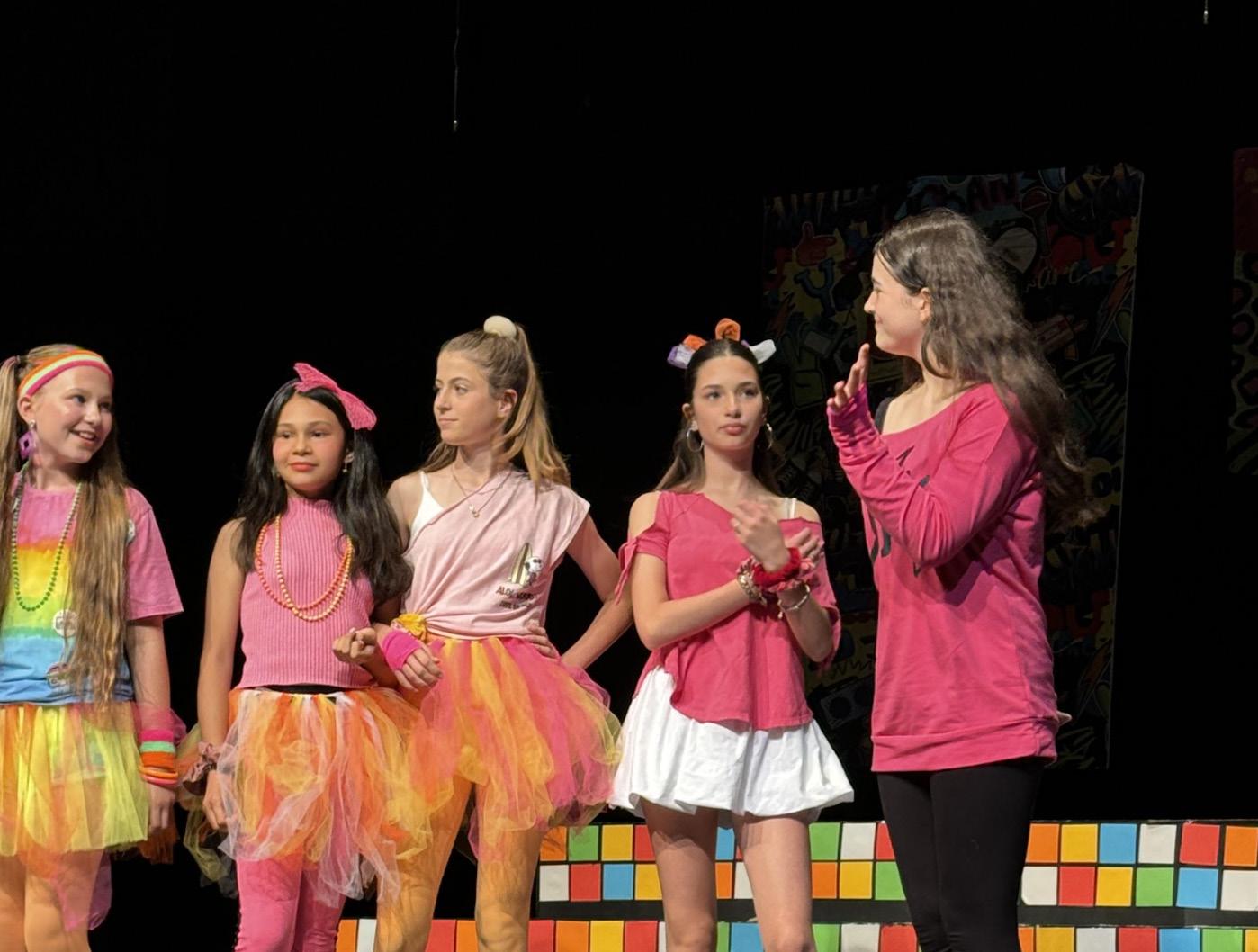
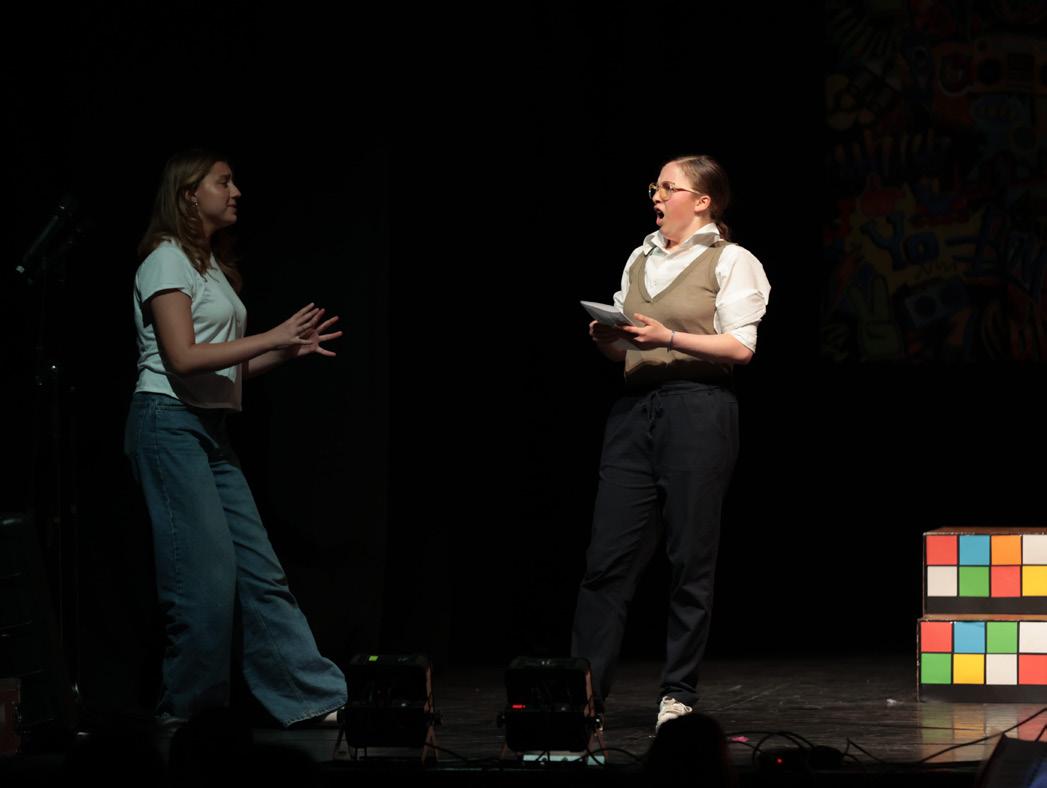
ISF JUNE 2024 NEWSLETTER 24
MUSICAL

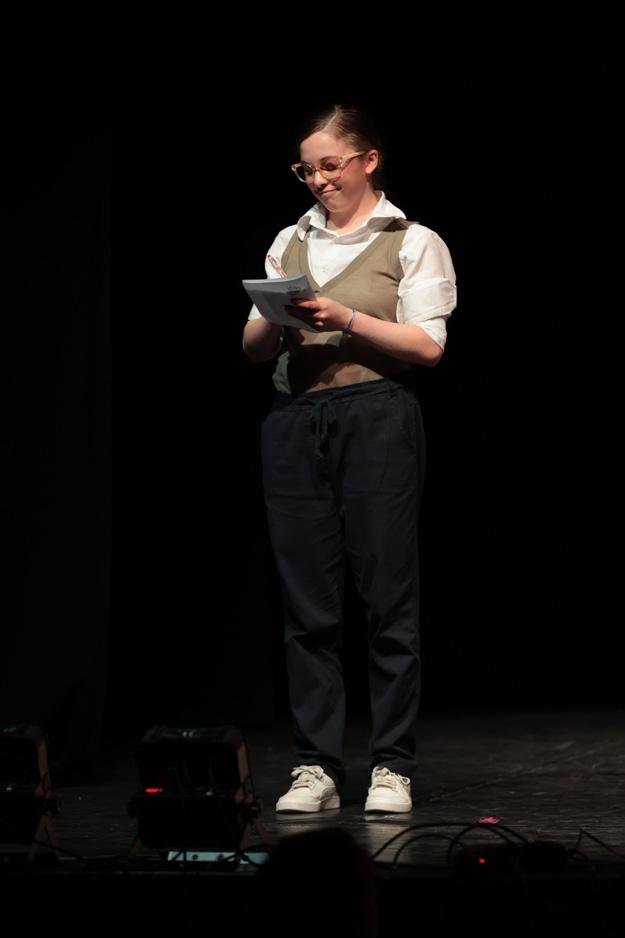
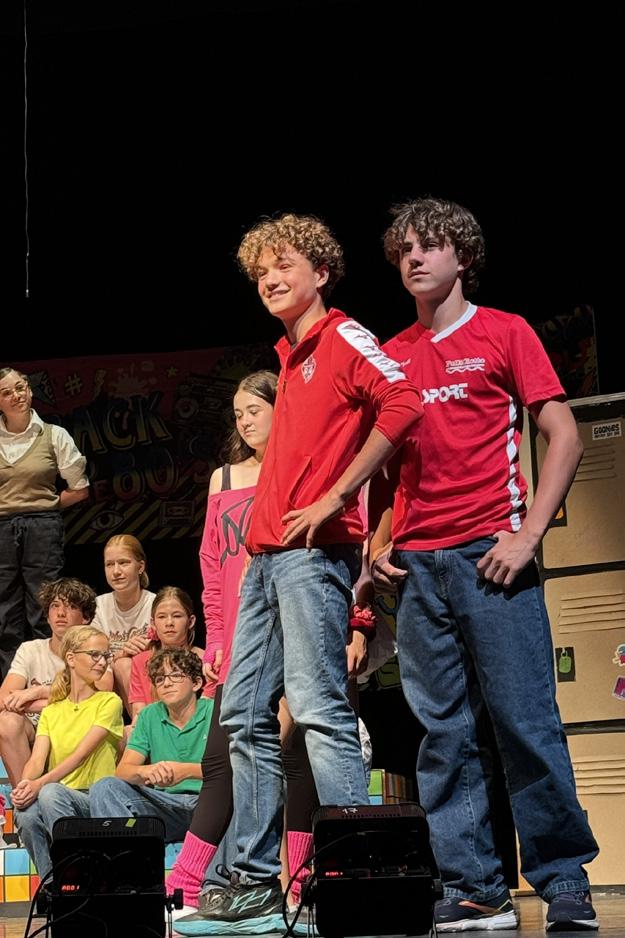
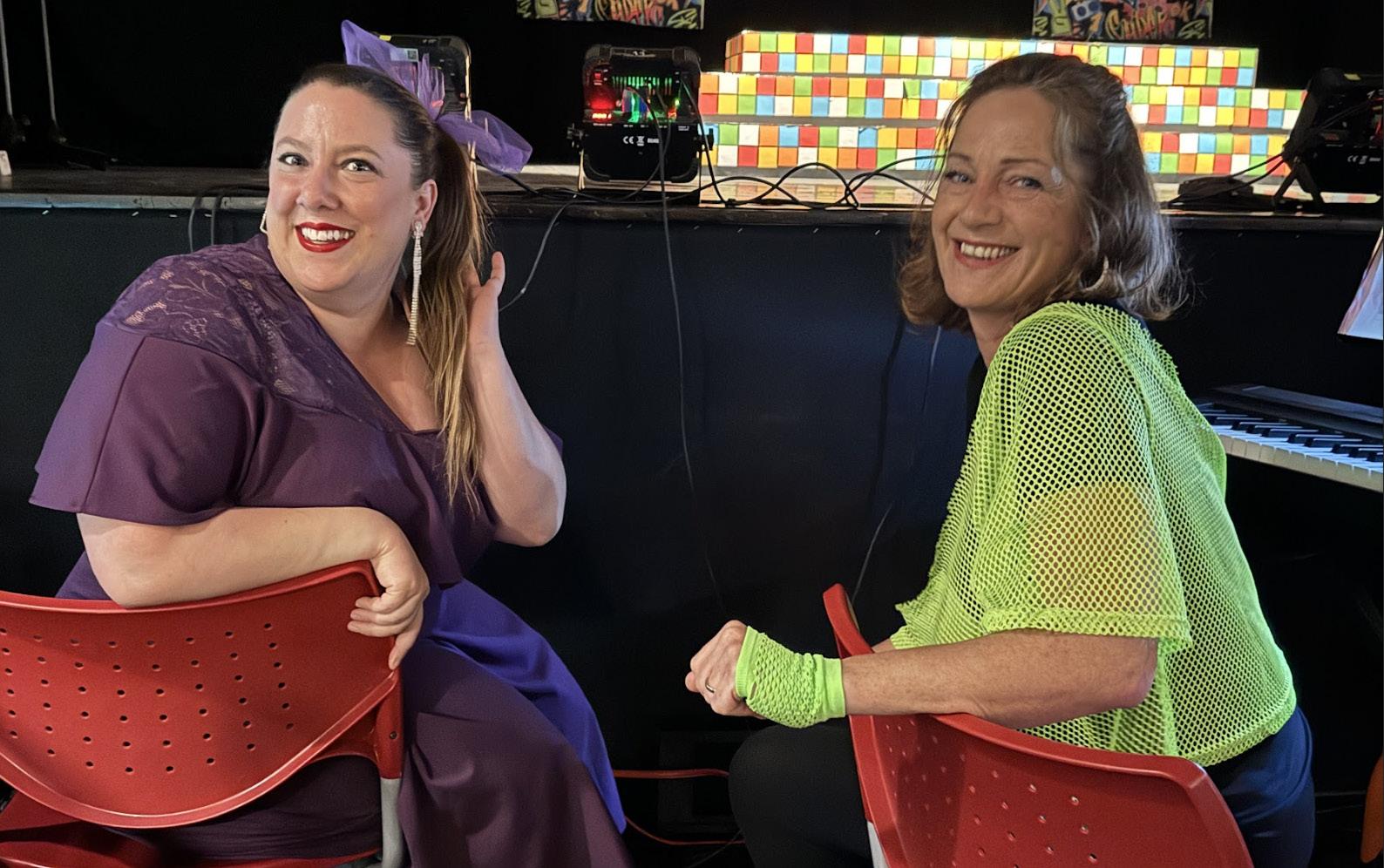
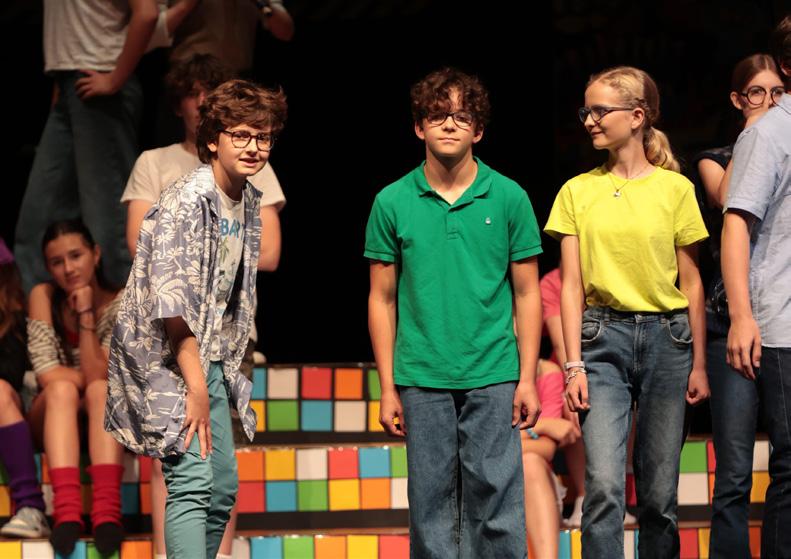
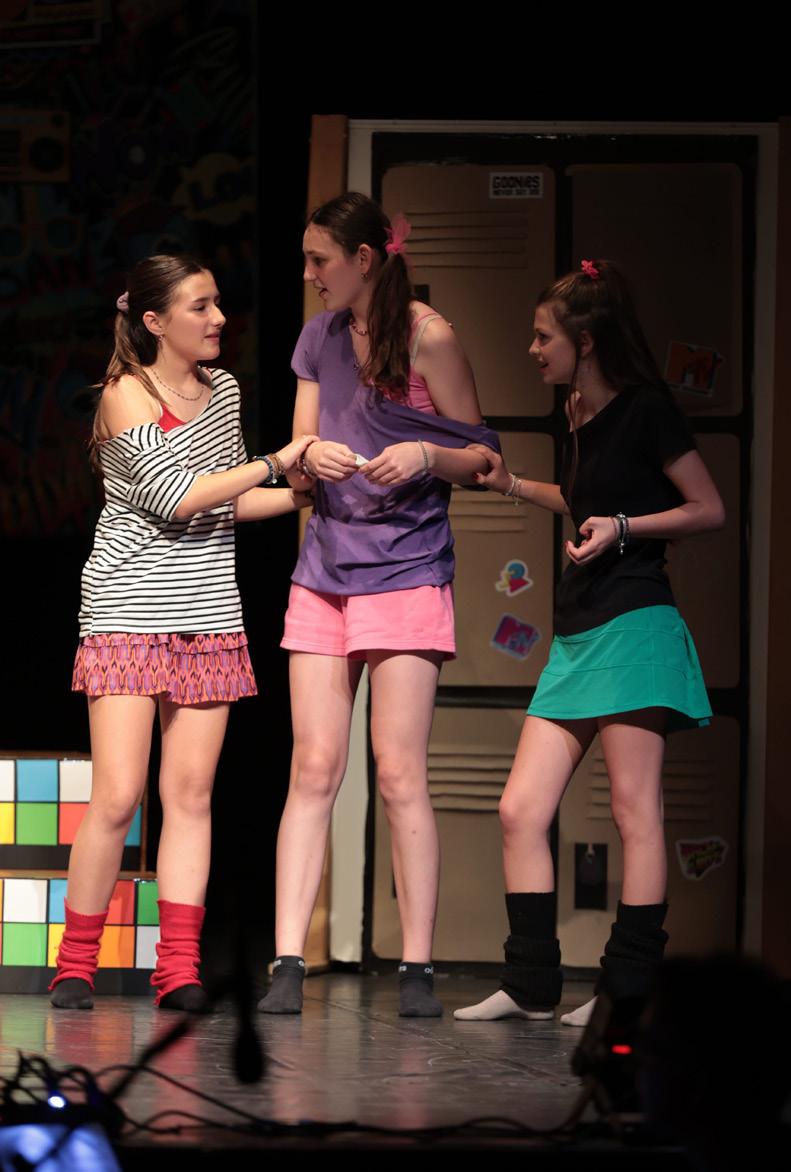
ISF JUNE 2024 NEWSLETTER 25
PYP EXHIBITION
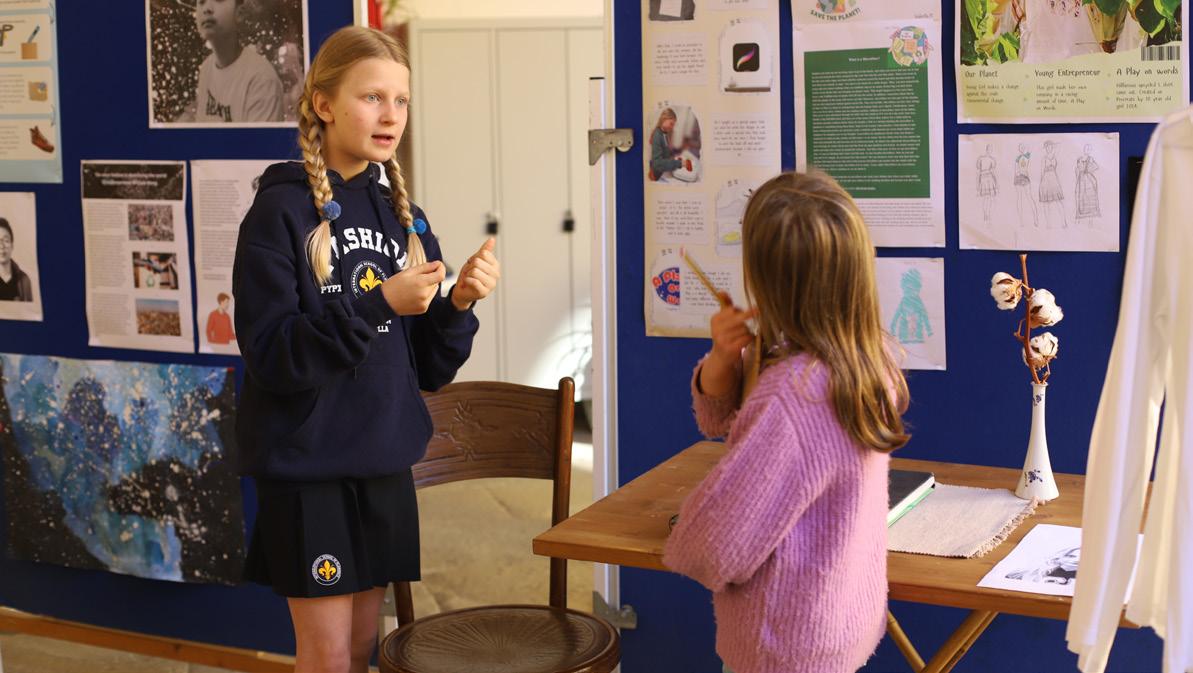
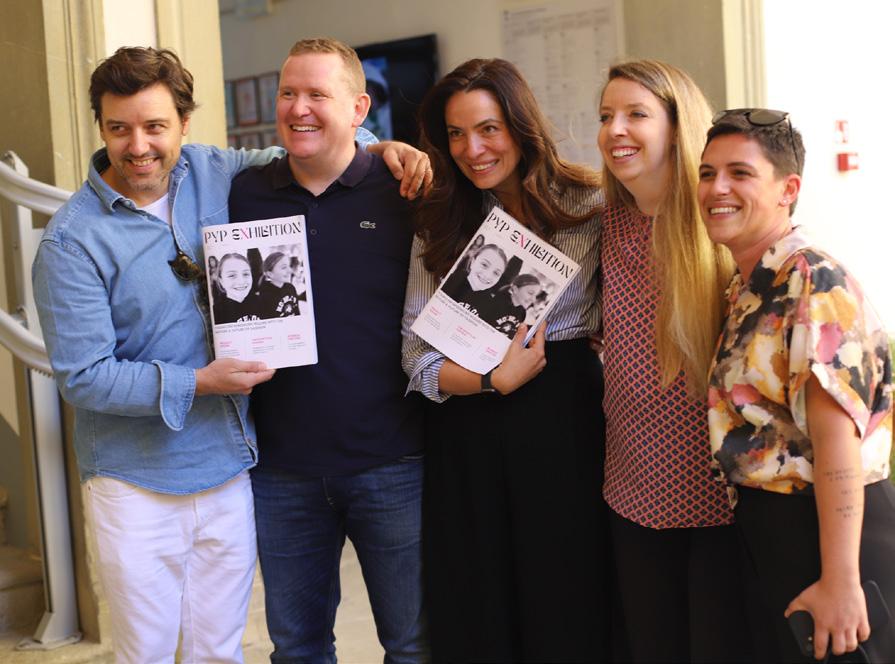
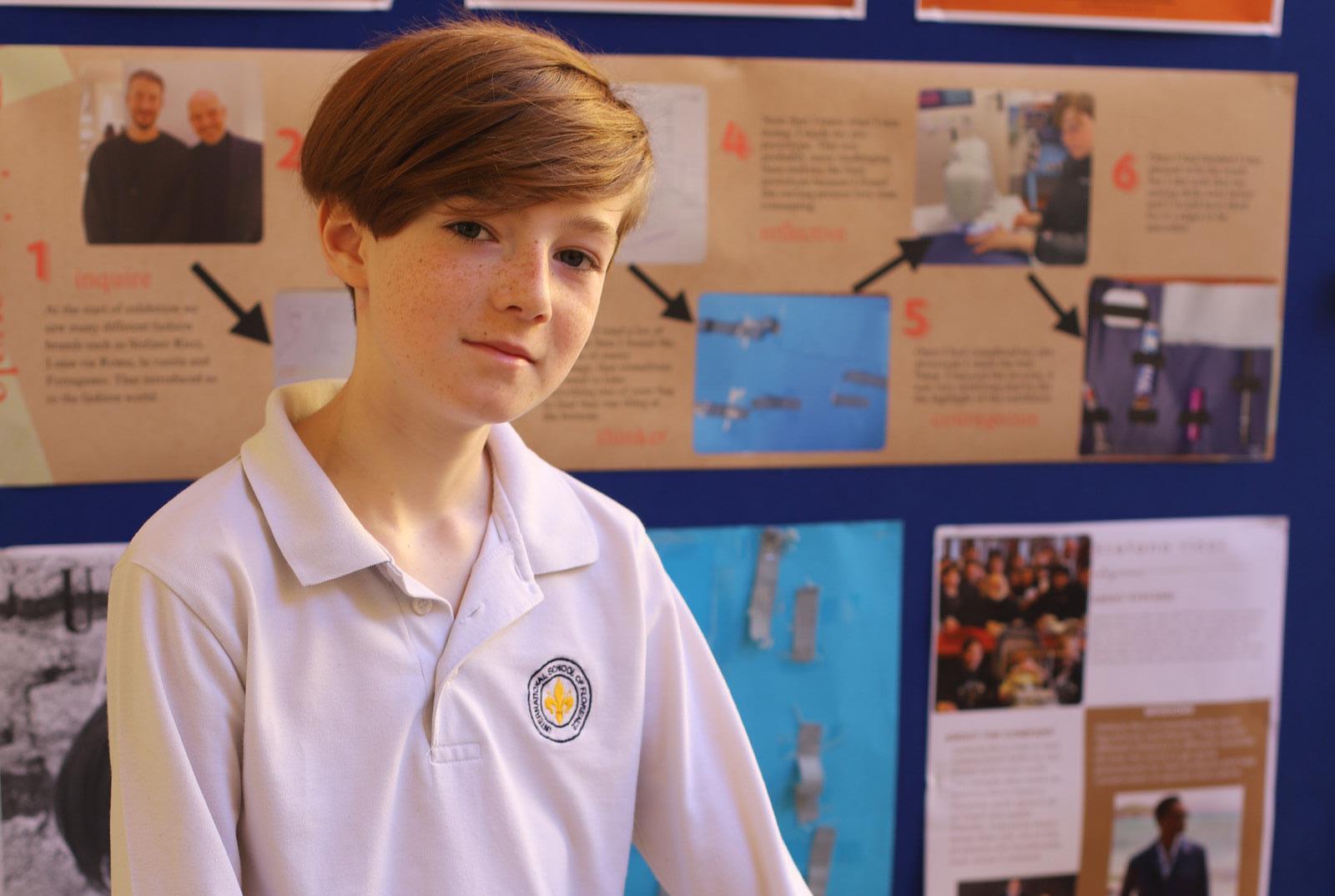
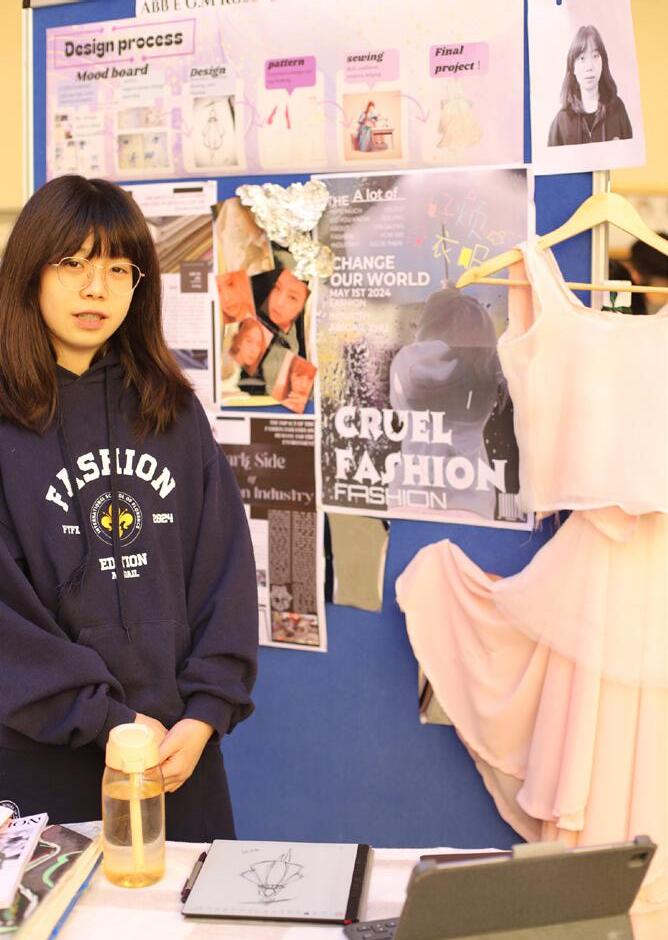
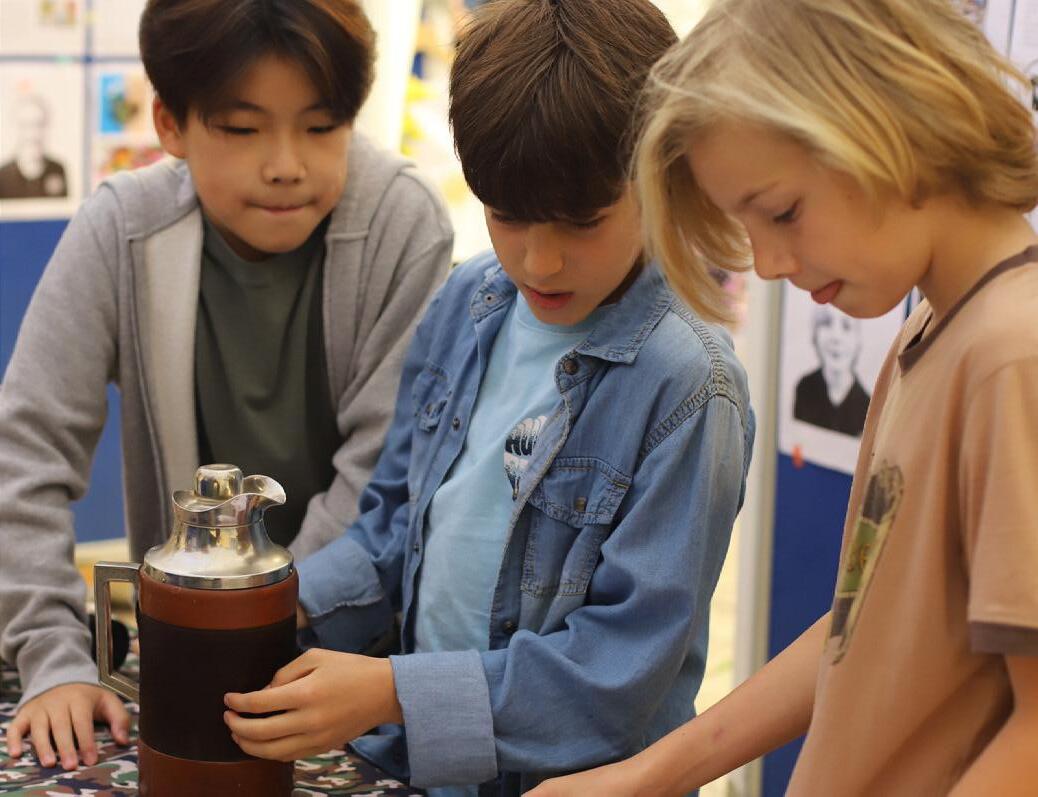
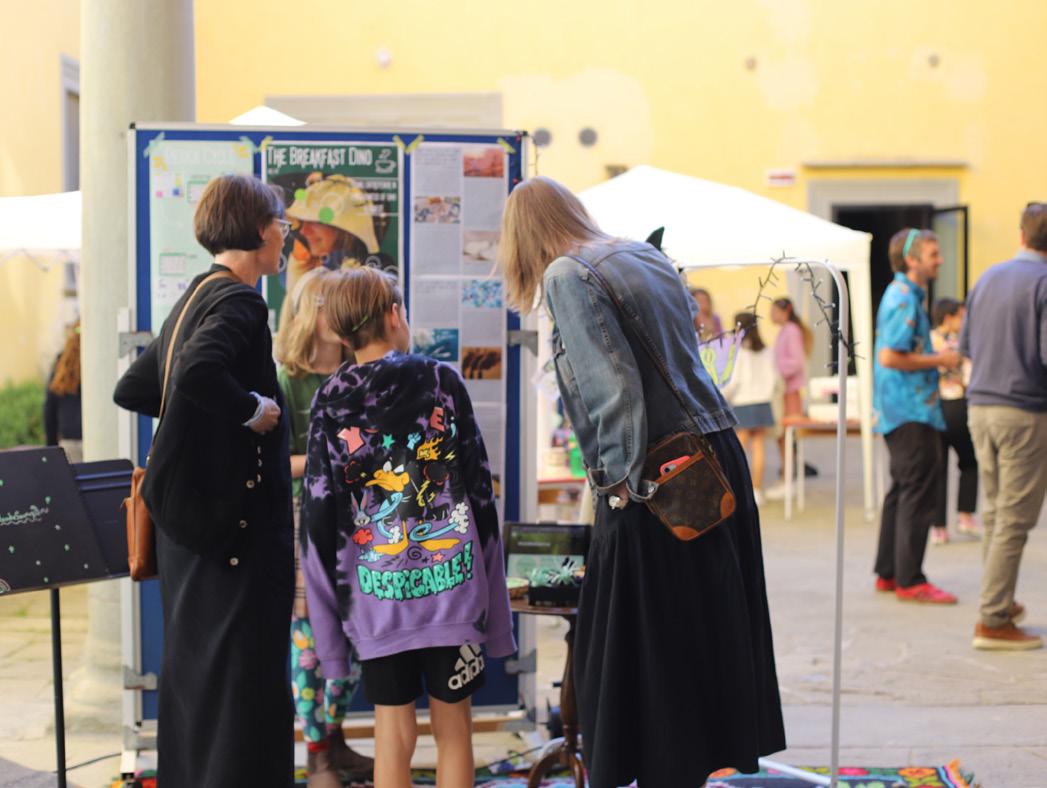
ISF JUNE 2024 NEWSLETTER 26
ISF FIELD DAY 2024
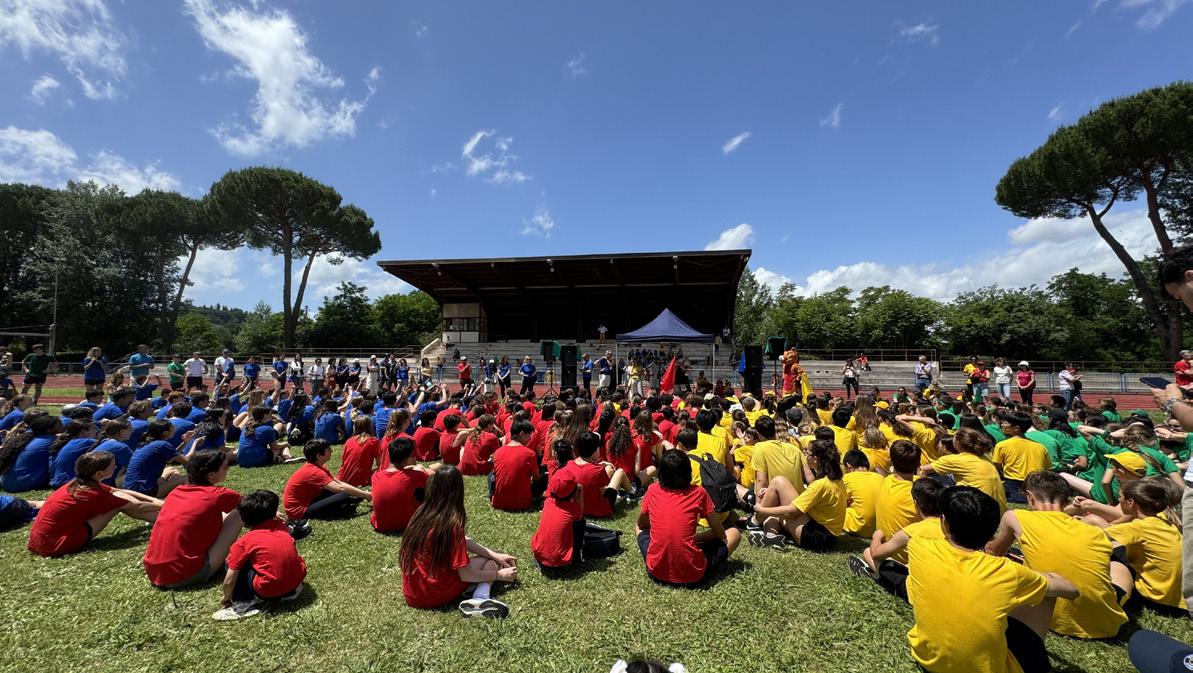
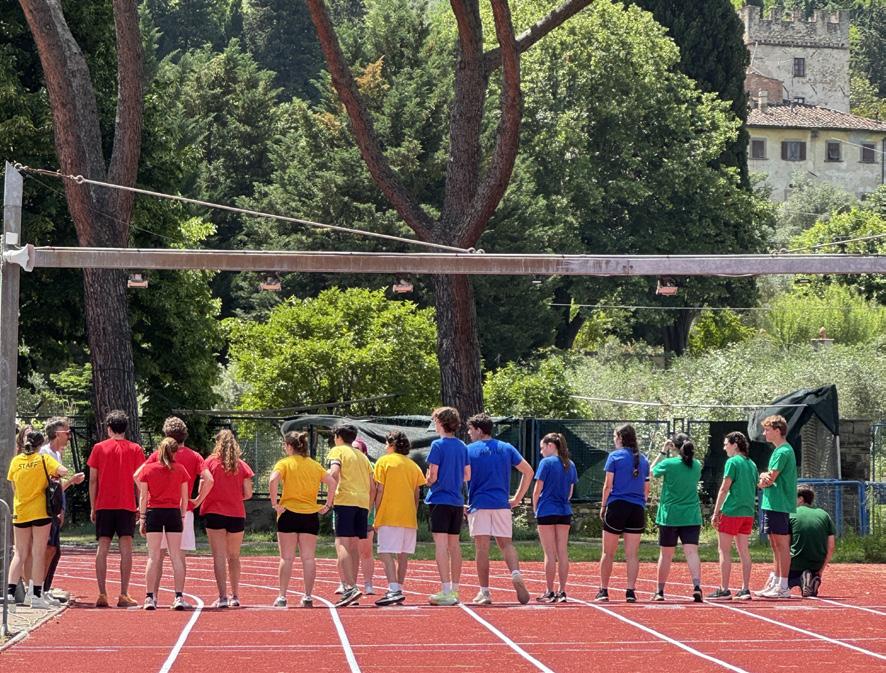
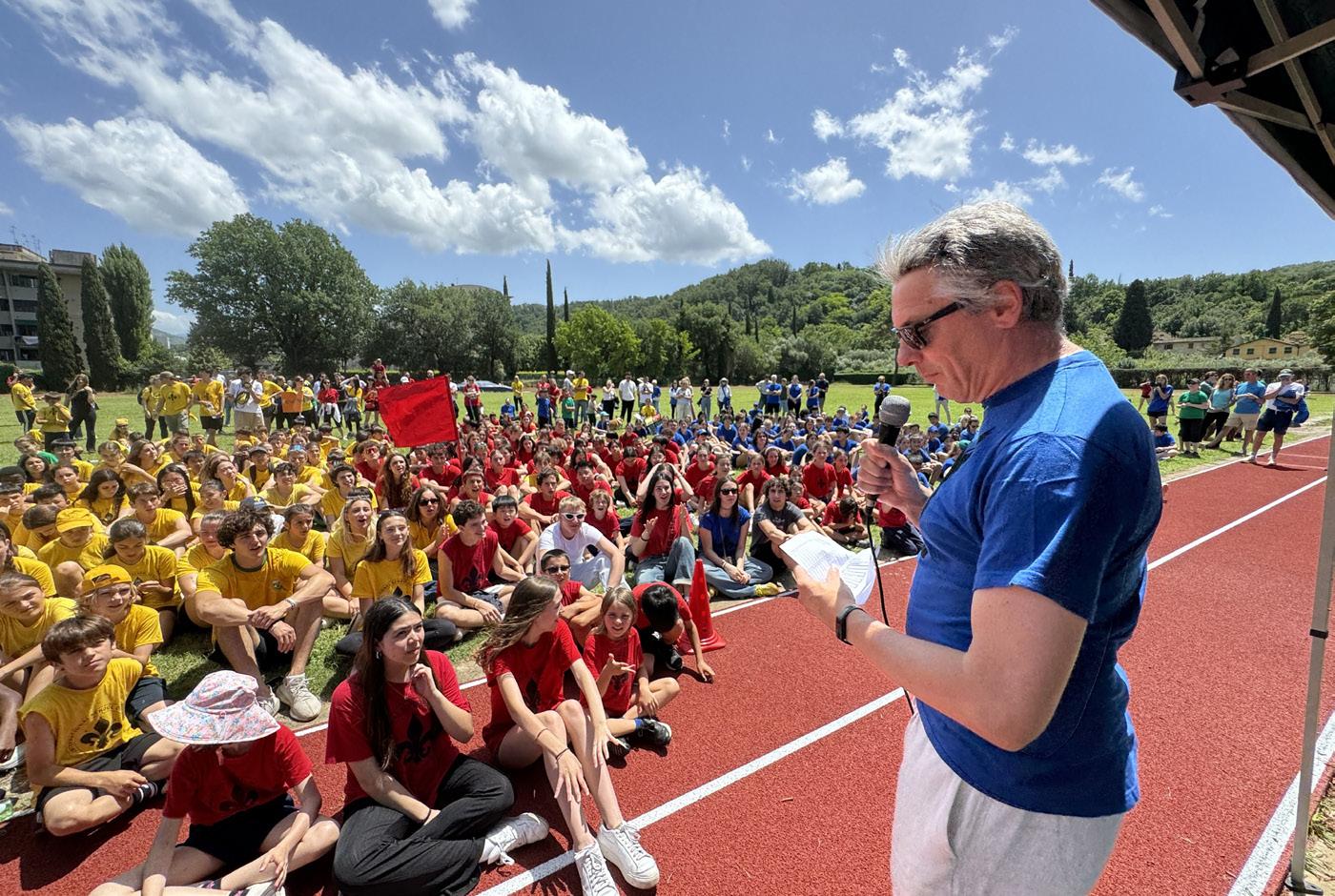
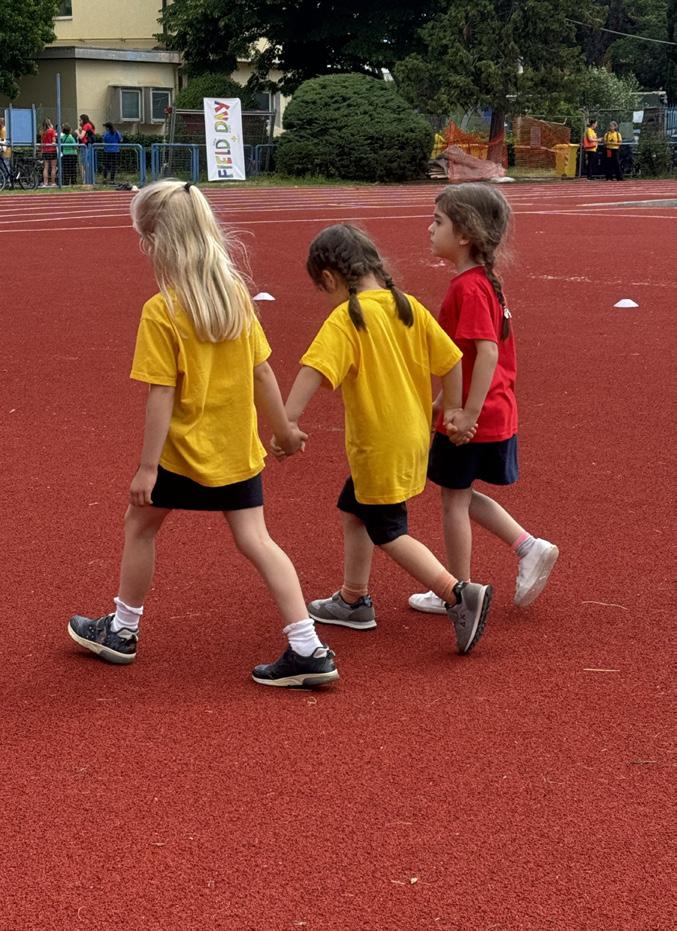

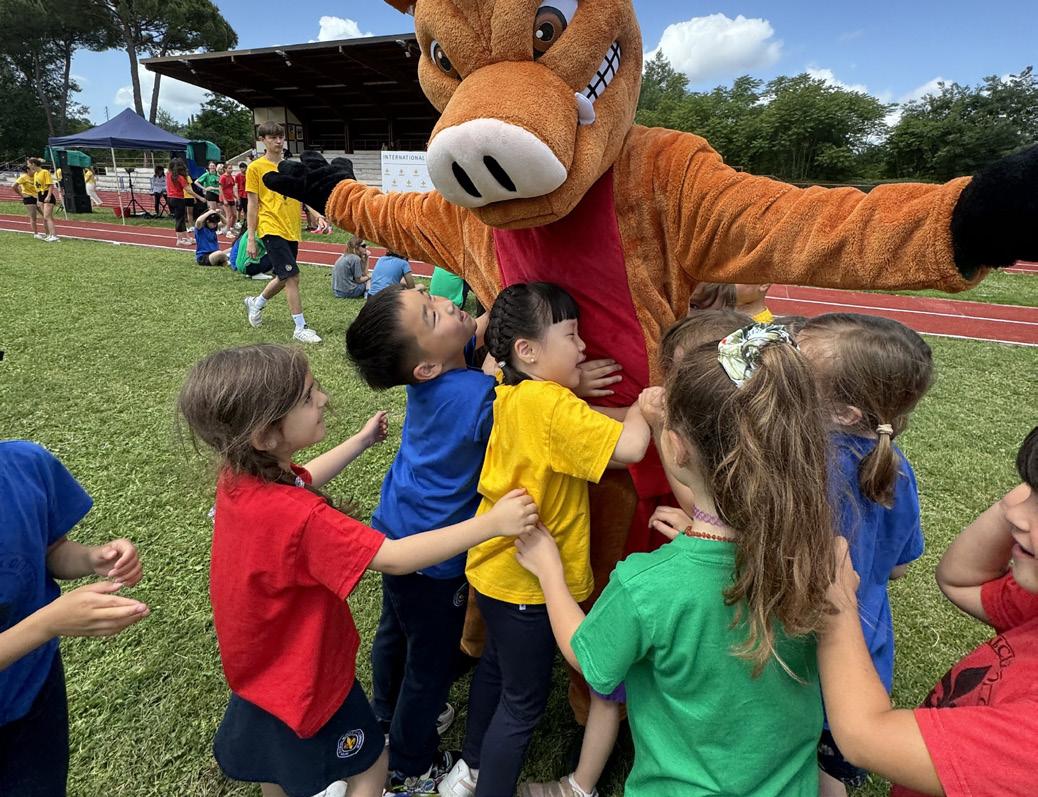
ISF JUNE 2024 NEWSLETTER 27
GRADUATION
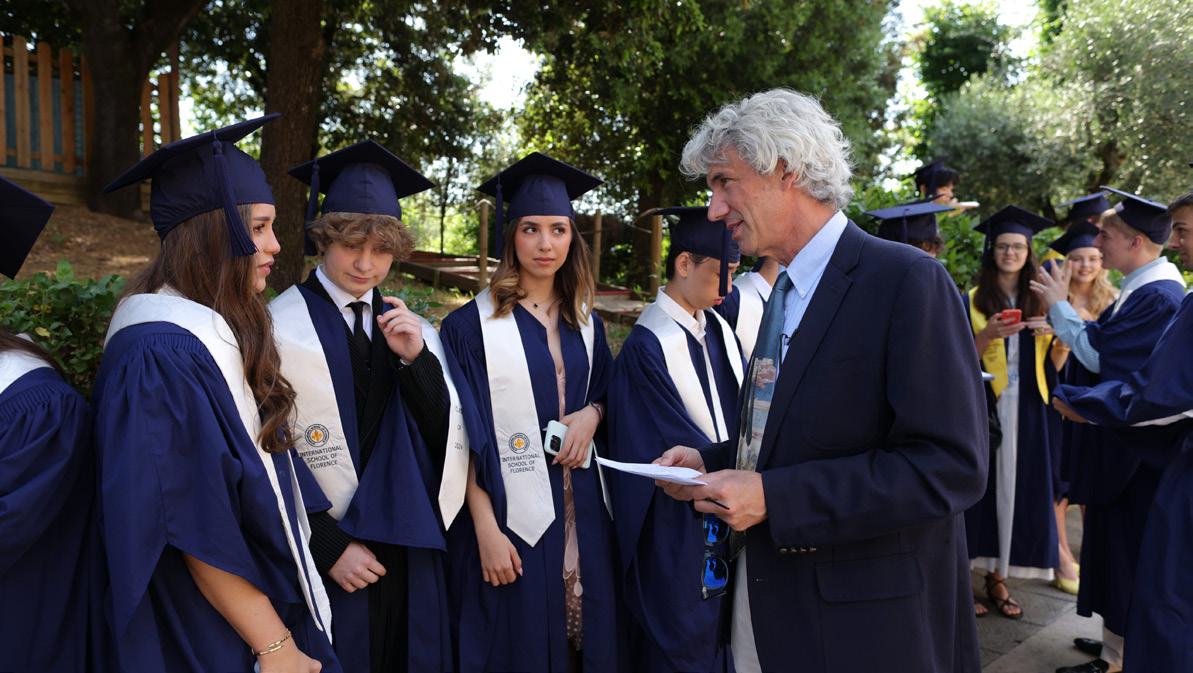
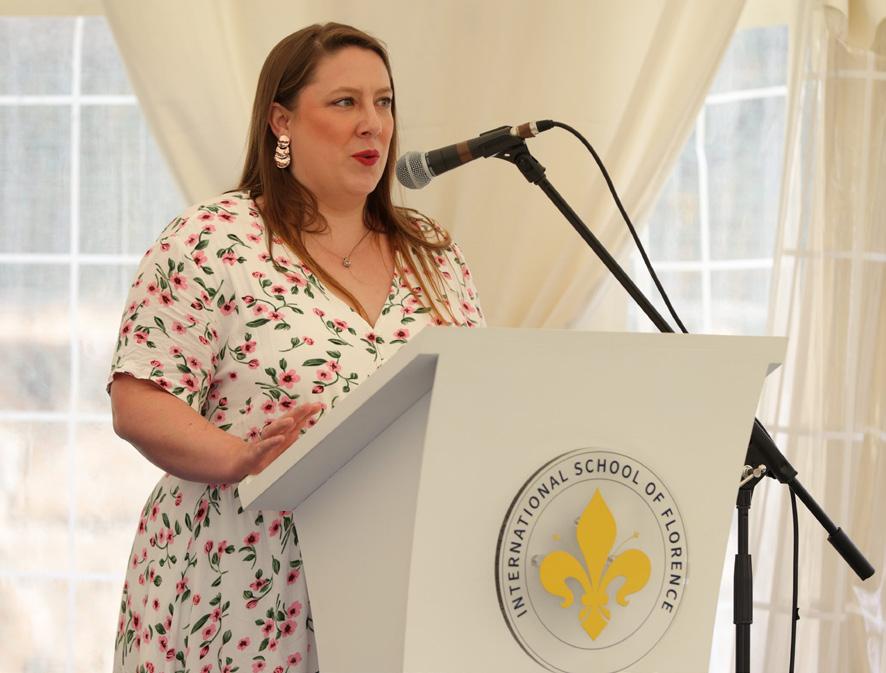
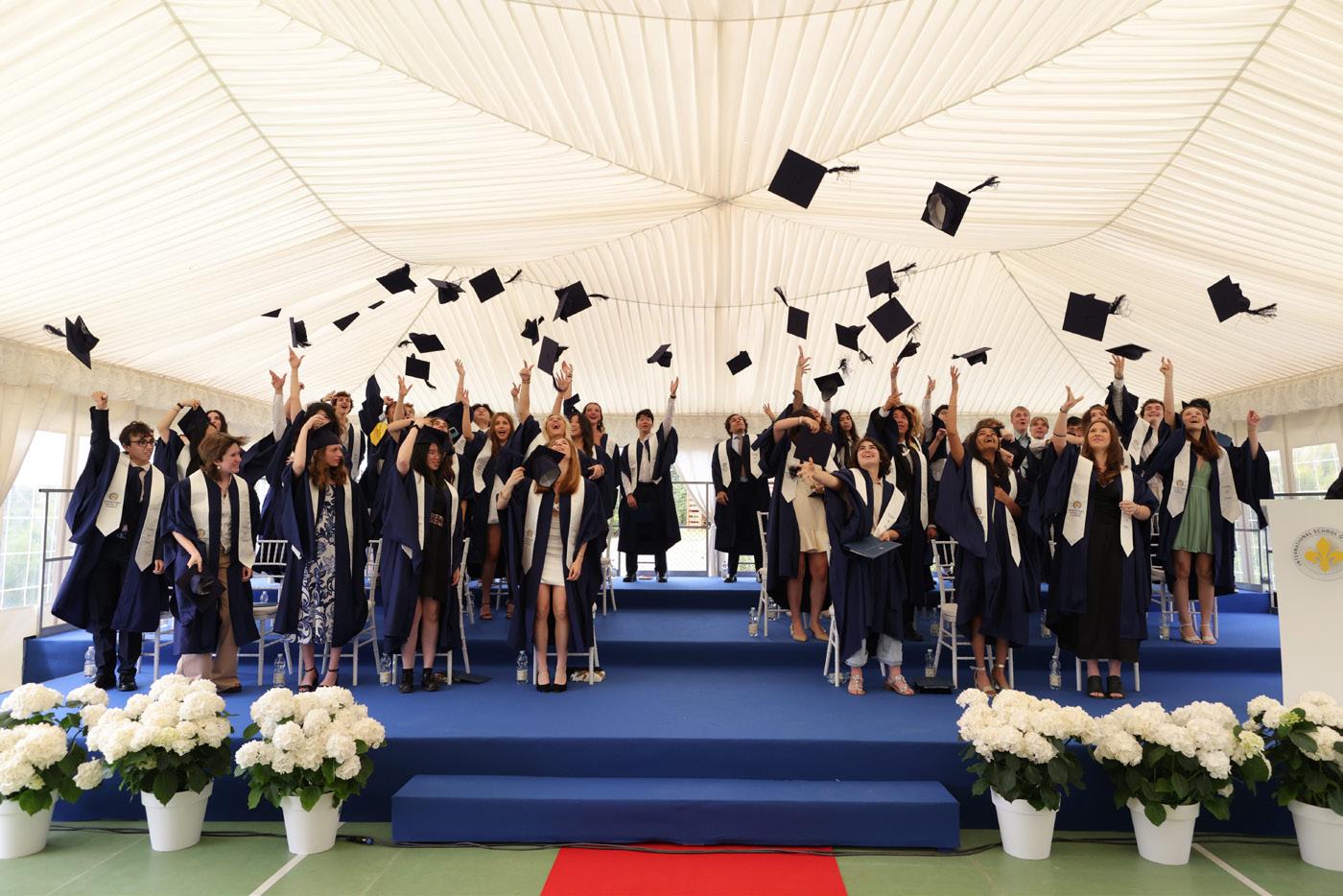
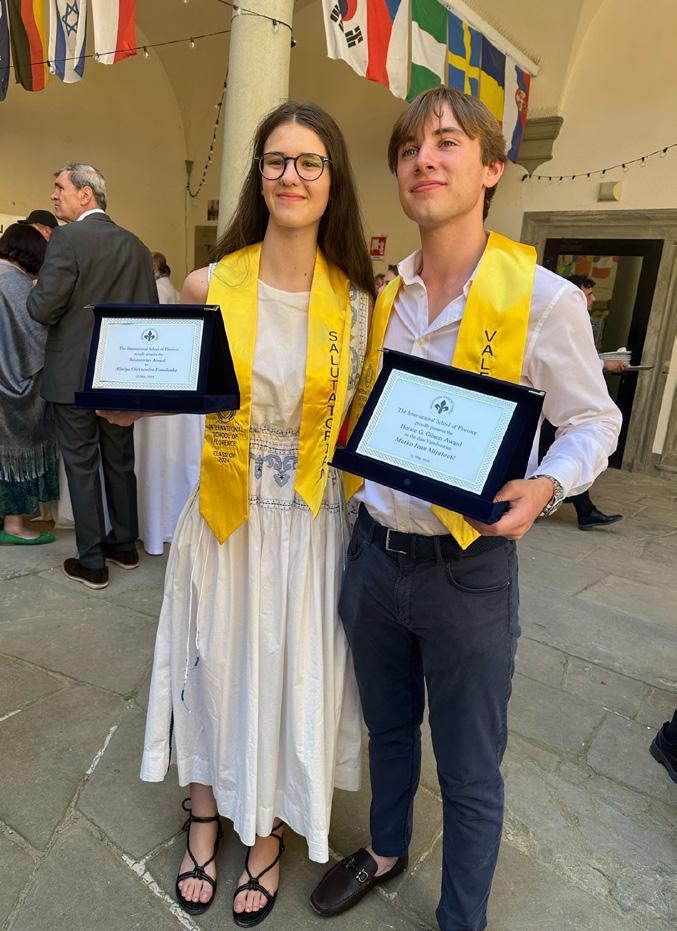
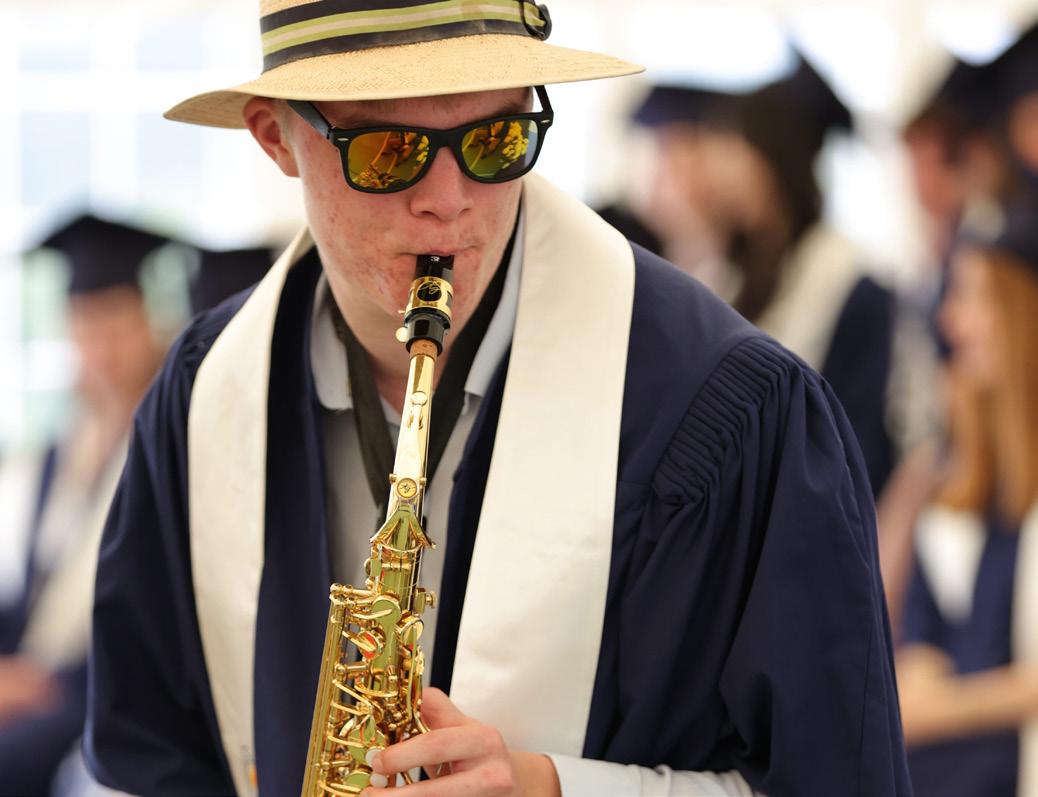
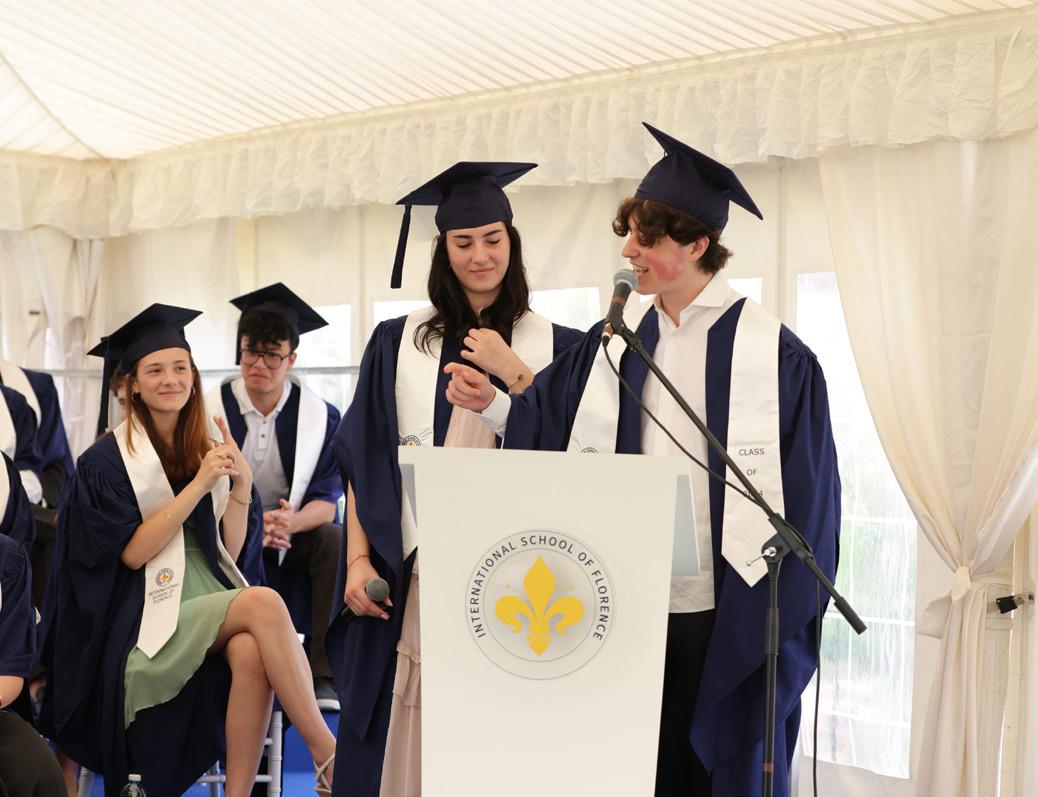
ISF JUNE 2024 NEWSLETTER 28
PROM

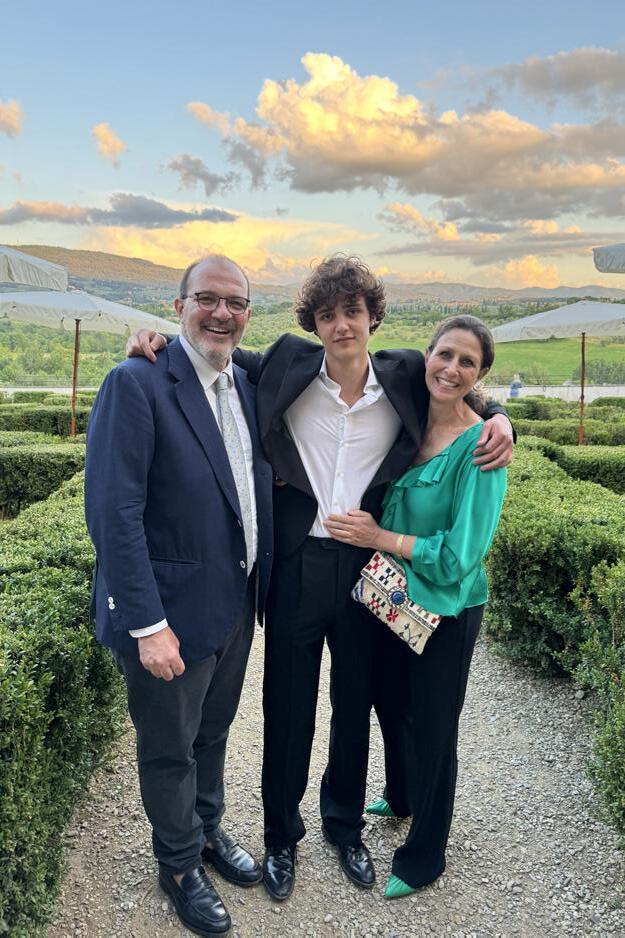
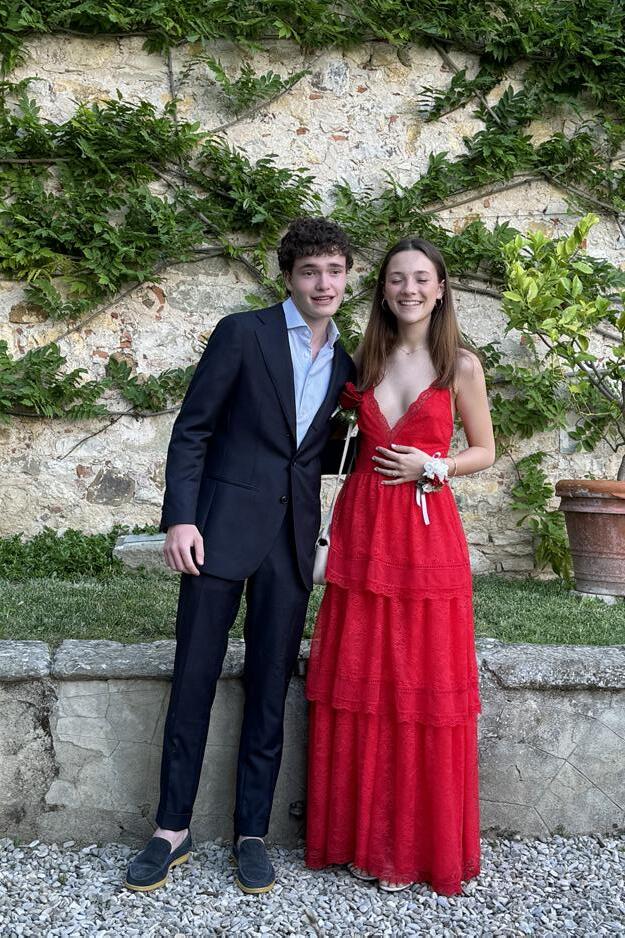
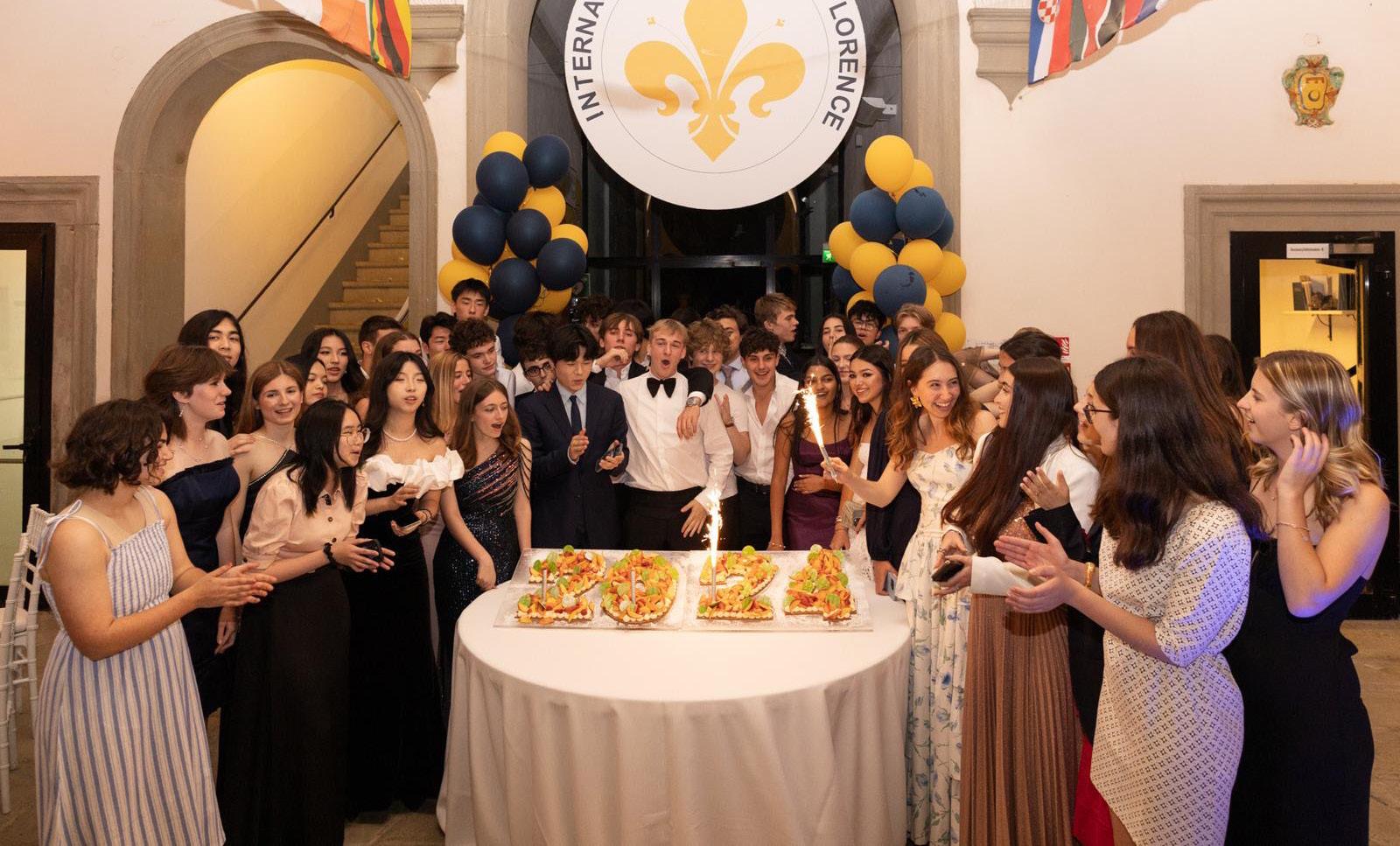
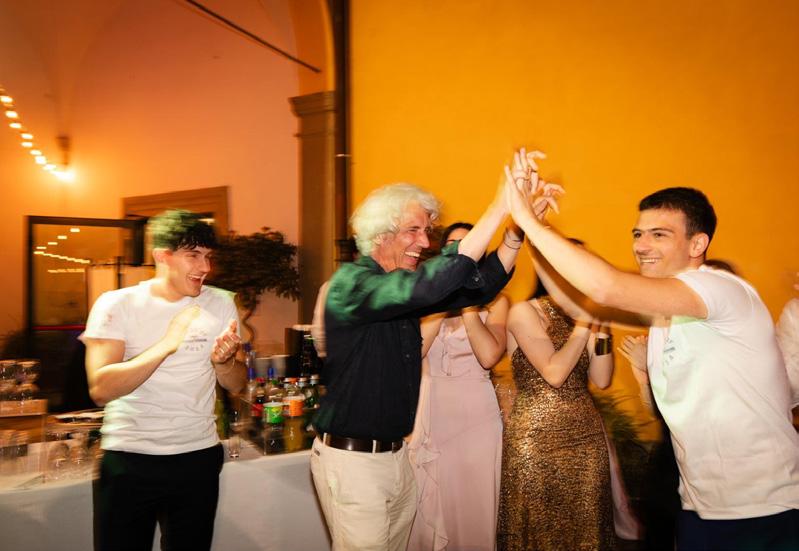
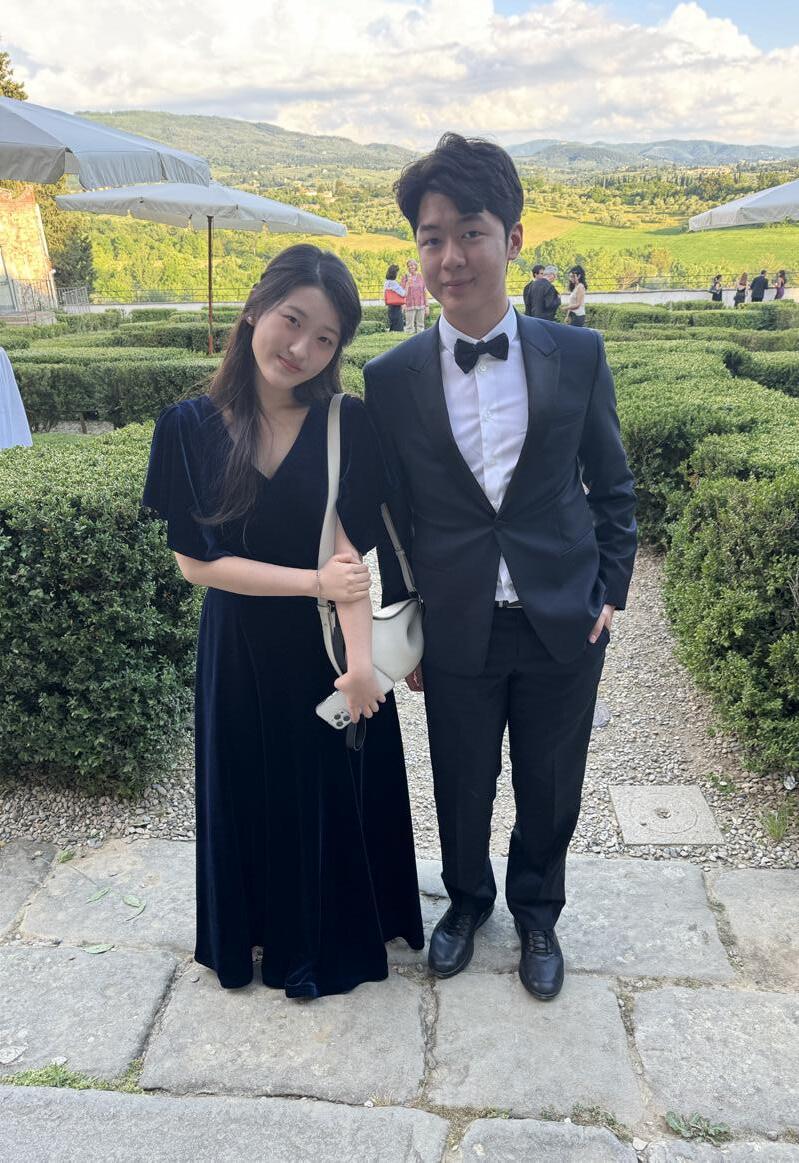
ISF JUNE 2024 NEWSLETTER 29
JUNIOR SCHOOL

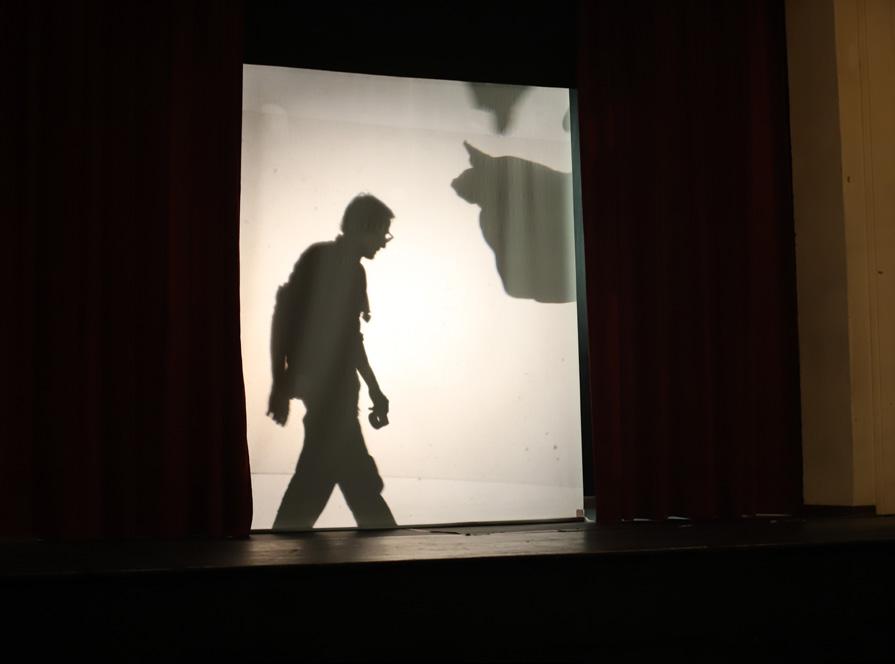
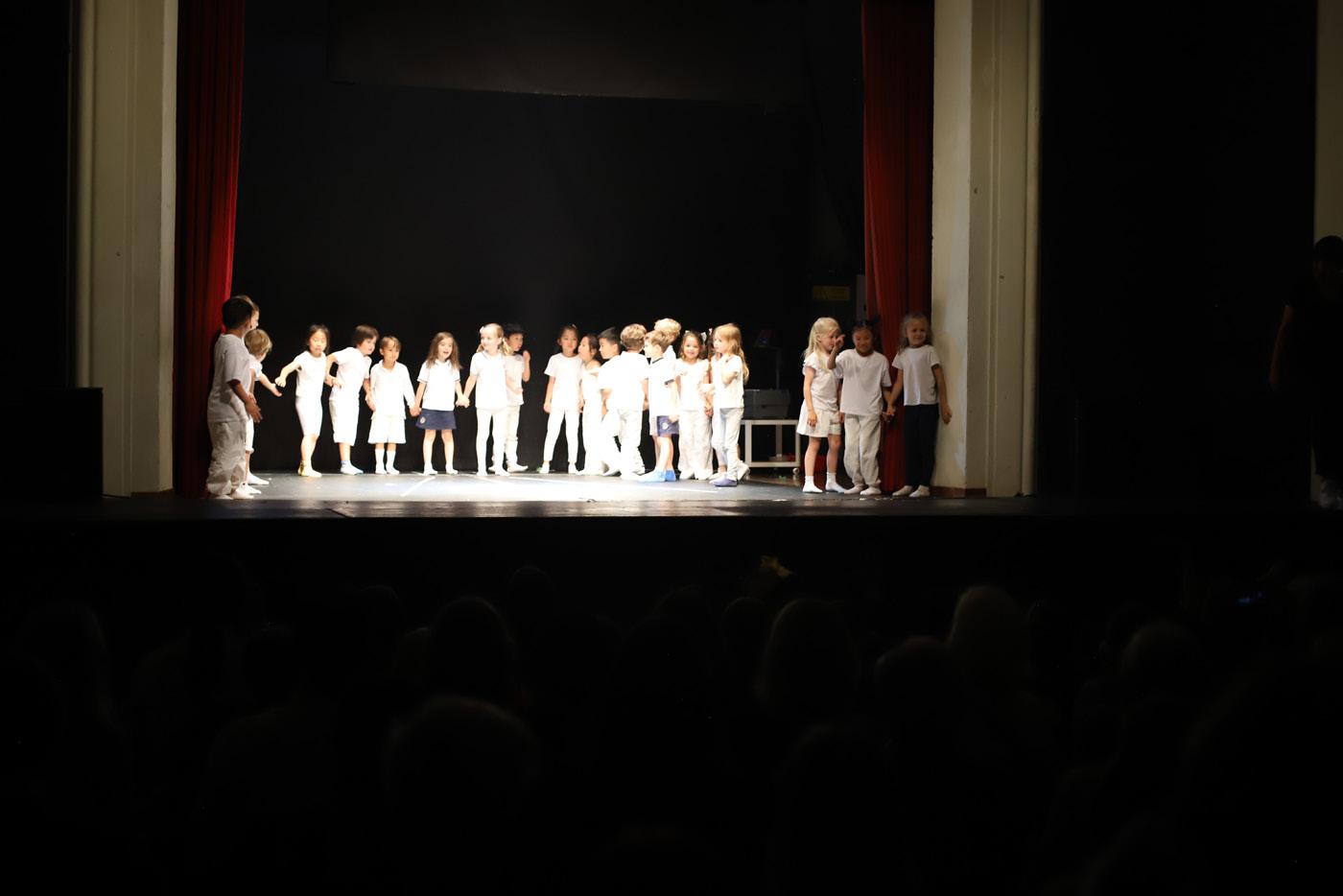
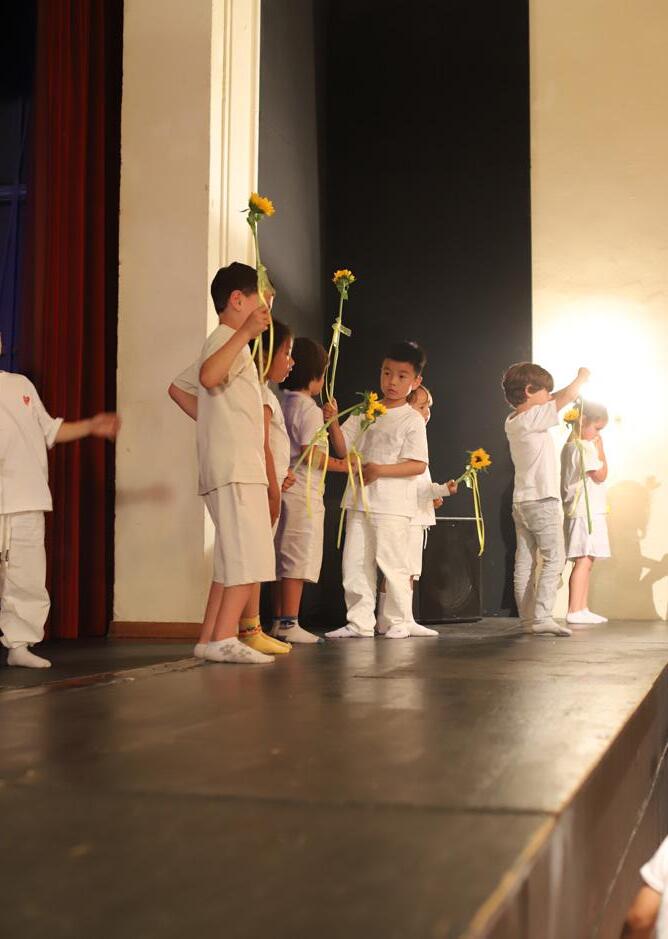
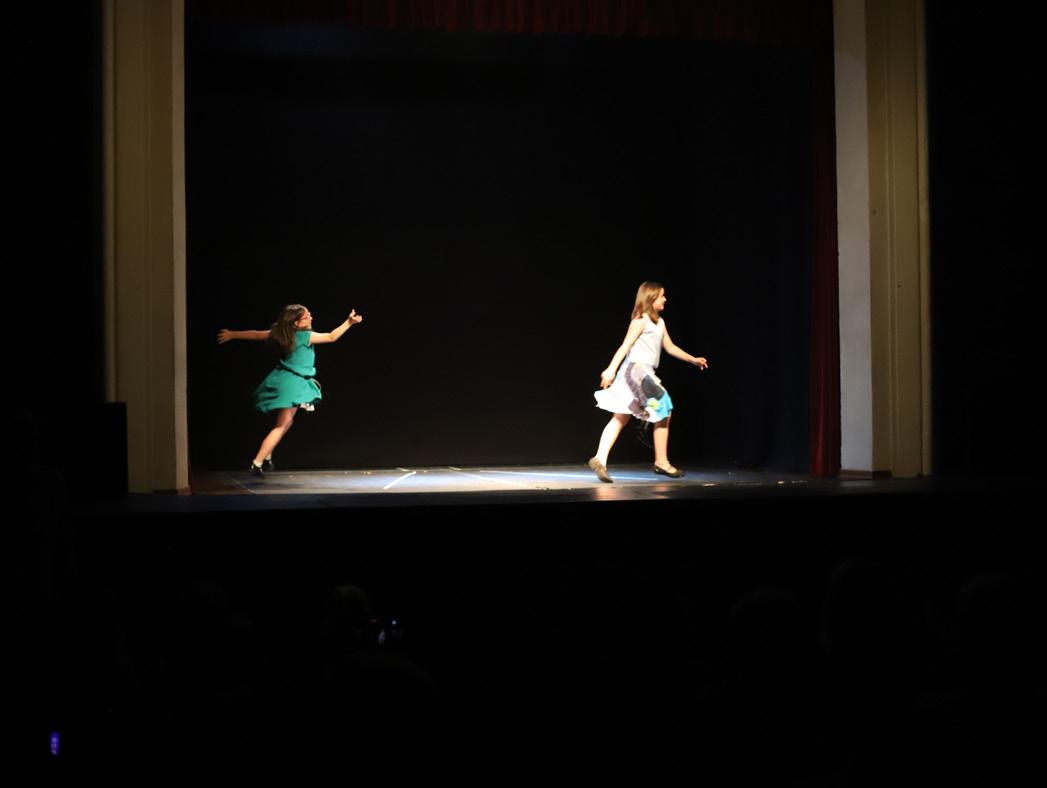
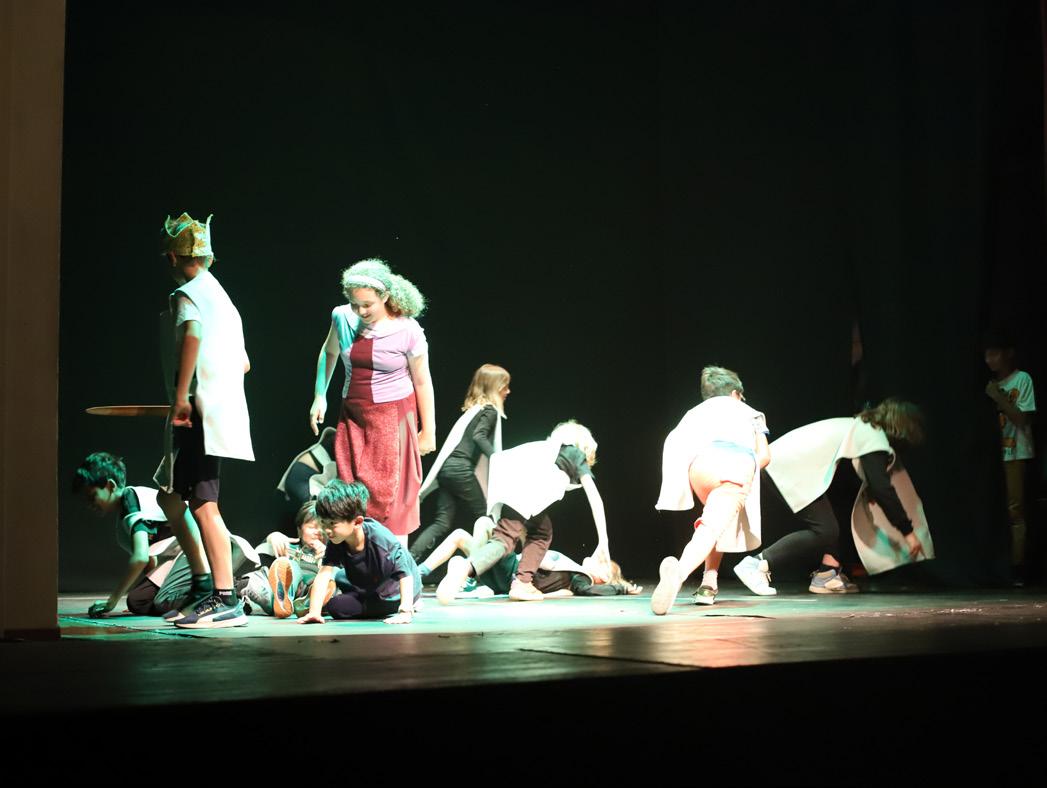
ISF JUNE 2024 NEWSLETTER 30
DRAMA PERFORMANCES

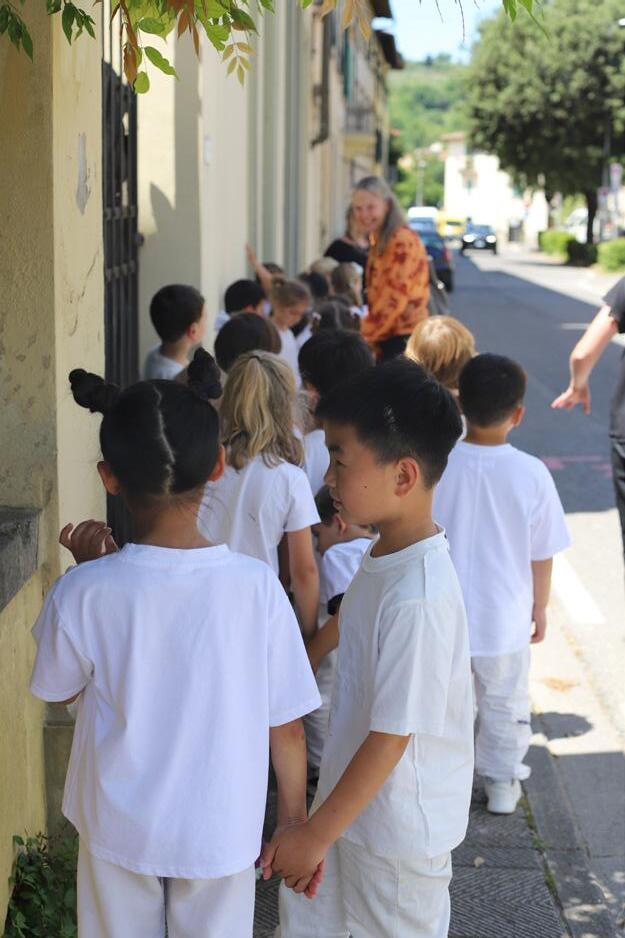
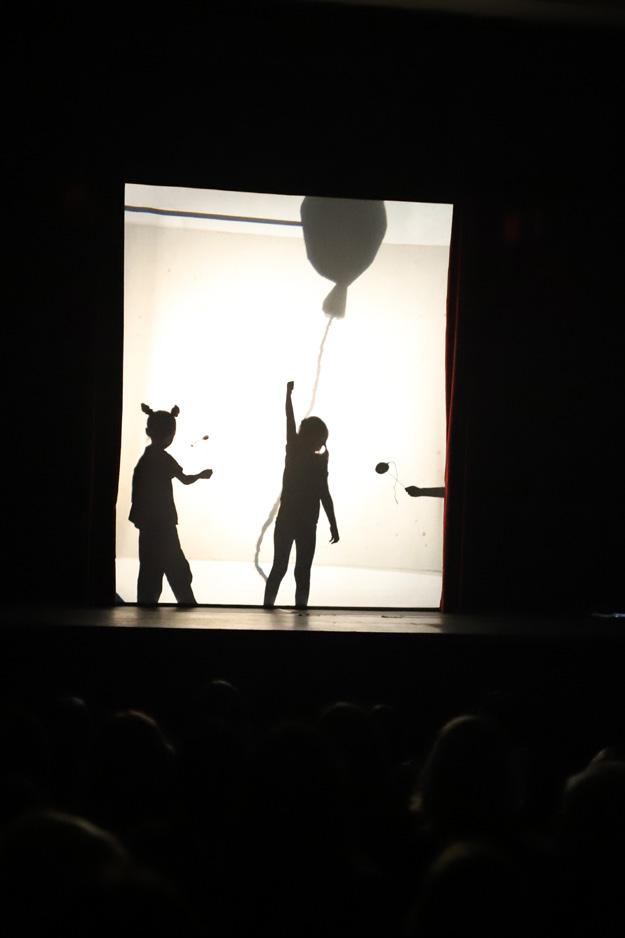
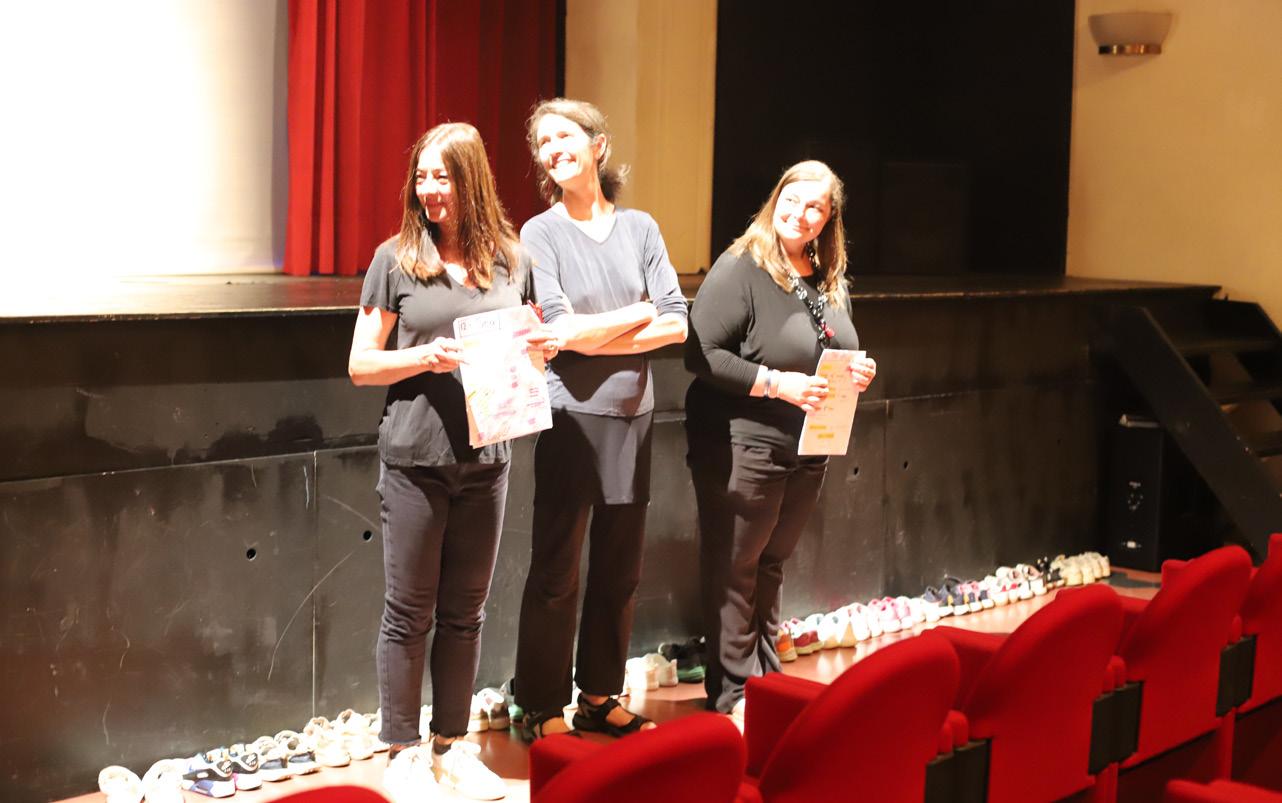
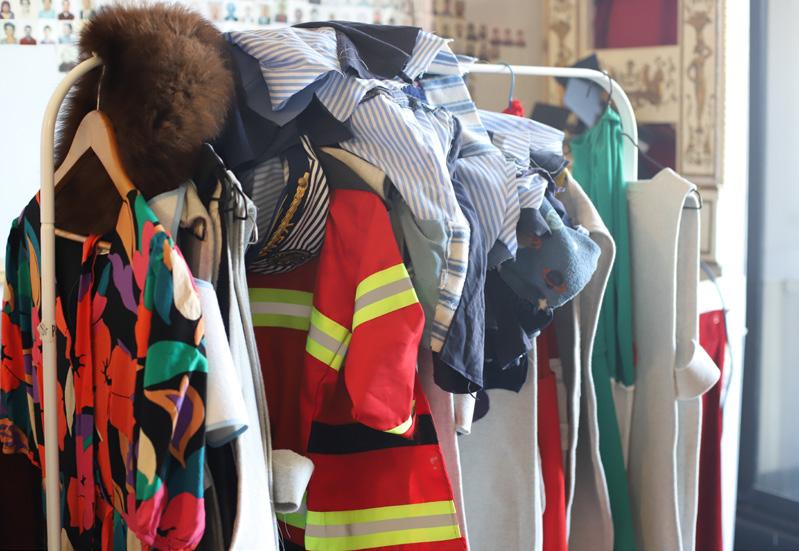
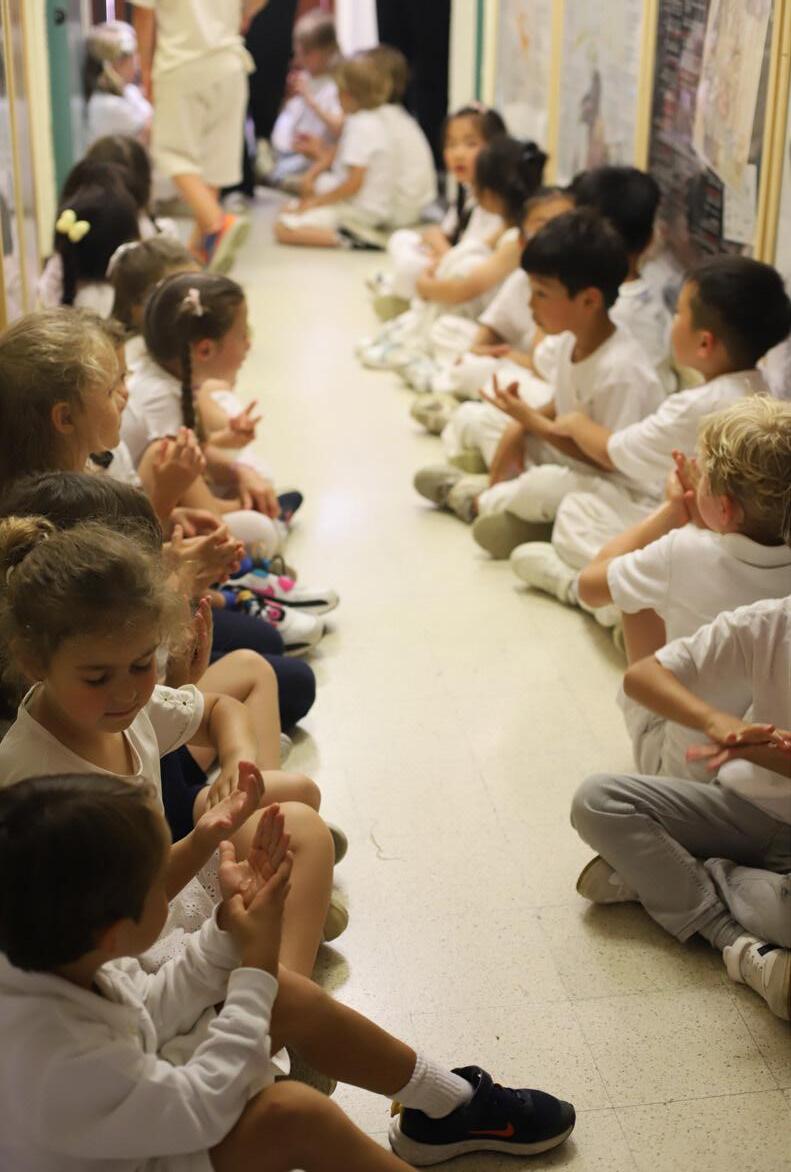
ISF JUNE 2024 NEWSLETTER 31
PE TEAM SCHOOL SPIRIT
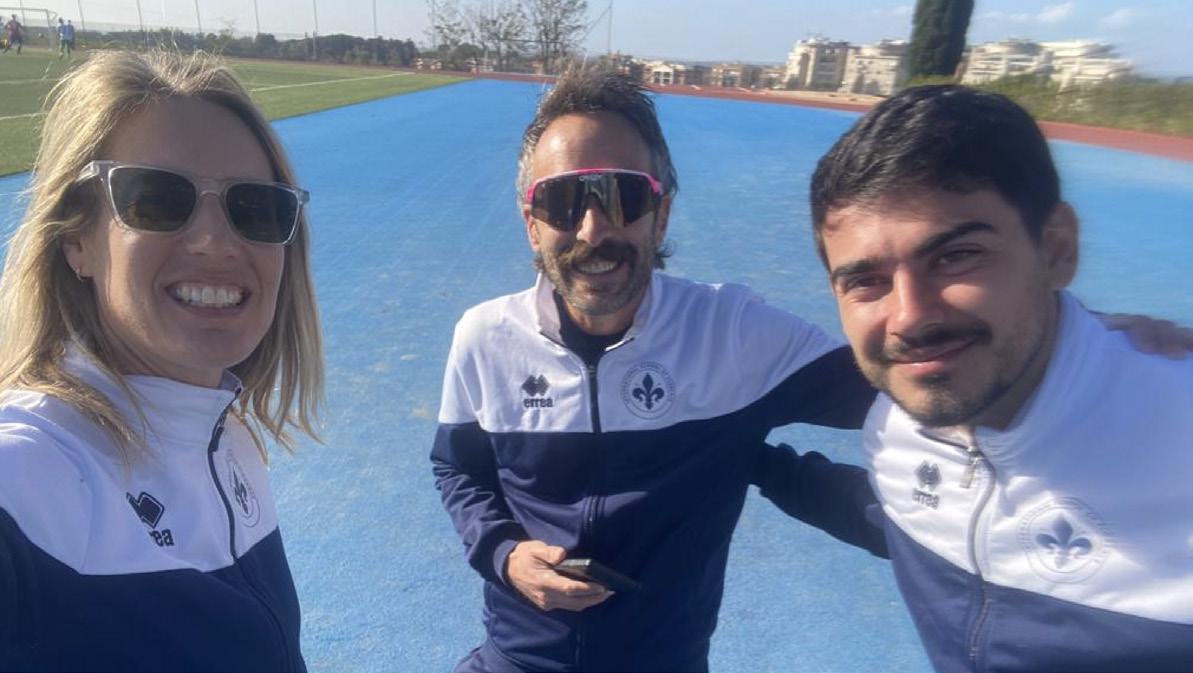
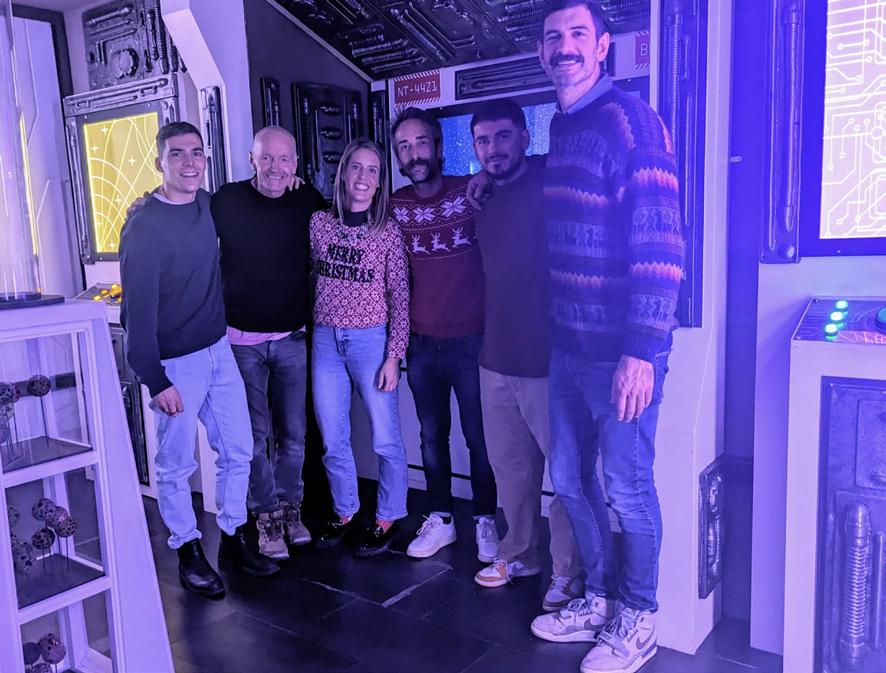
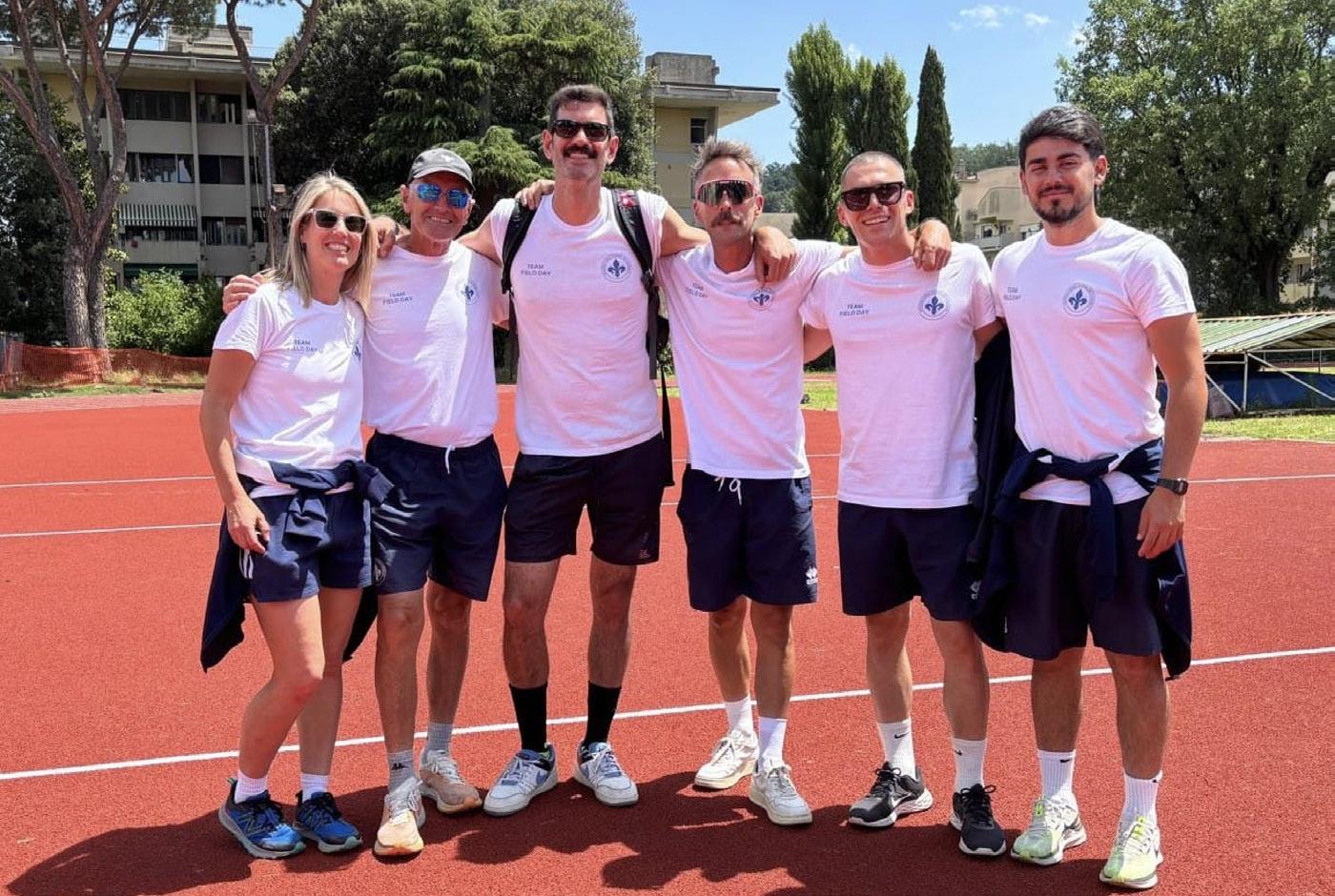
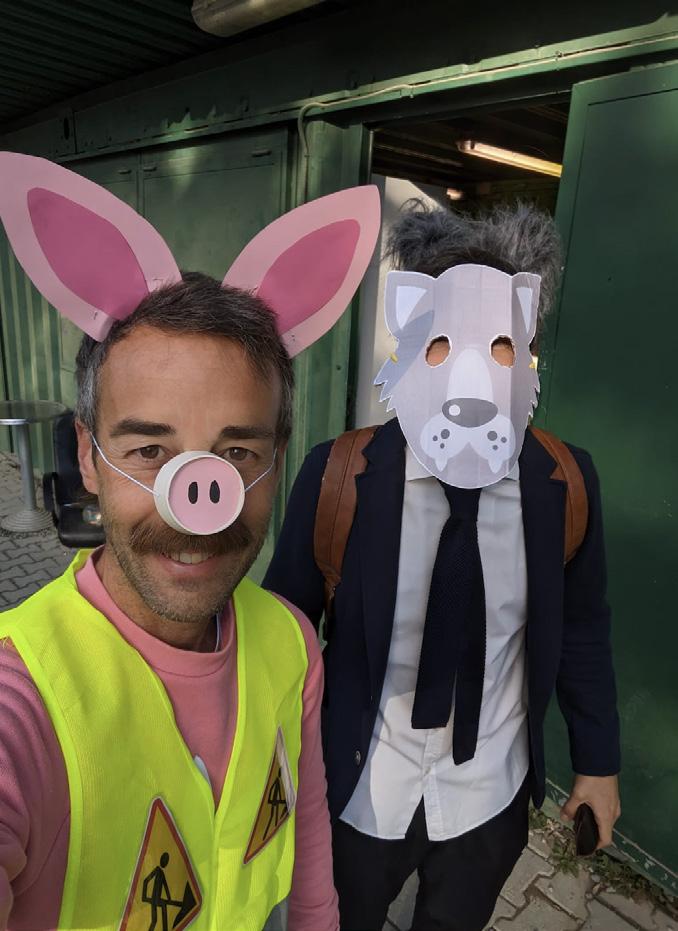
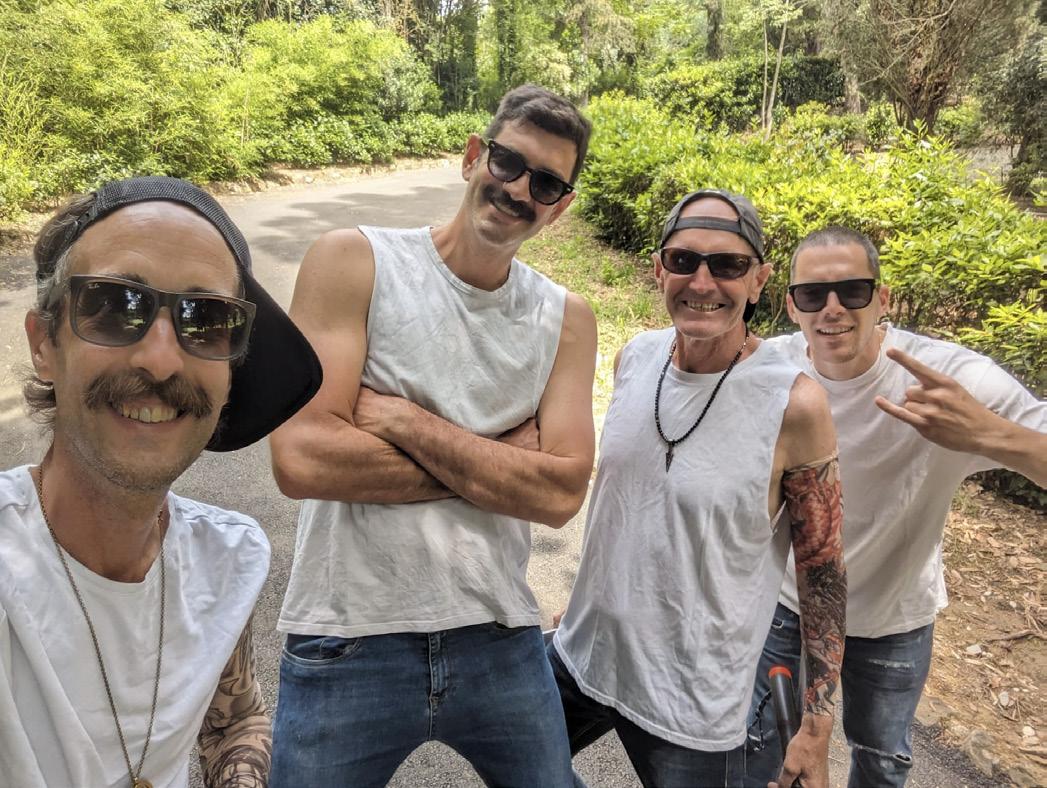
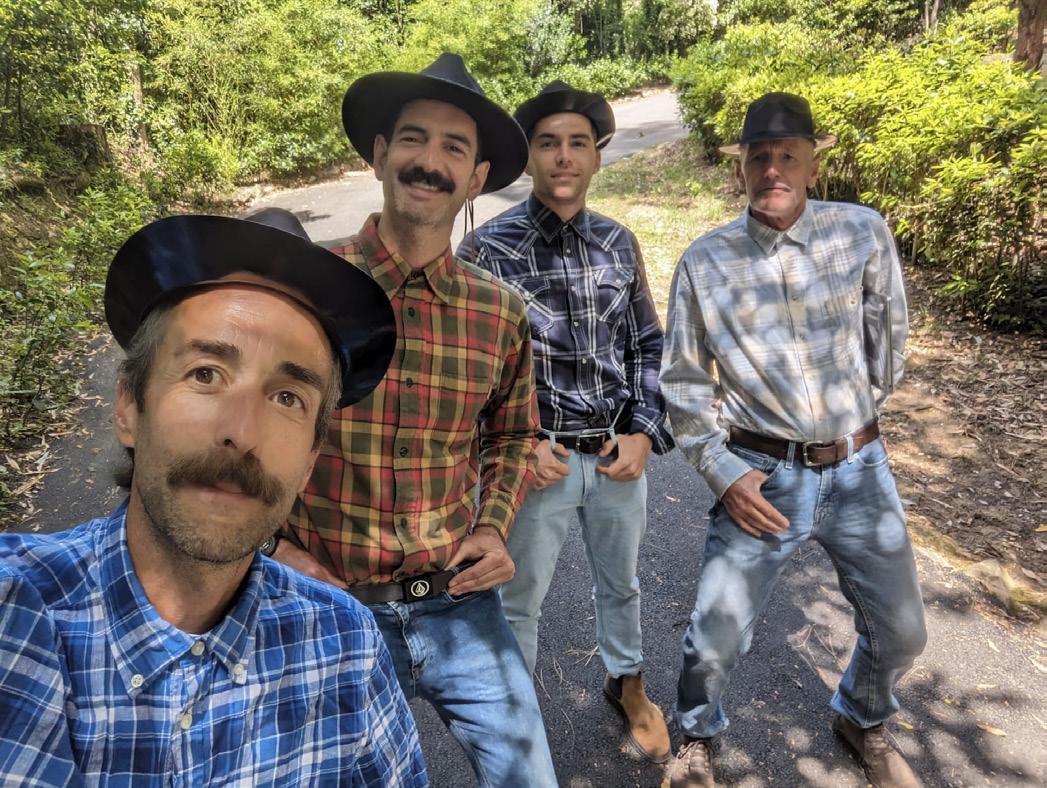
ISF JUNE 2024 NEWSLETTER 32
ISF GALA 2024
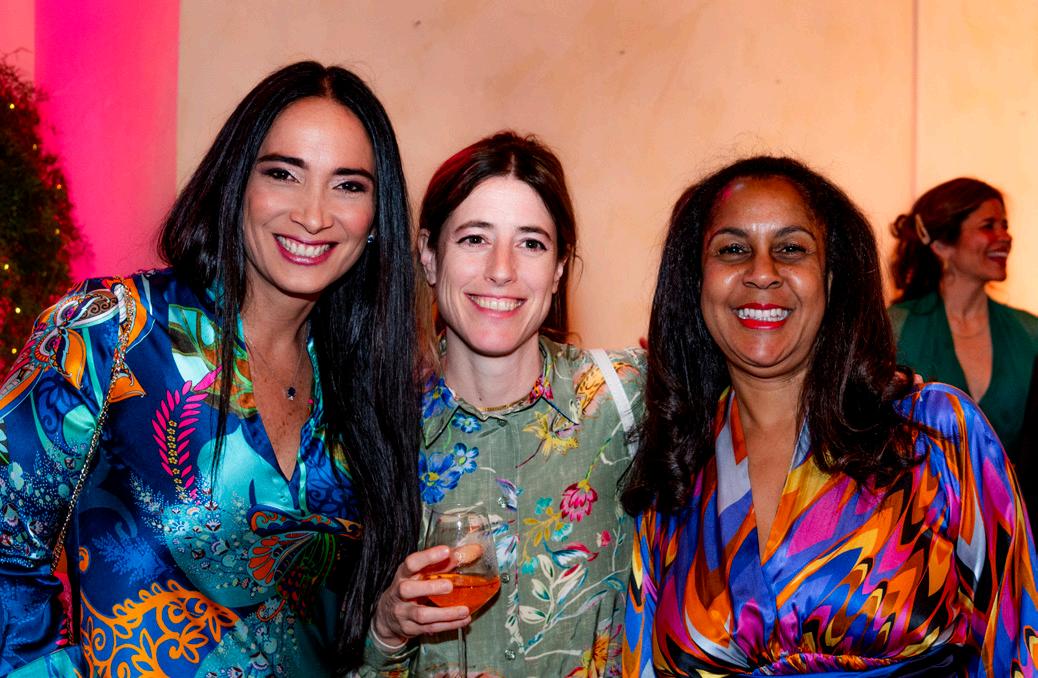
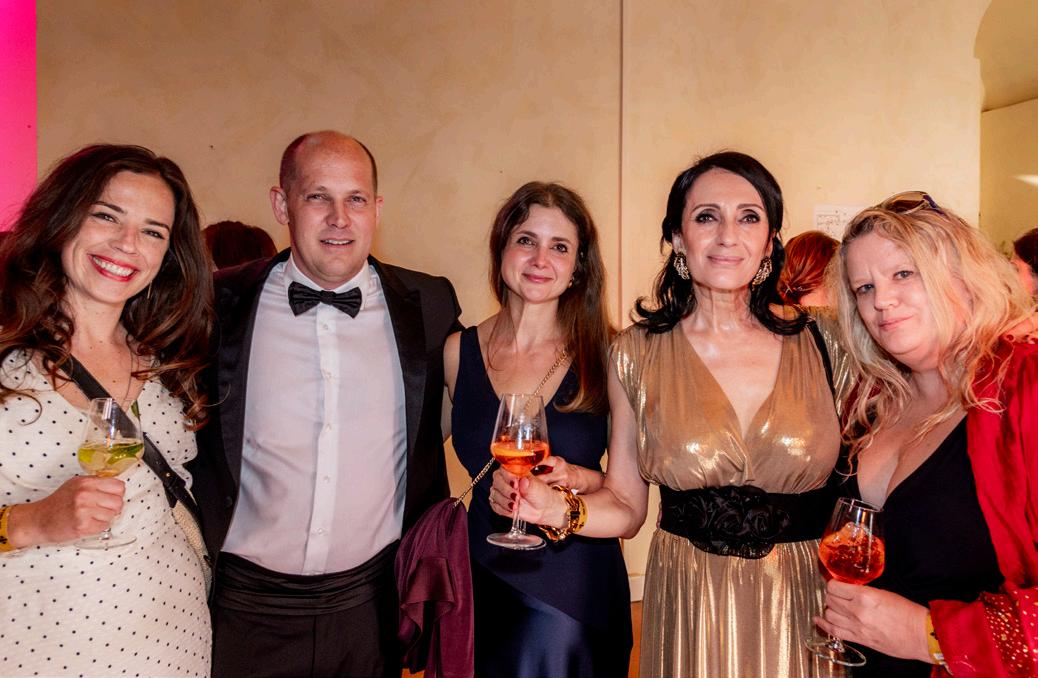
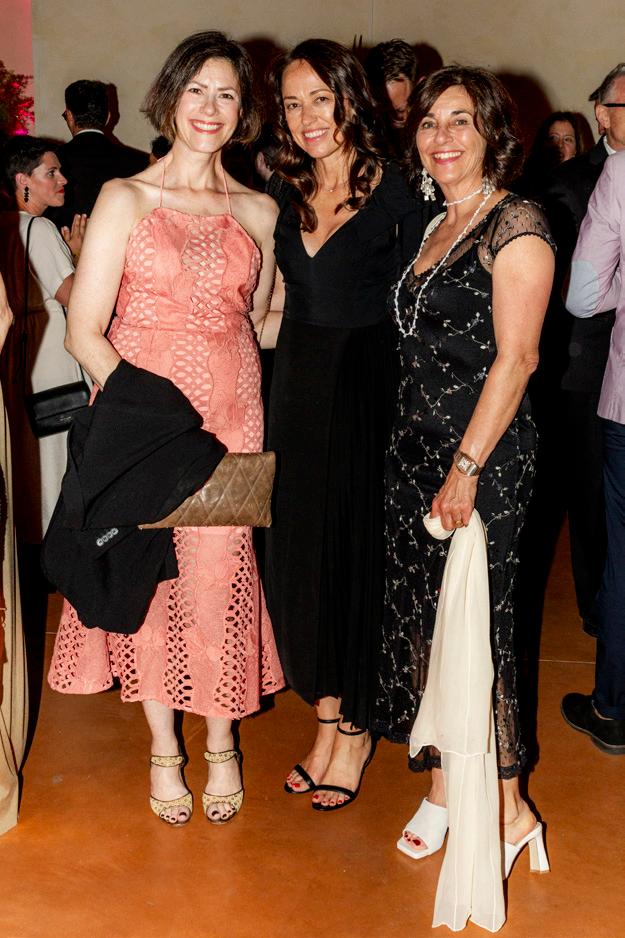
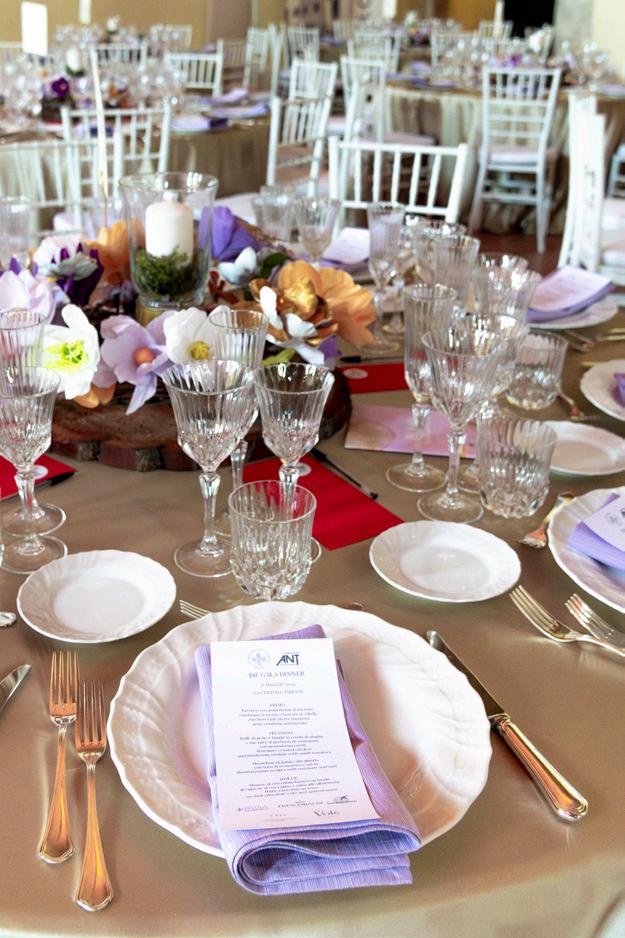

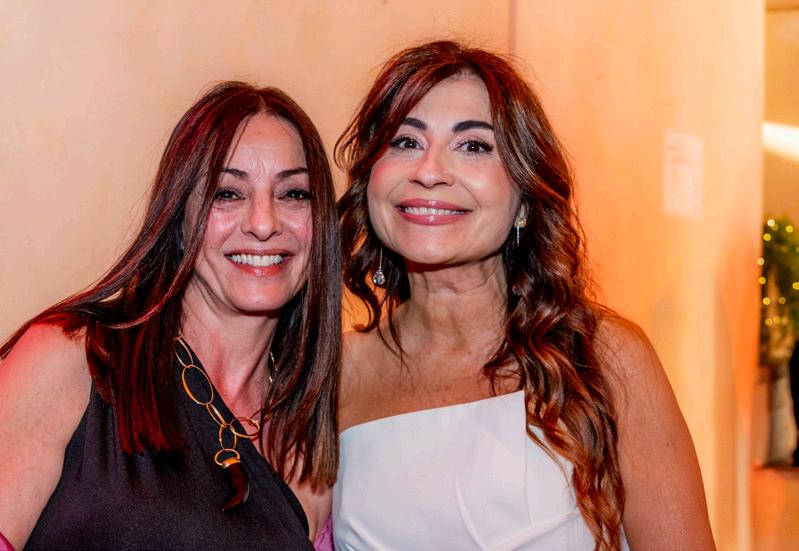
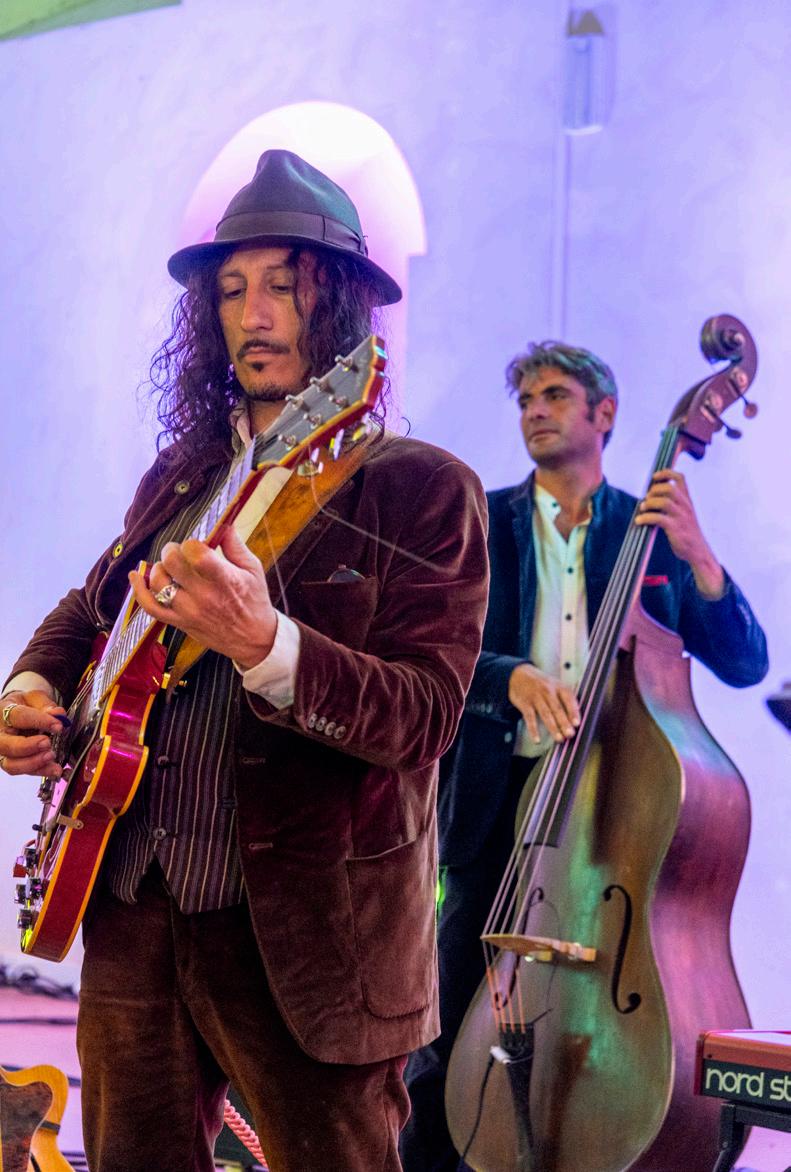
ISF JUNE 2024 NEWSLETTER 33
CONGRATULATIONS!
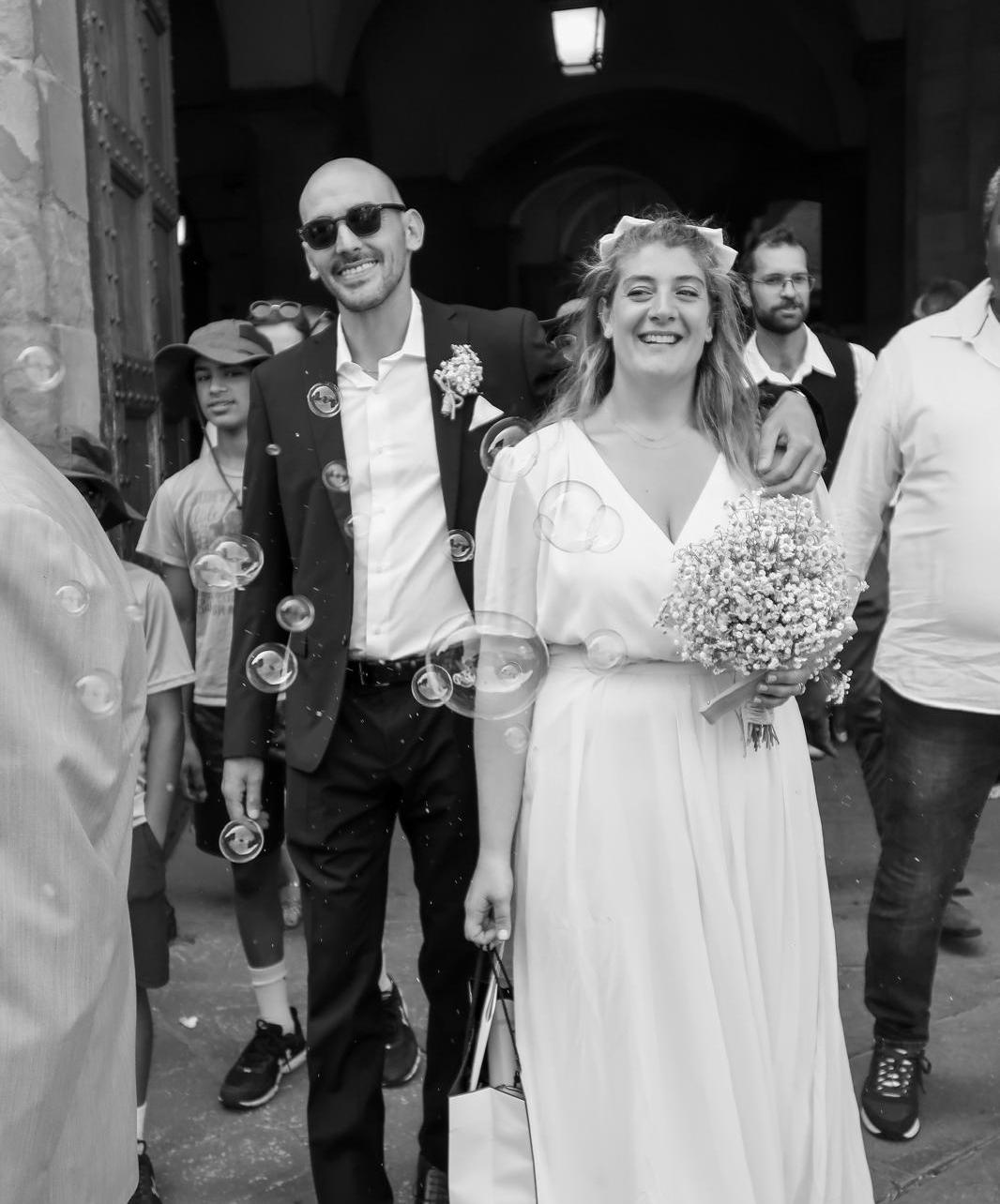
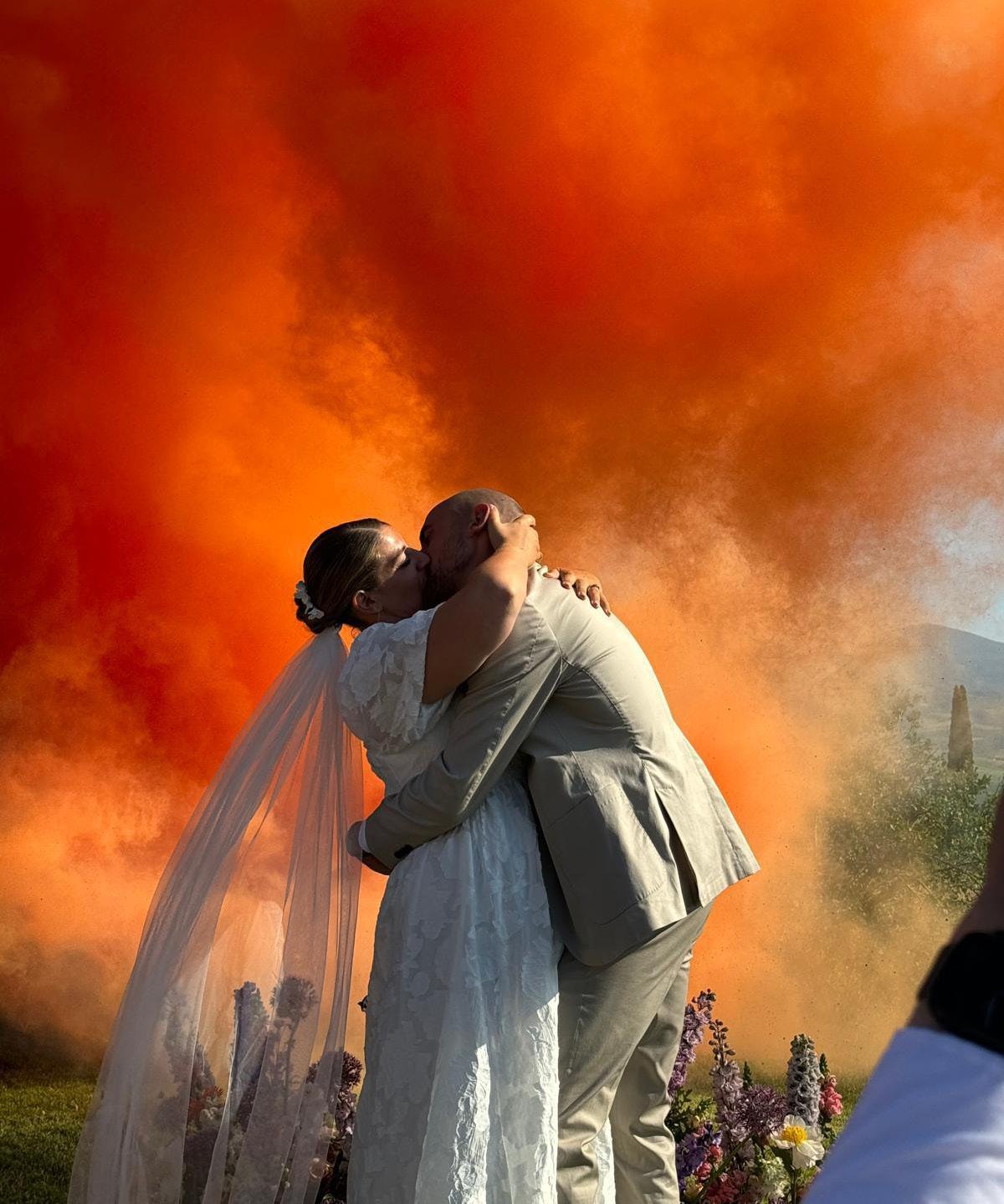

ISF JUNE 2024 NEWSLETTER 34
Sofia Gori married Filippo Di Cosmo on June 8, 2024 in the Sala Rossa at Palazzo Vecchio and again on June 15, 2024, surrounded by friends and family, in Val d’Orcia.
Chloe Zenaya Leone was born January 24, 2024!













































 ERIC IOVAN GRADE 6 SCIENCE (SALVADORI)
ERIC IOVAN GRADE 6 SCIENCE (SALVADORI)






































































